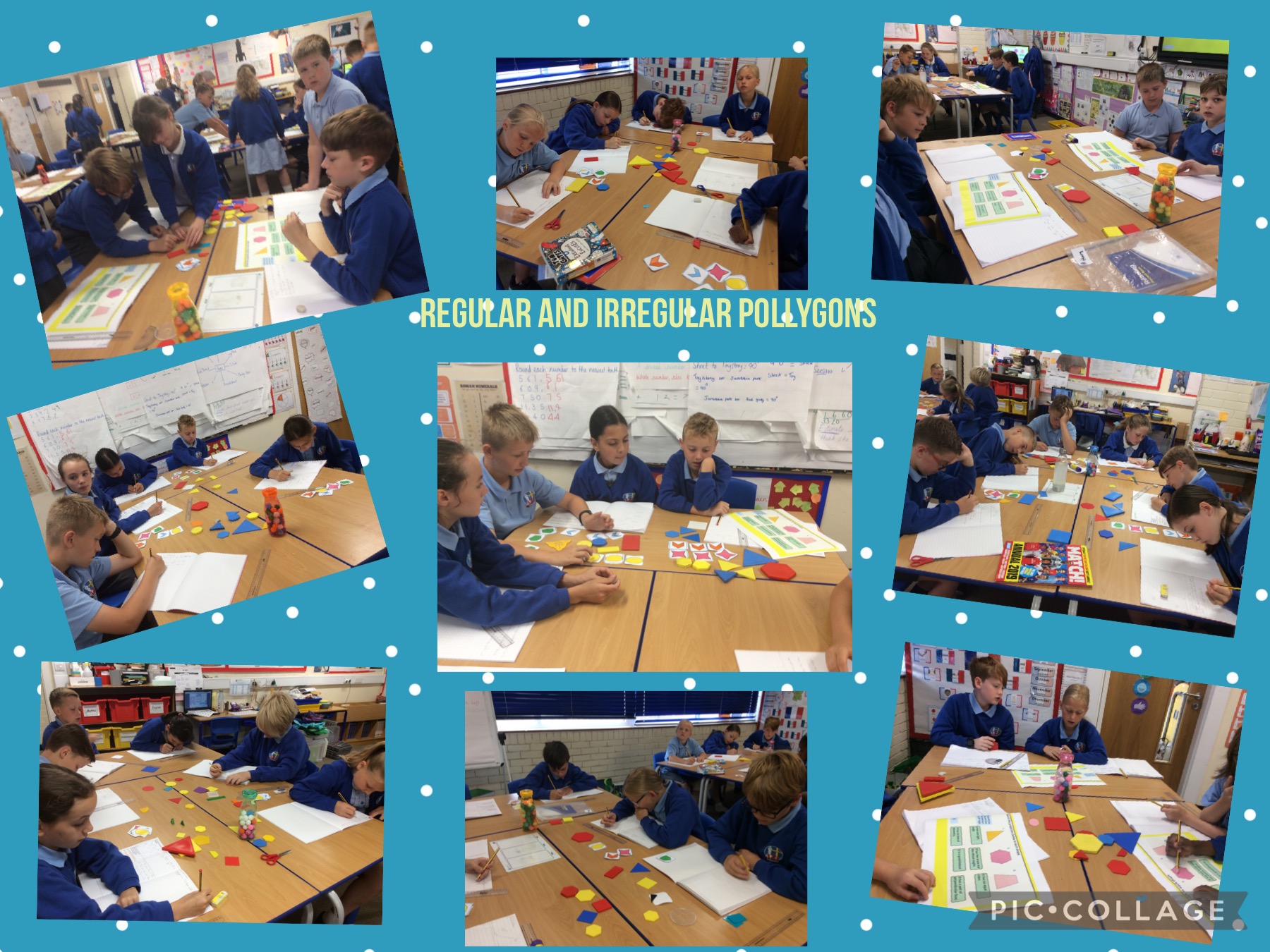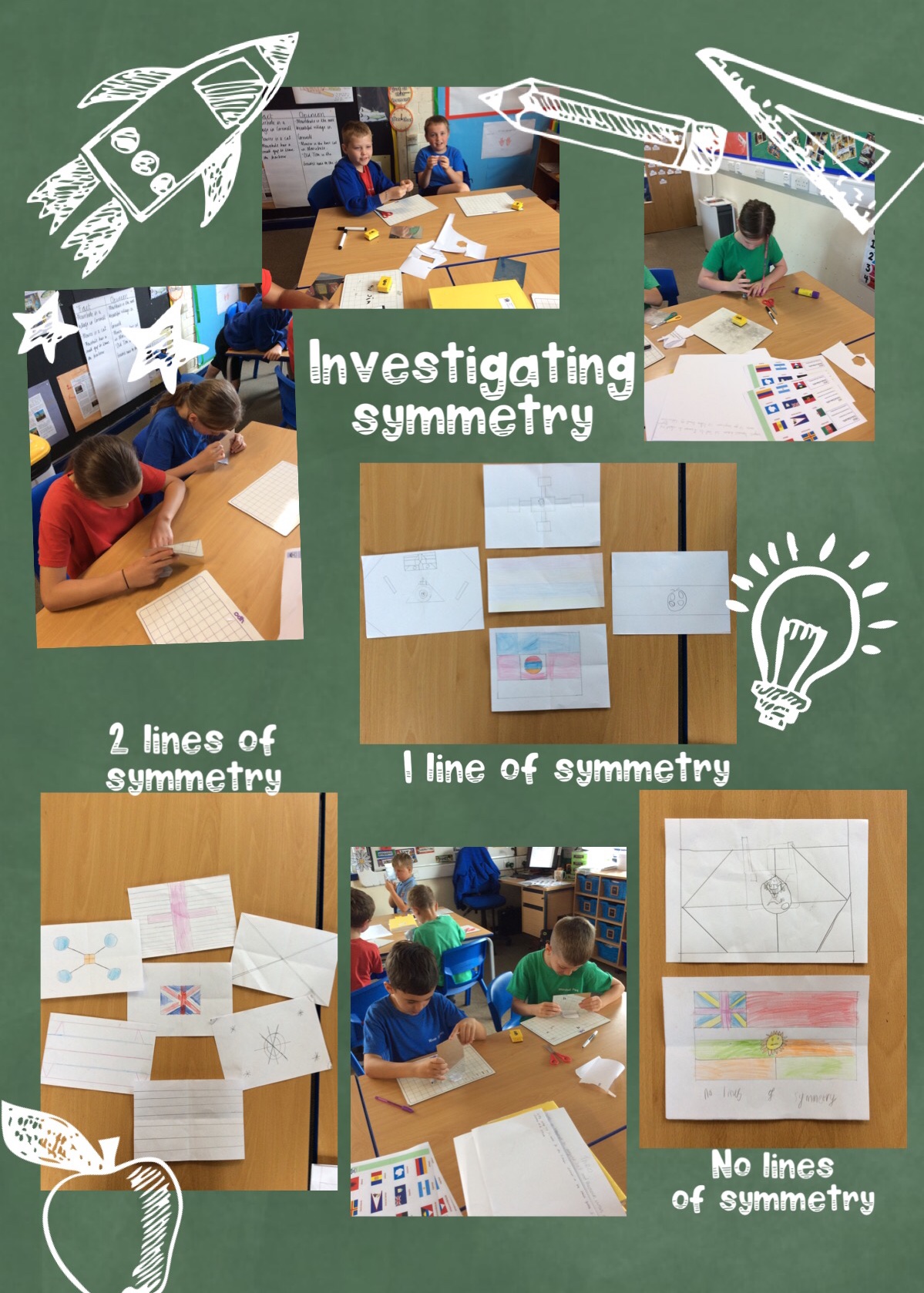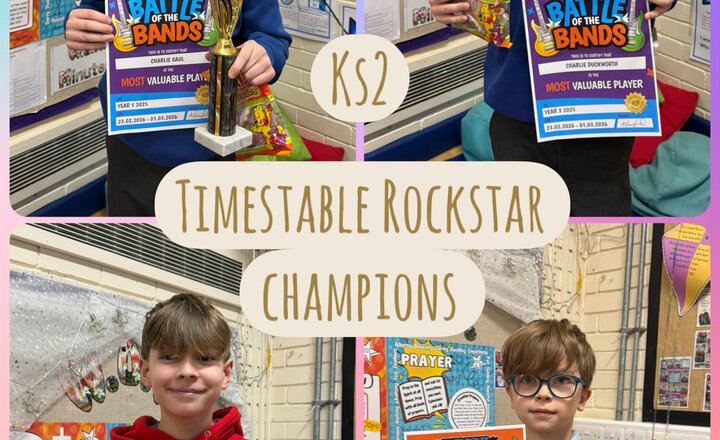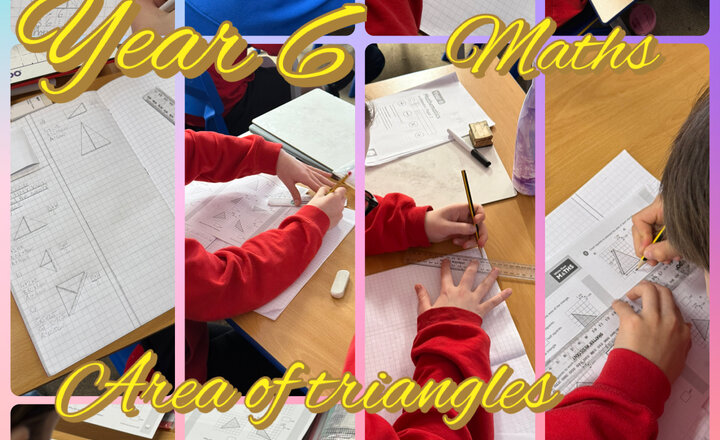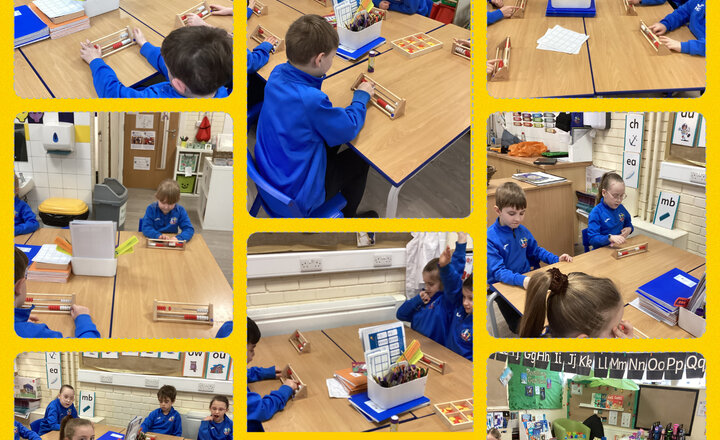Maths
.jpg)
Mr Bloomfield
Maths Subject Leader
Mr Bloomfield is our Maths Subject Leader. He has been working closely with our local Maths Hub to develop Mastery Maths teaching across our school. Mrs Fairclough, an accountant is our Maths link governor.
At St Barnabas we use White Rose as a basis of our maths lessons. This is an exciting class mastery approach, which has been recommended by the DfE, that works for every child. It is based upon the concrete, pictorial and abstract approach.
Every lesson is divided into sections that involve plenty of discovery, sharing, collaboration, practice and reflection. Children are encouraged to solve problems each day through the use of concrete resources, pictorial representations and abstract thinking.
For all the latest Maths learning news, please click here.
Intent
Our overarching aim at St Barnabas is for our pupils to achieve great things and live life in all its fullness. Offering a well-rounded and balanced curriculum is one way we work towards achieving this and Mathematics provides the perfect platform for children to achieve great things and explore what living a full life might look like for them and the people around them. At St Barnabas, we believe that success in maths is possible for every child and are therefore guided by the Mastery Principles that are set out by the NCETM (National Centre for Excellence in the Teaching of Mathematics). These are: representation and structure, mathematical thinking, fluency, variation and coherence. However, we think that mastery of anything takes time. It is our intention to develop our children’s knowledge, skills and vocabulary to enable them to use maths in their everyday lives, now and in the future. Therefore, mathematics forms an important part of our broad and balanced curriculum where we endeavour to ensure that children gain an enthusiasm for maths that will stay with them throughout their lives and empower them to become critical thinkers. Mastery is a journey! We are confident that if we deliver the curriculum in small, coherent steps and become more fluent by mastering the fundamentals of number, then children’s working memory will be freed up in order to tackle more challenging concepts. Courage, trust and encouragement are just some of our gospel values that are at the forefront of the delivery of our curriculum. The children must have the courage to tackle challenging concepts; they must trust in their own ability and encourage each other and embrace making mistakes, as this is how we learn.
Implementation
In EYFS, our children learn from the NCETM mastering number scheme which aims to develop good number sense for all children. Each week, the children are exposed to new learning during taught sessions which is further embedded through continuous provision. In year 1 and 2, their number sense is developed further by participating, each week, in four 10-15 minute mastering number sessions.
From year 1 to year 6, we use the White Rose small steps as the basis of our planning, but lessons are adapted to the needs of the children. Our maths curriculum is also supported through the implementation of other mastery resources. This enables us to break down the teaching sequence into small achievable steps and apply the CPA (concrete, pictorial, abstract) approach effectively. Within daily teaching, the children will be exposed to stem sentences and modelling from the class teacher. In doing so, children will be exposed to mathematical talk that will improve their ability to reason and problem solve. Where children require additional support, ‘scaffolds’ are used to support children further to ensure that they have secured the small step before moving on. These ‘scaffolds’ may be in the form of returning to concrete resources or pictorial representations although there should be a clear exit strategy to avoid the children becoming reliant on these. For children who understand a concept quicker, variation should be used to deepen and challenge learners further within the curriculum area.
Progression documents such as our calculation policy and fluency policy are carefully used. Our calculation policy ensures that children are not being stretched outside of their year group, but rather deepened within it. Our fluency policy means there is a clear pathway through school and staff are aware of the mental strategies they should be teaching and the number facts that children should rapidly recall. It also details which times tables should be covered in each year group with the hope that all children will be able to rapidly recall up to 12x12 by the end of year 4. Effective transition meetings are carried out at the end of the school year so that new teachers can make a judgement about their starting points. If units have not been covered in their entirety, staff will make sure the children are at least ‘ready to progress’ to the next year group.
Daily assessment is incorporated throughout the lesson through live and verbal feedback. Where children require additional support, interventions should take place so that they are ready for the next ‘small step’. Termly PUMA assessments are used as a diagnostic tool to ensure that teachers are adapting learning to meet the needs of all children and standards in the subject are clear and backed up with reliable data.
Impact
By the end of Year 6, transitioning to secondary school, we aspire that a St Barnabas mathematician will have a deep, long-term, secure and adaptable understanding of the subject. These will have been underpinned by the C-P-A process so children understand rather than just repeating a process, which ultimately will allow children to identify when answers do not make mathematical sense. Children will be able to apply these calculation skills and understanding of other areas to become confident and resilient problem-solvers even when they don’t have a well-rehearsed, ready-made method and will have the ability to articulate their mathematical thinking.
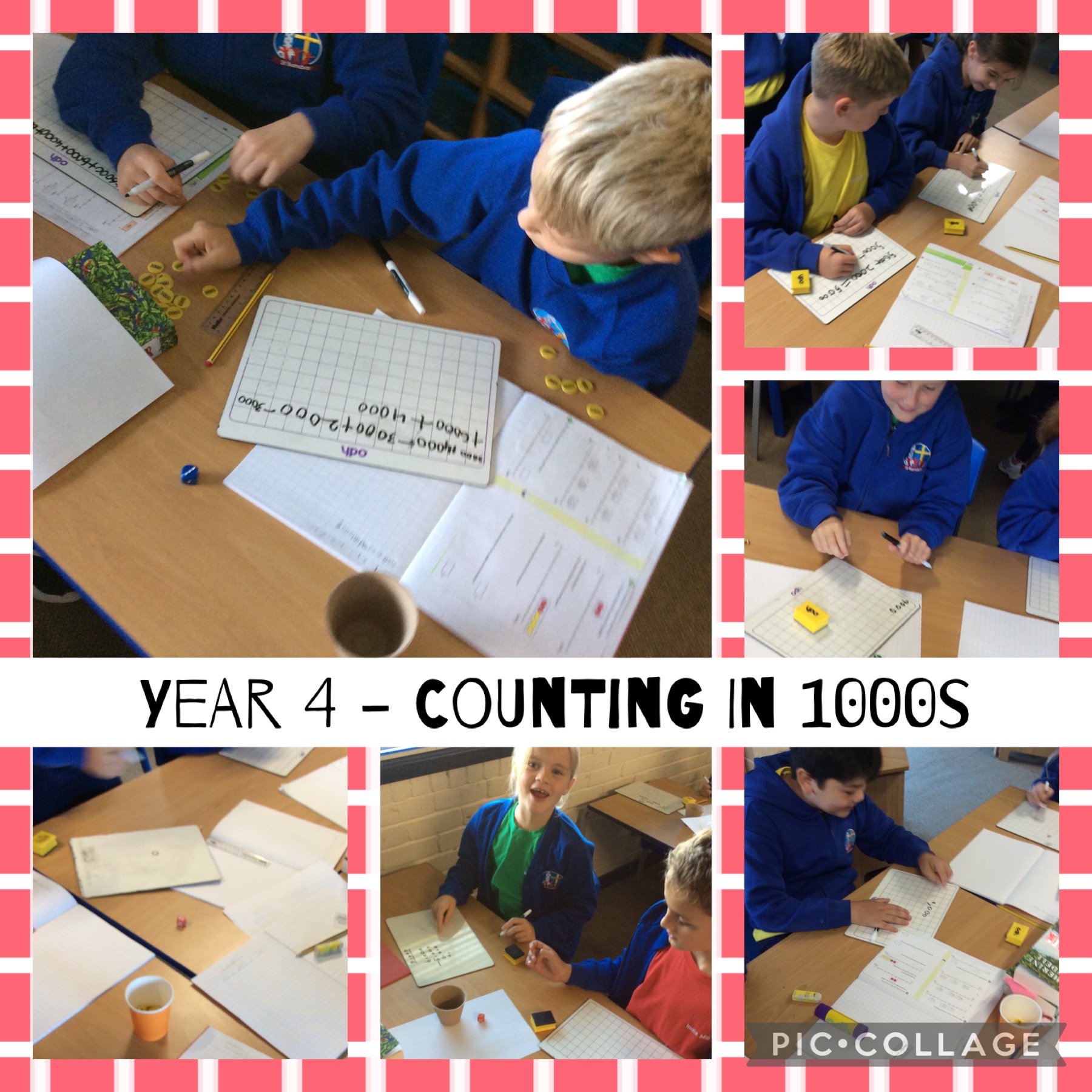
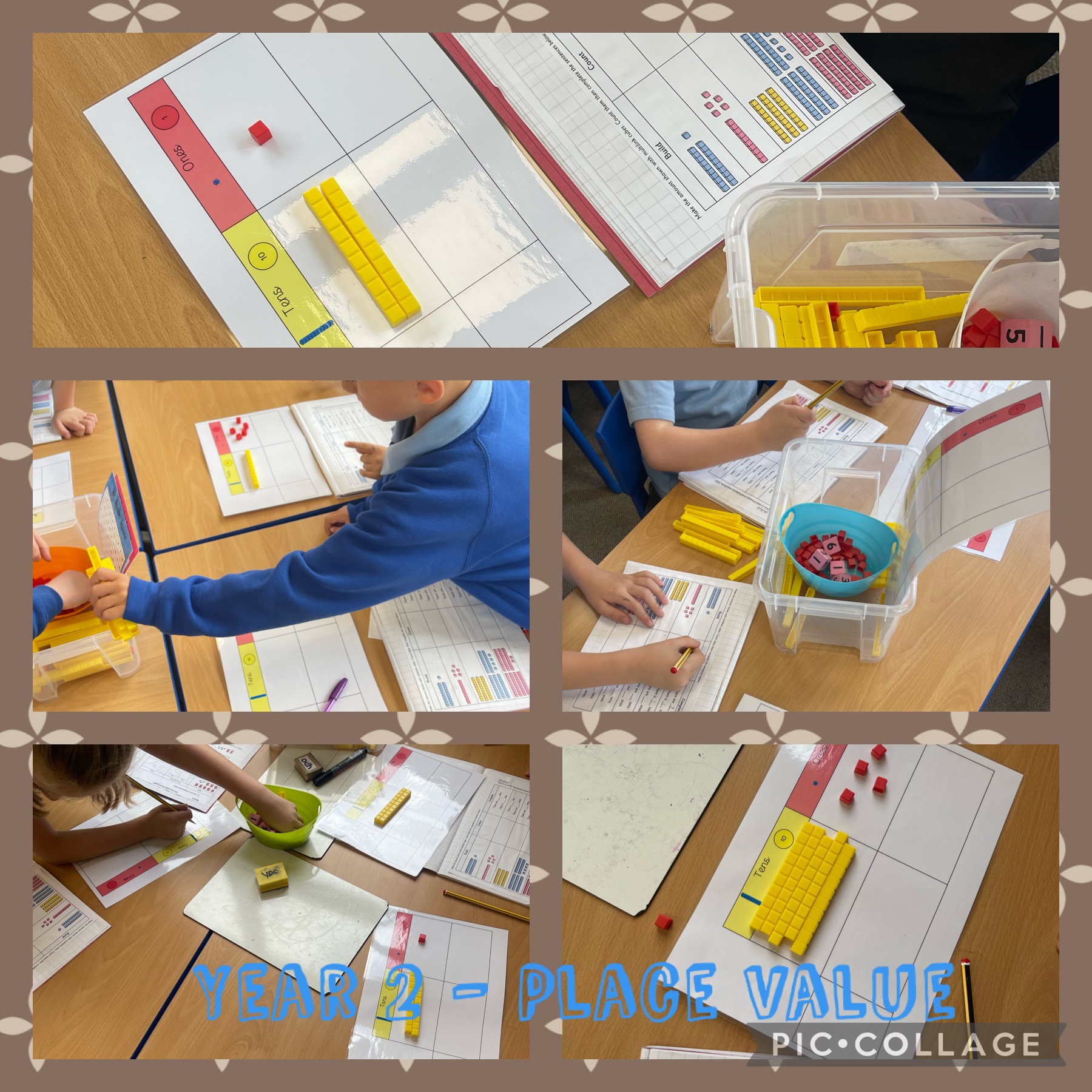
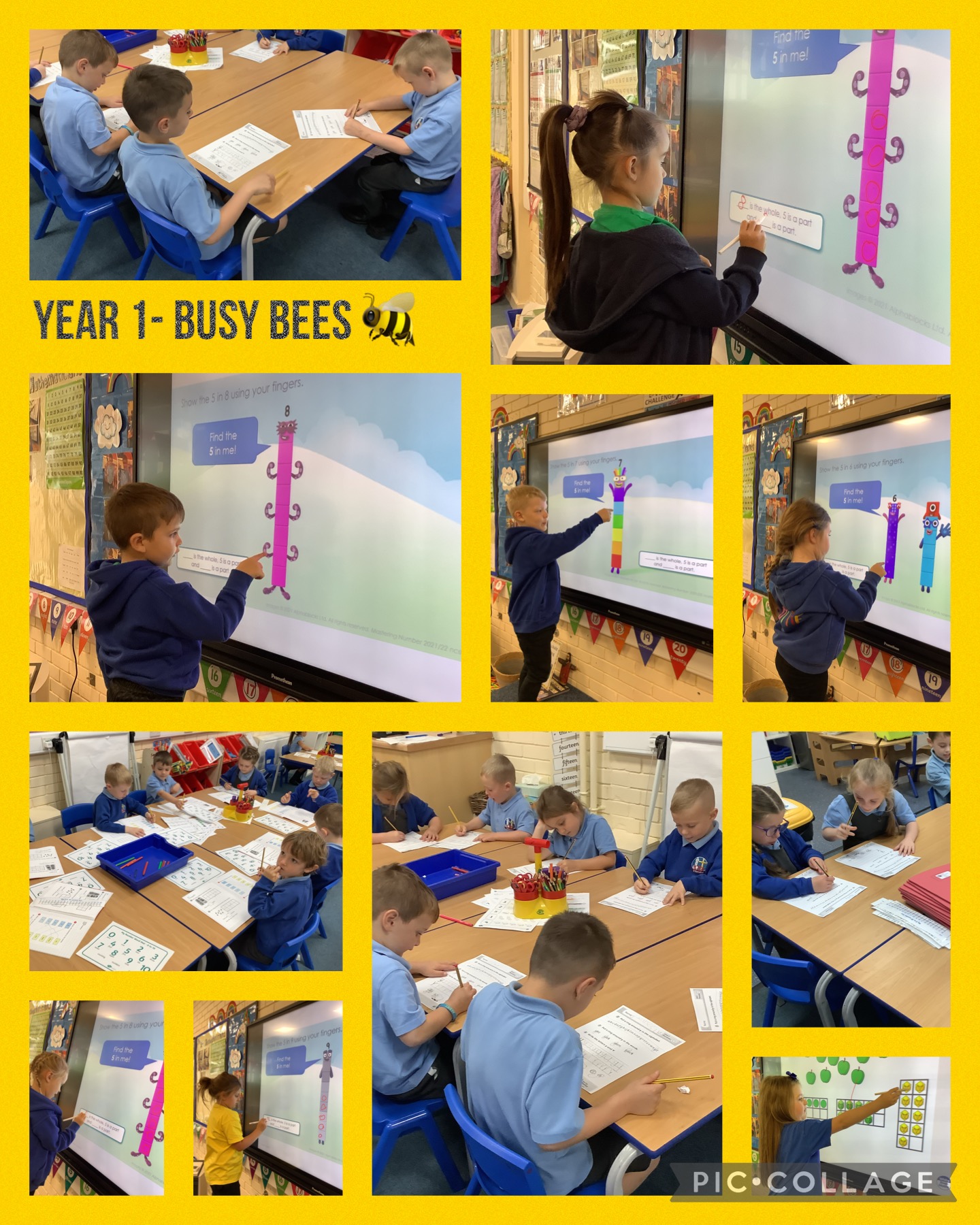

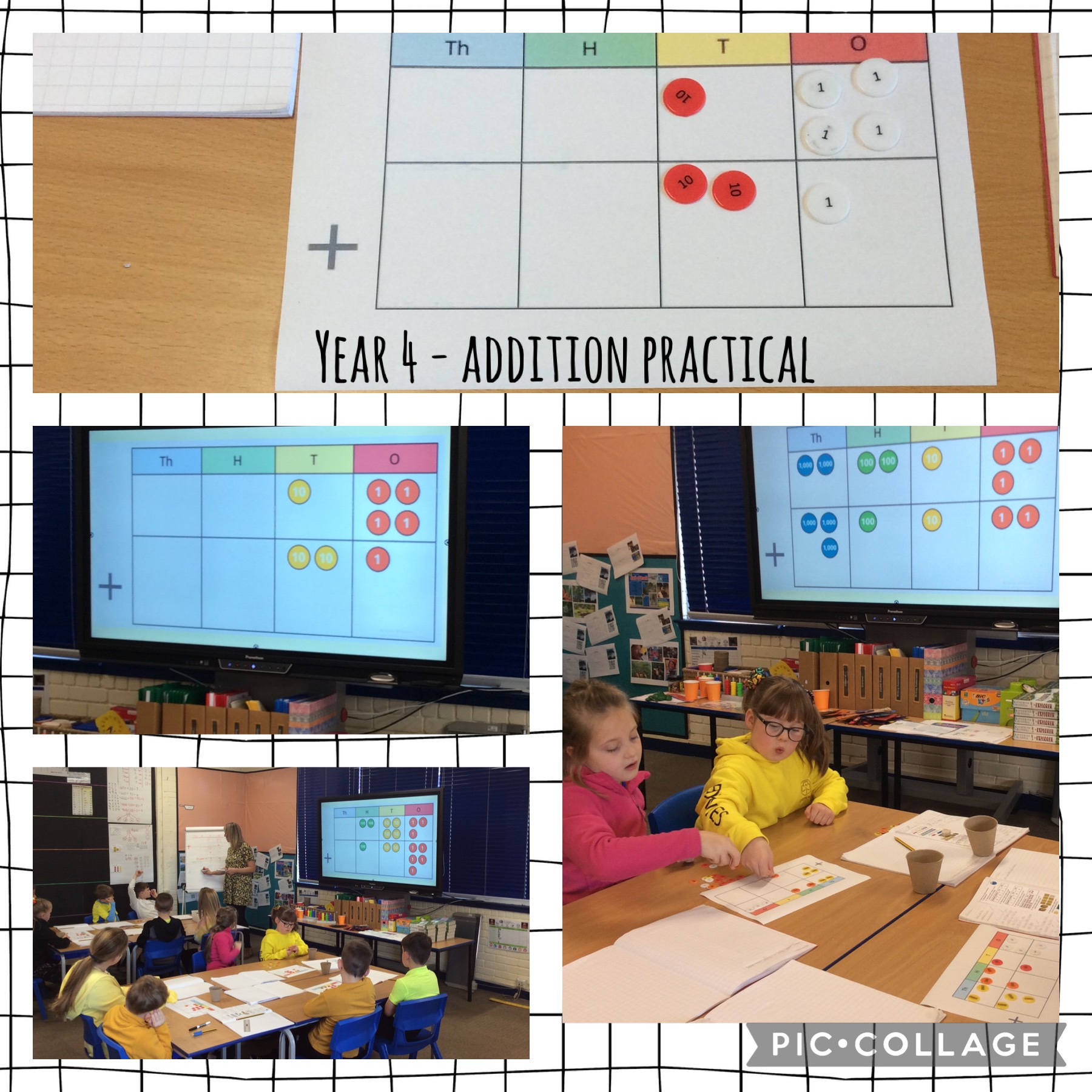
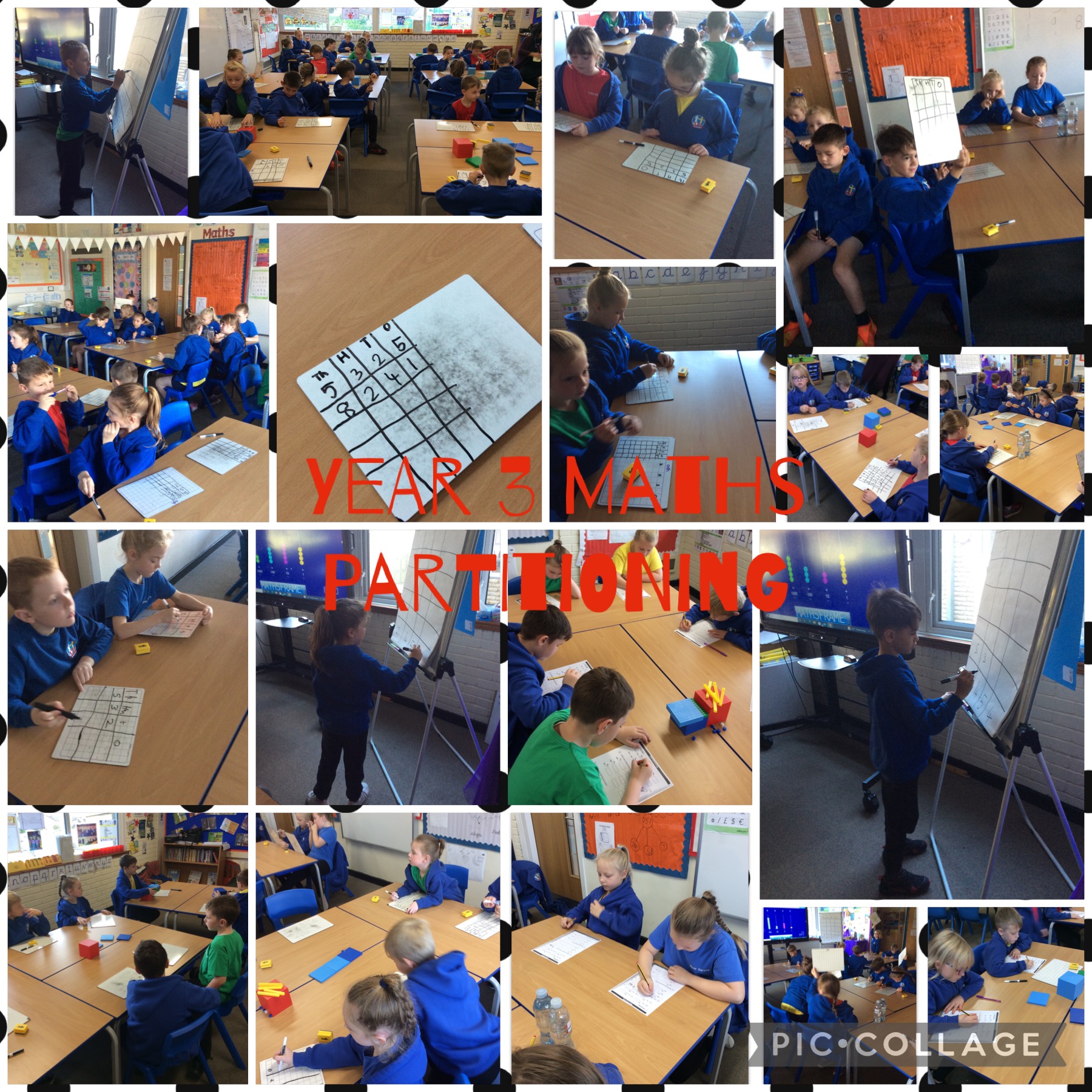
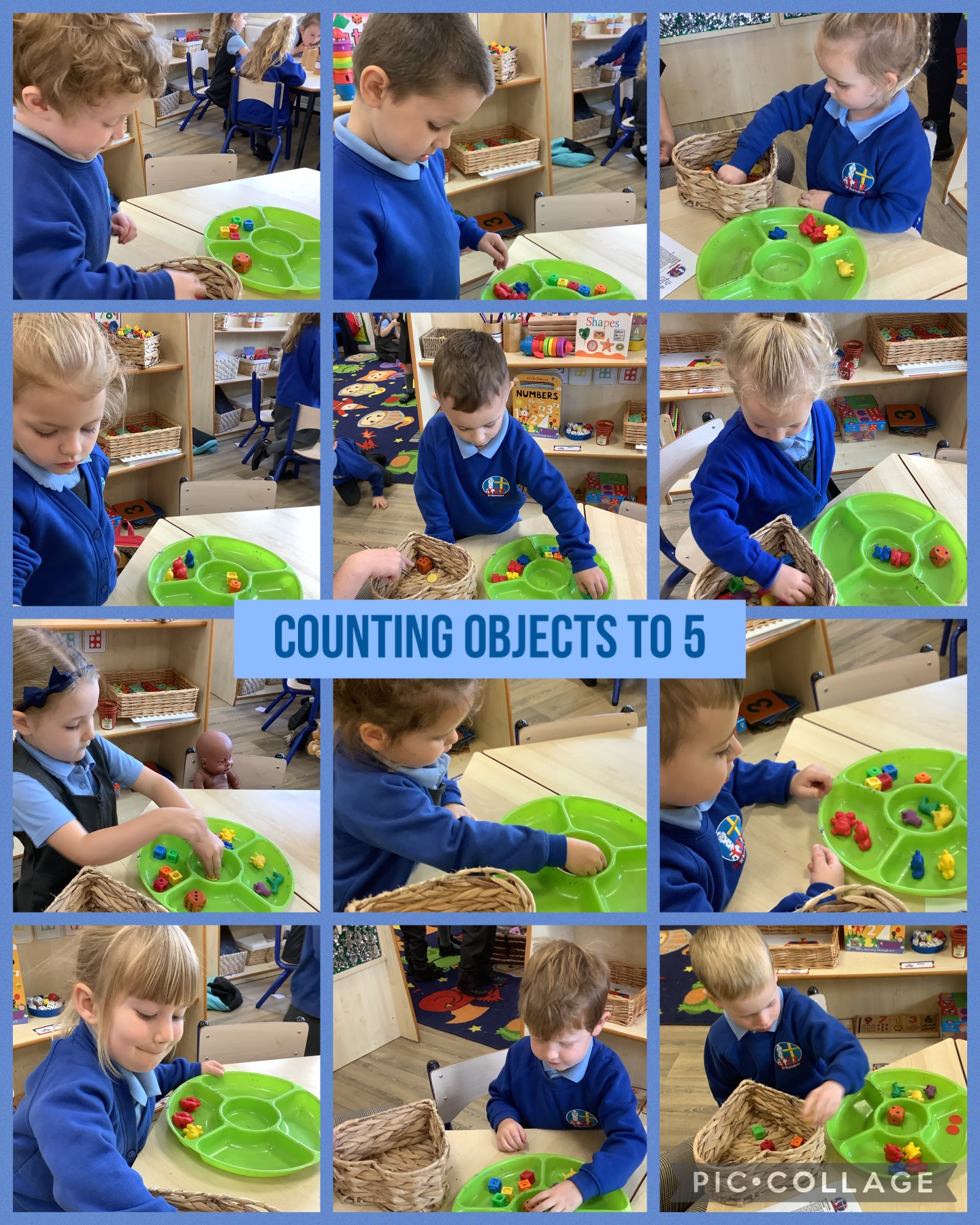
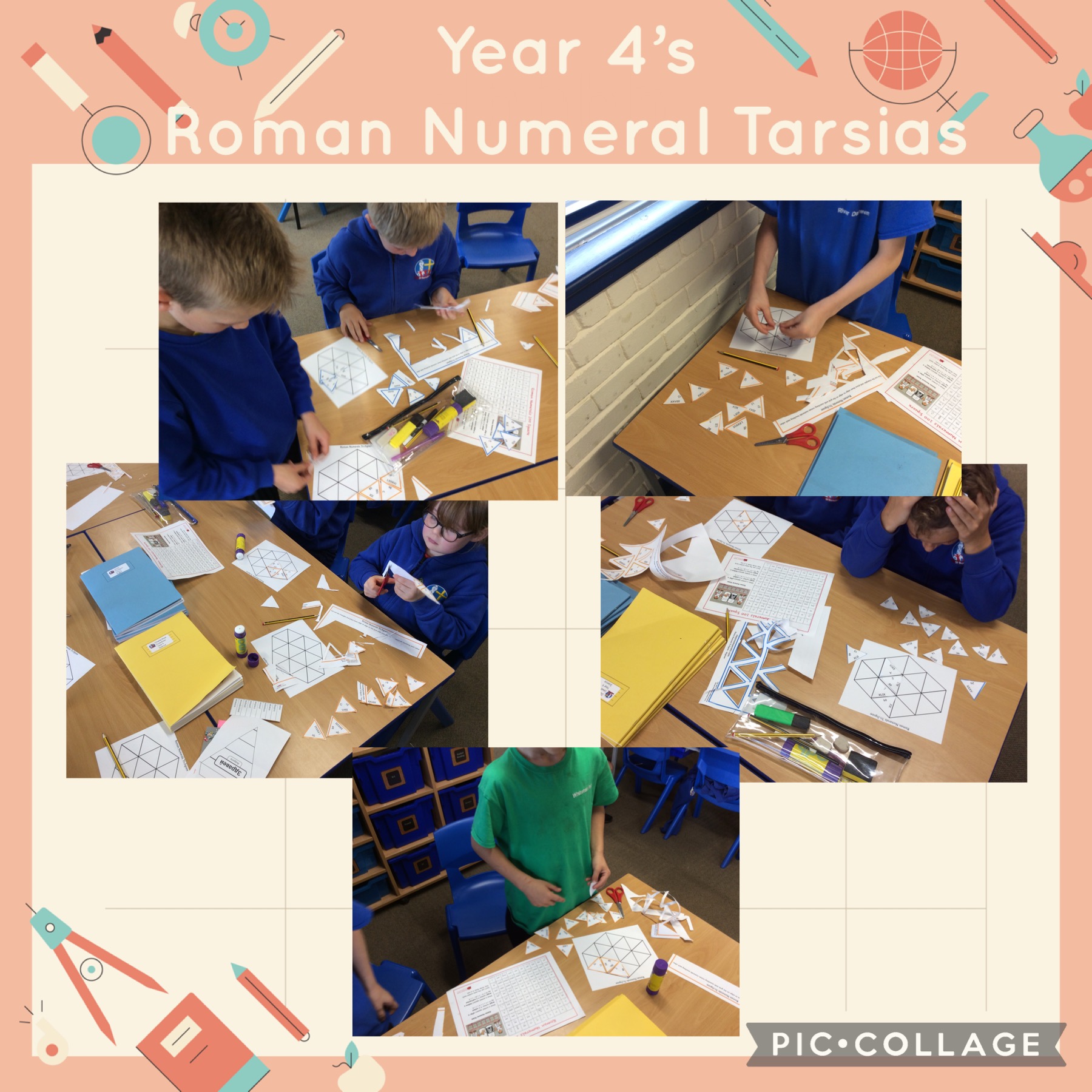
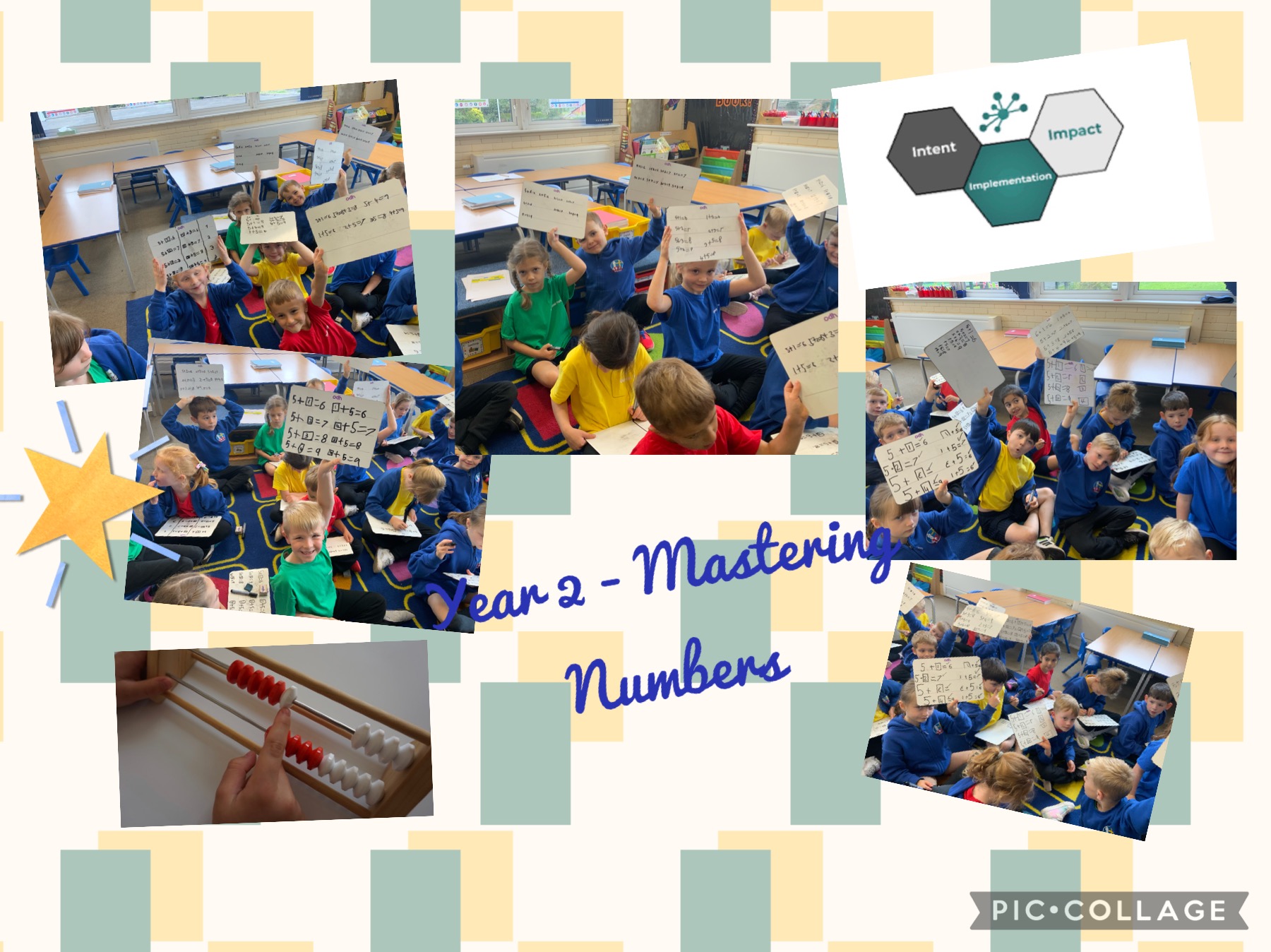
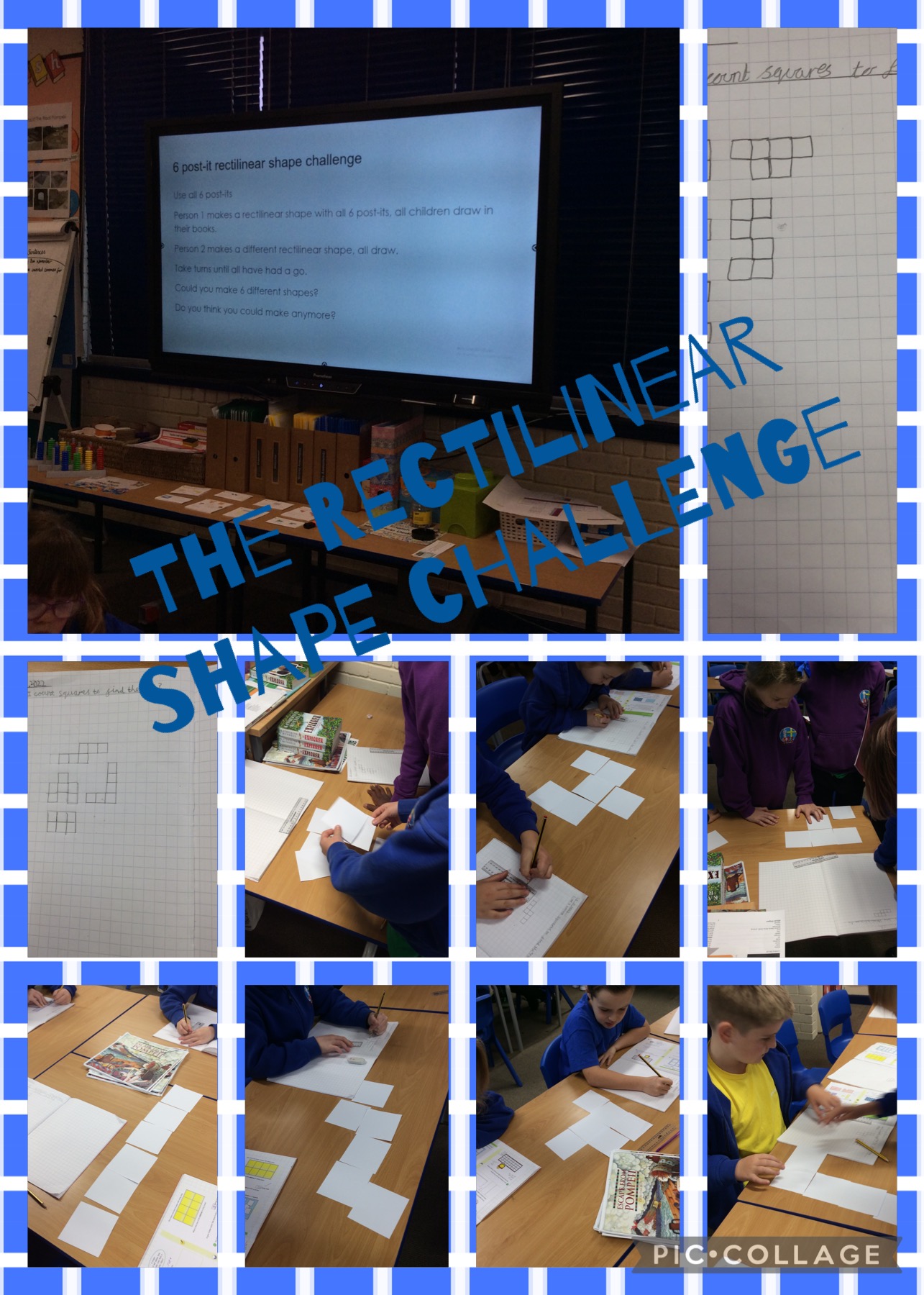

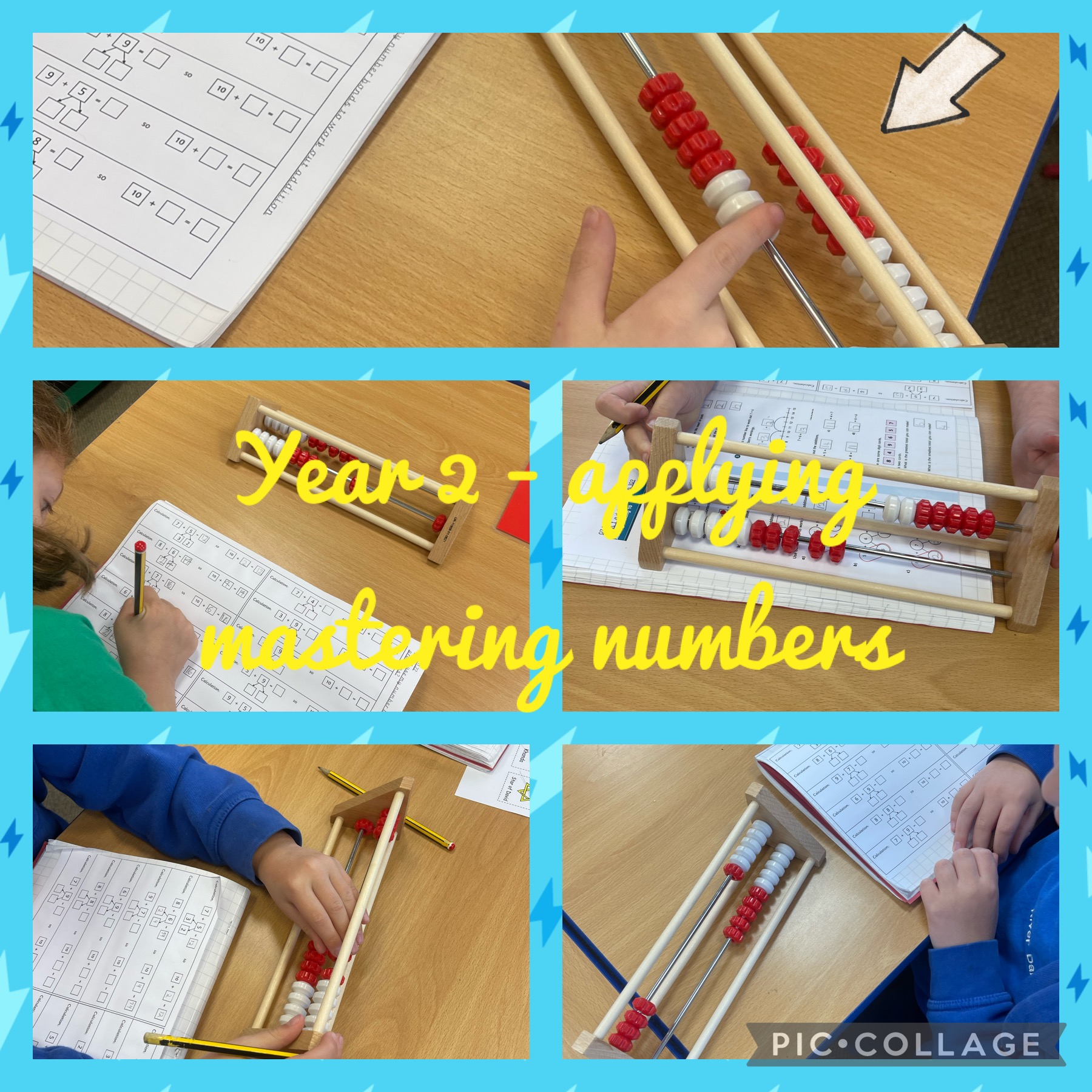
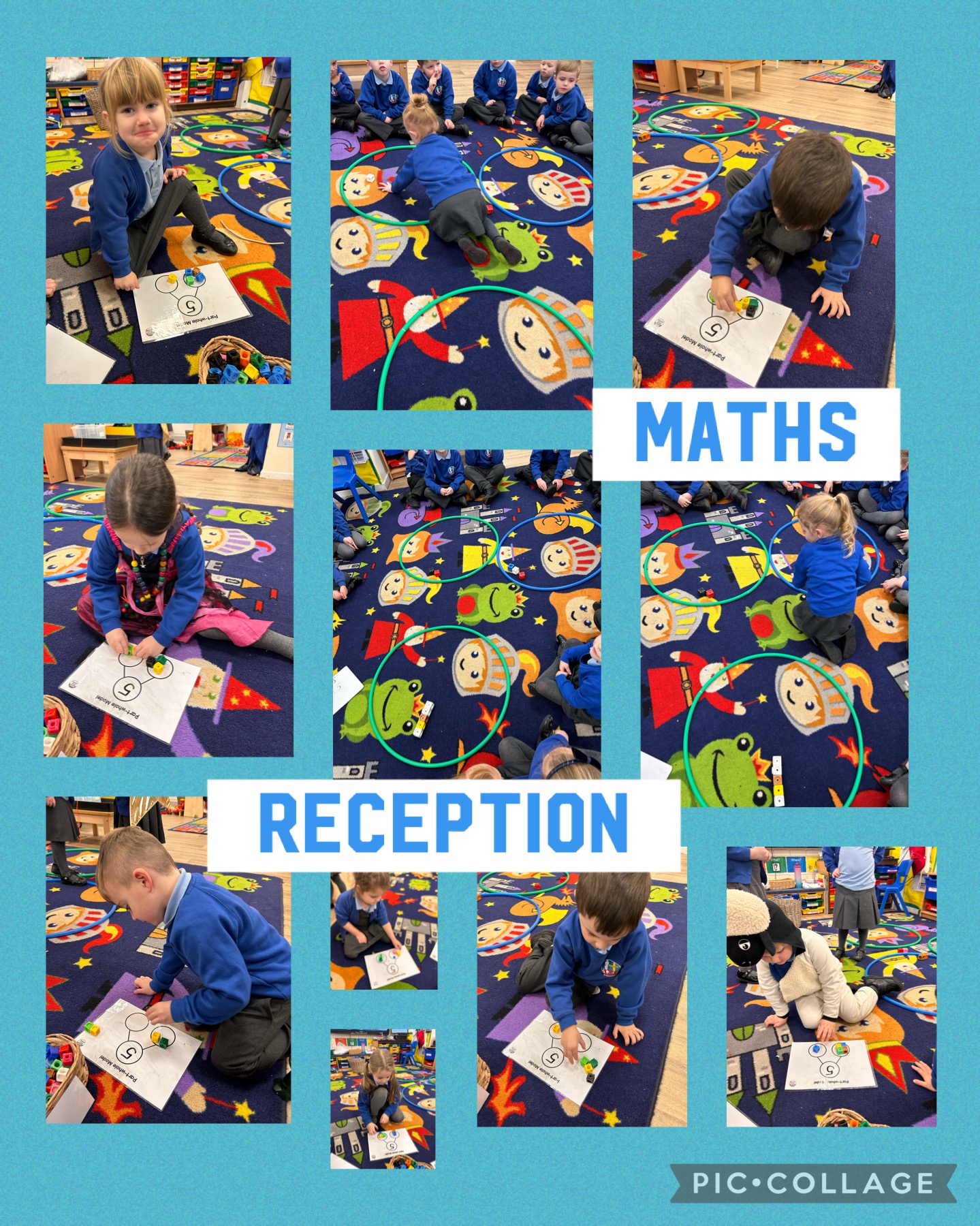
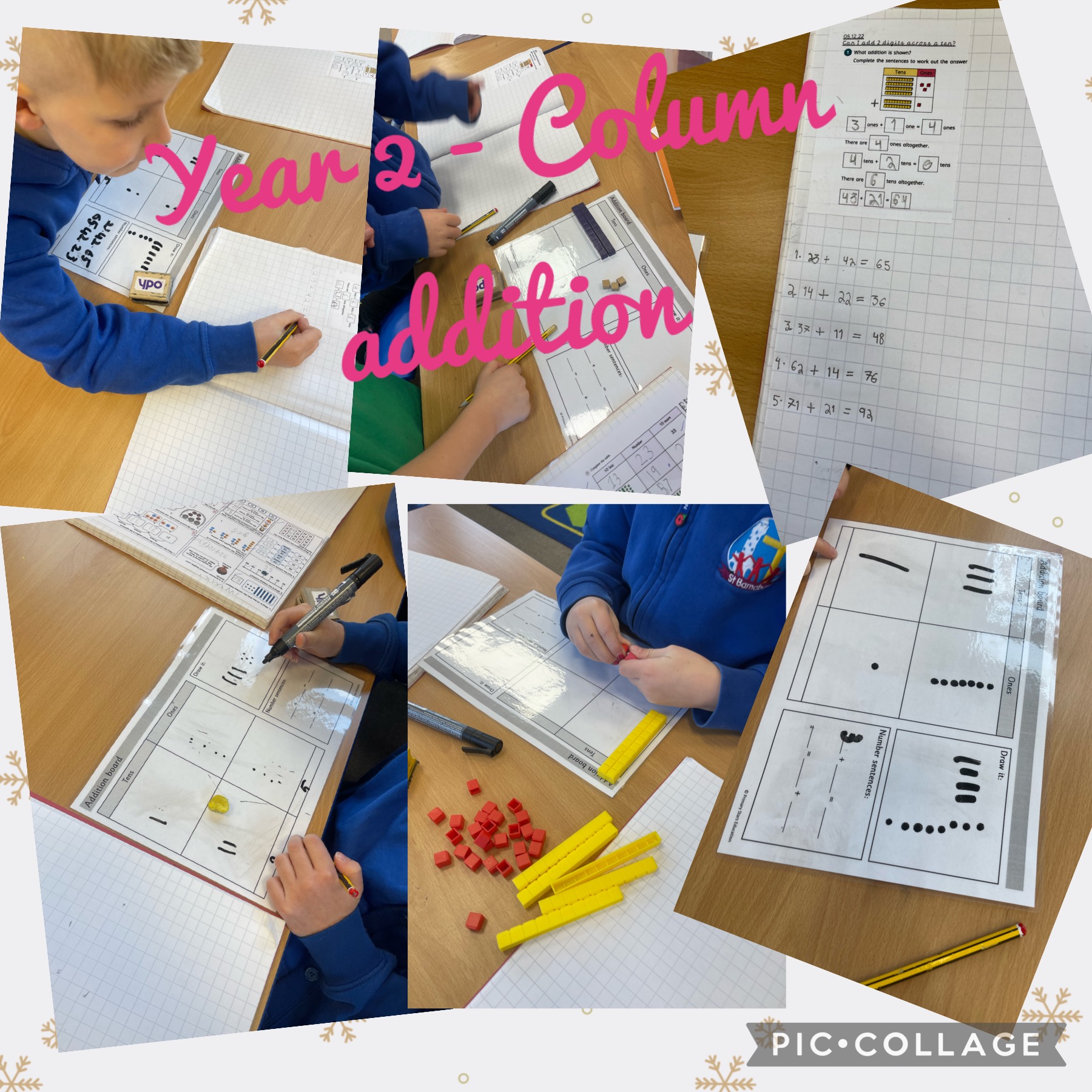
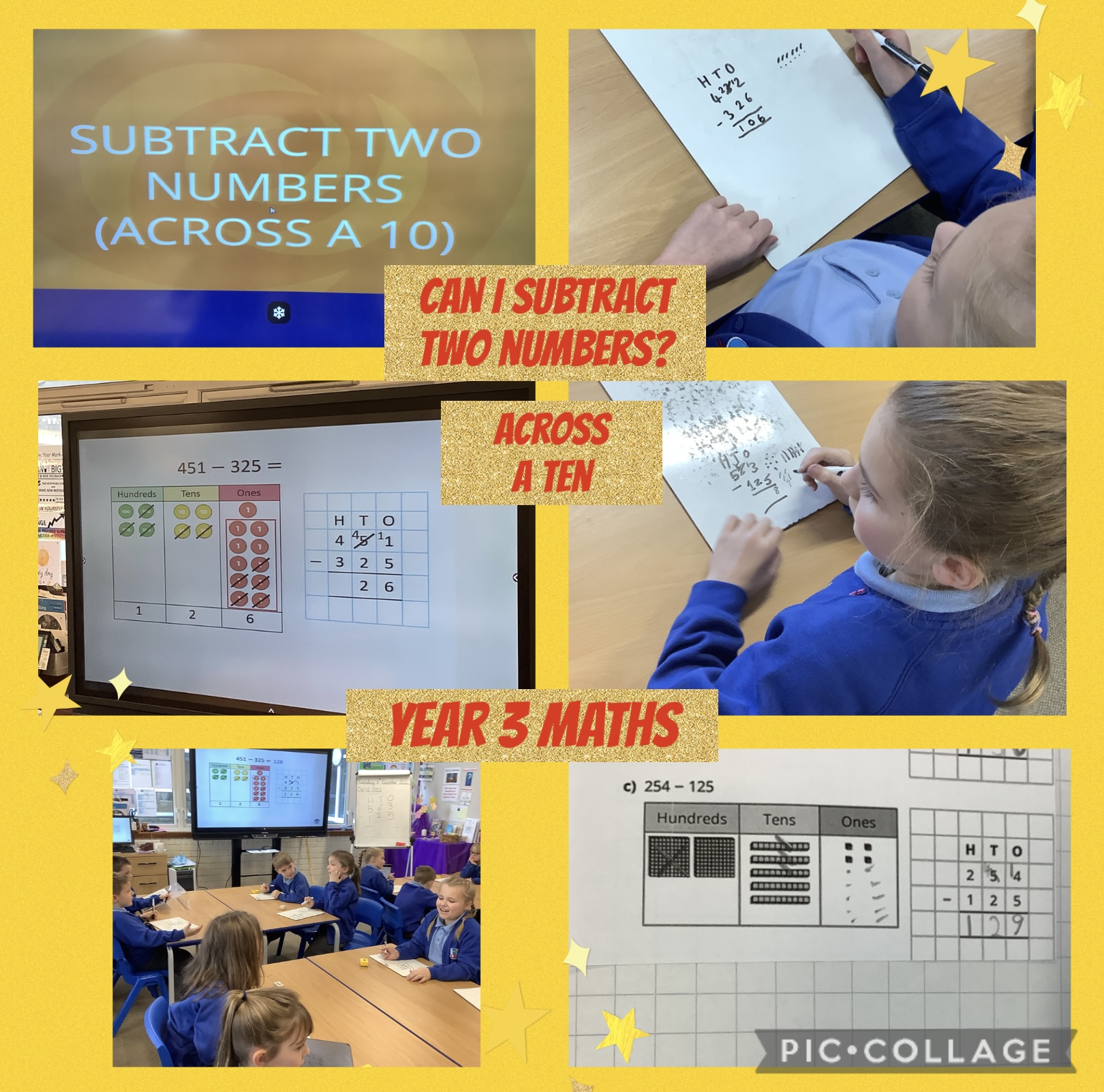
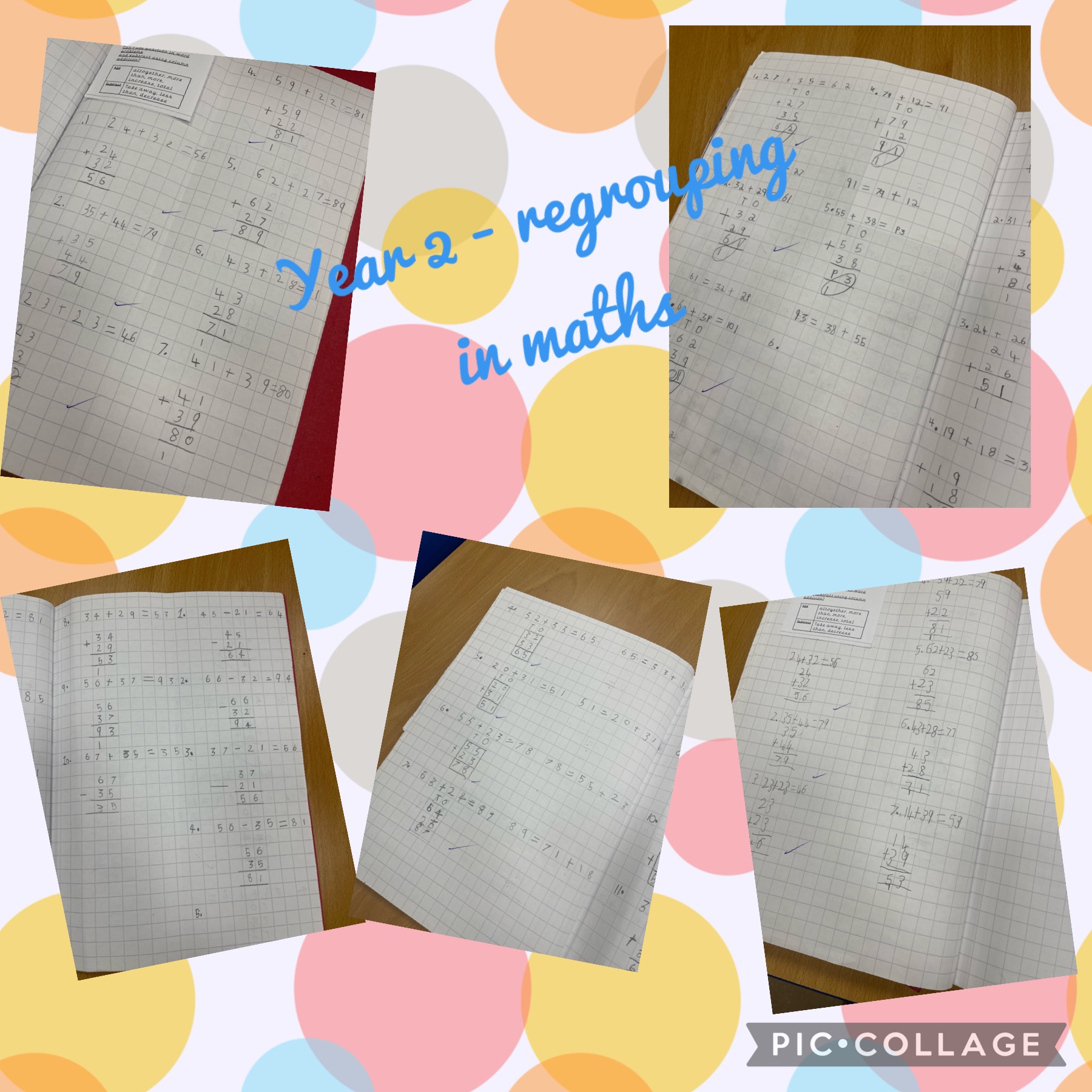
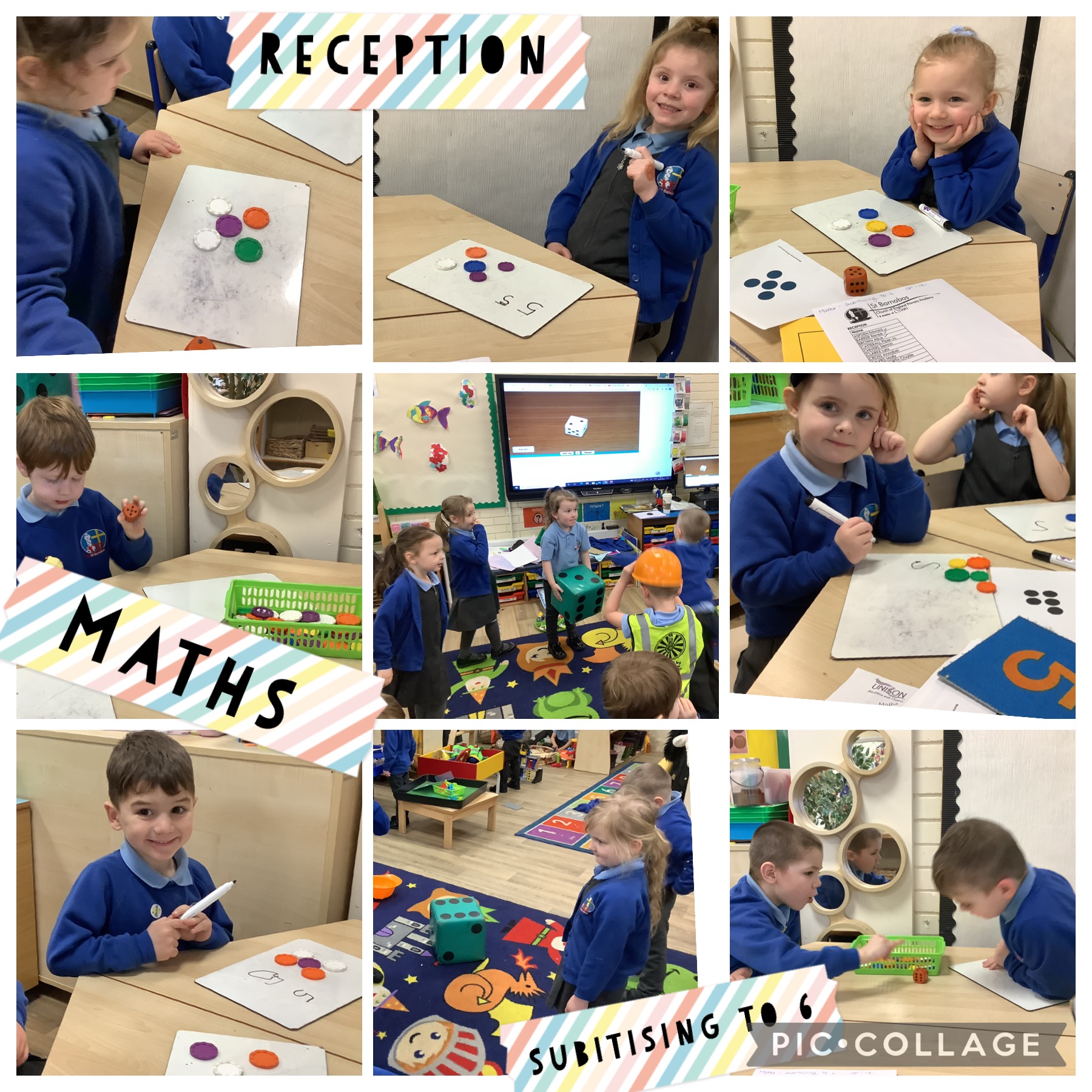
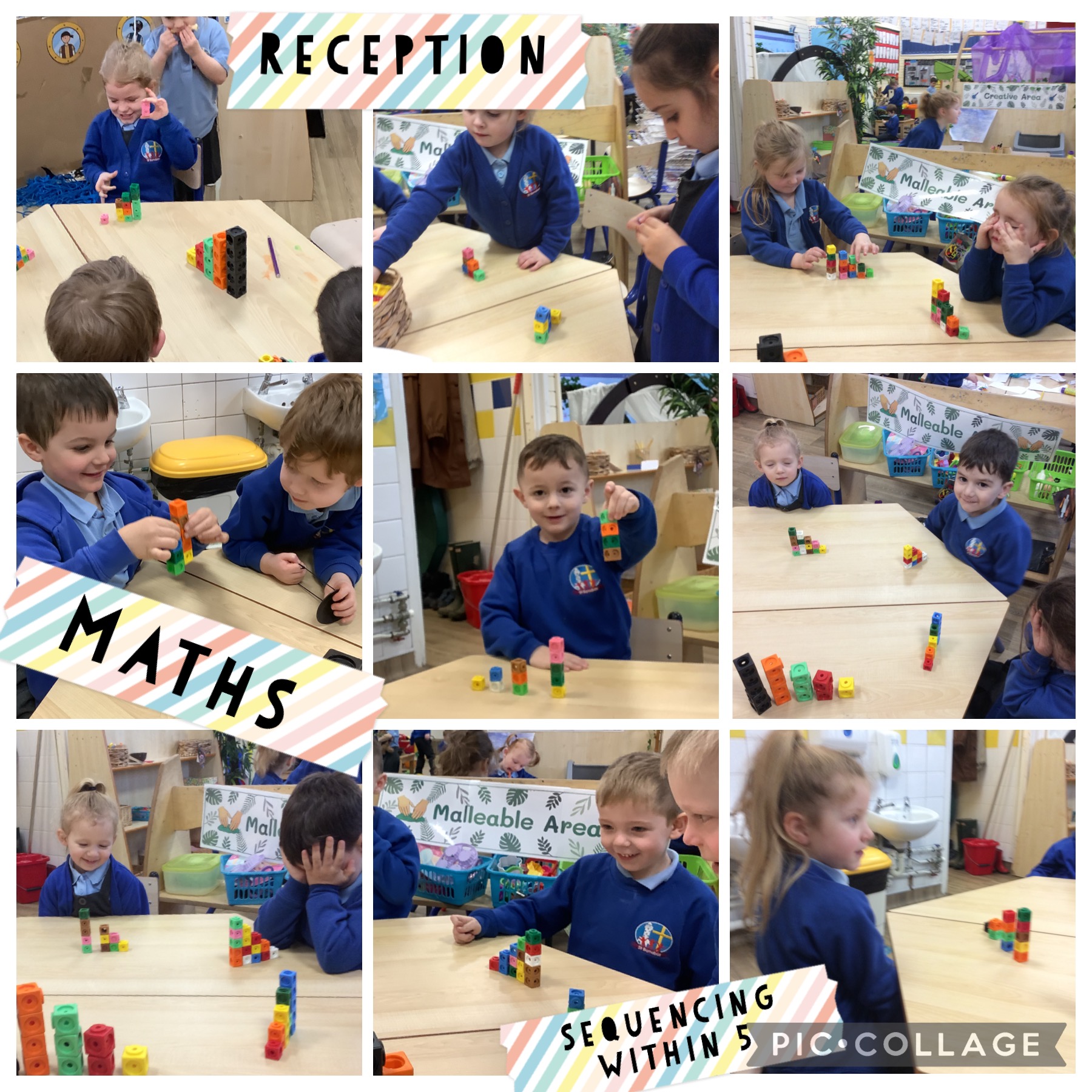
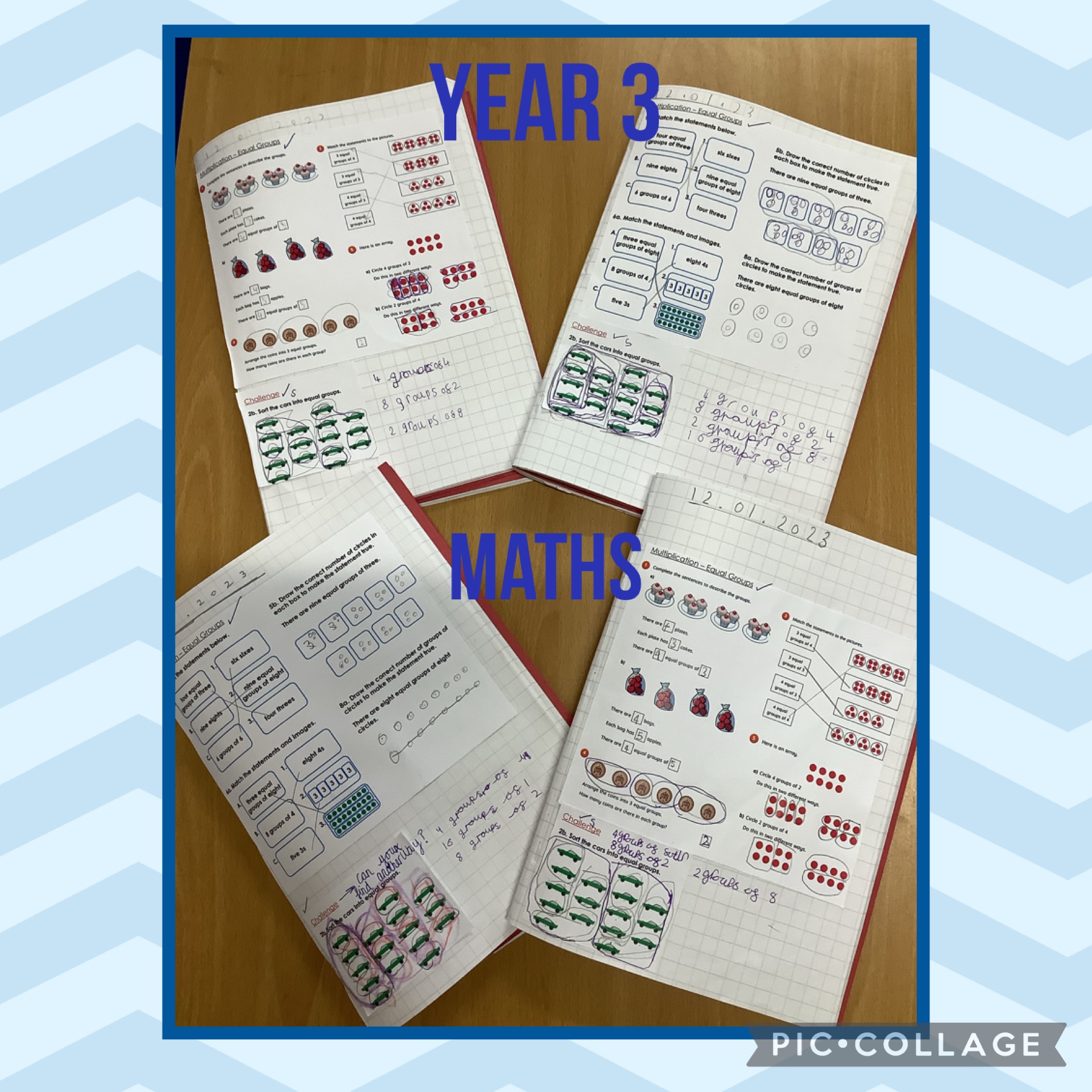


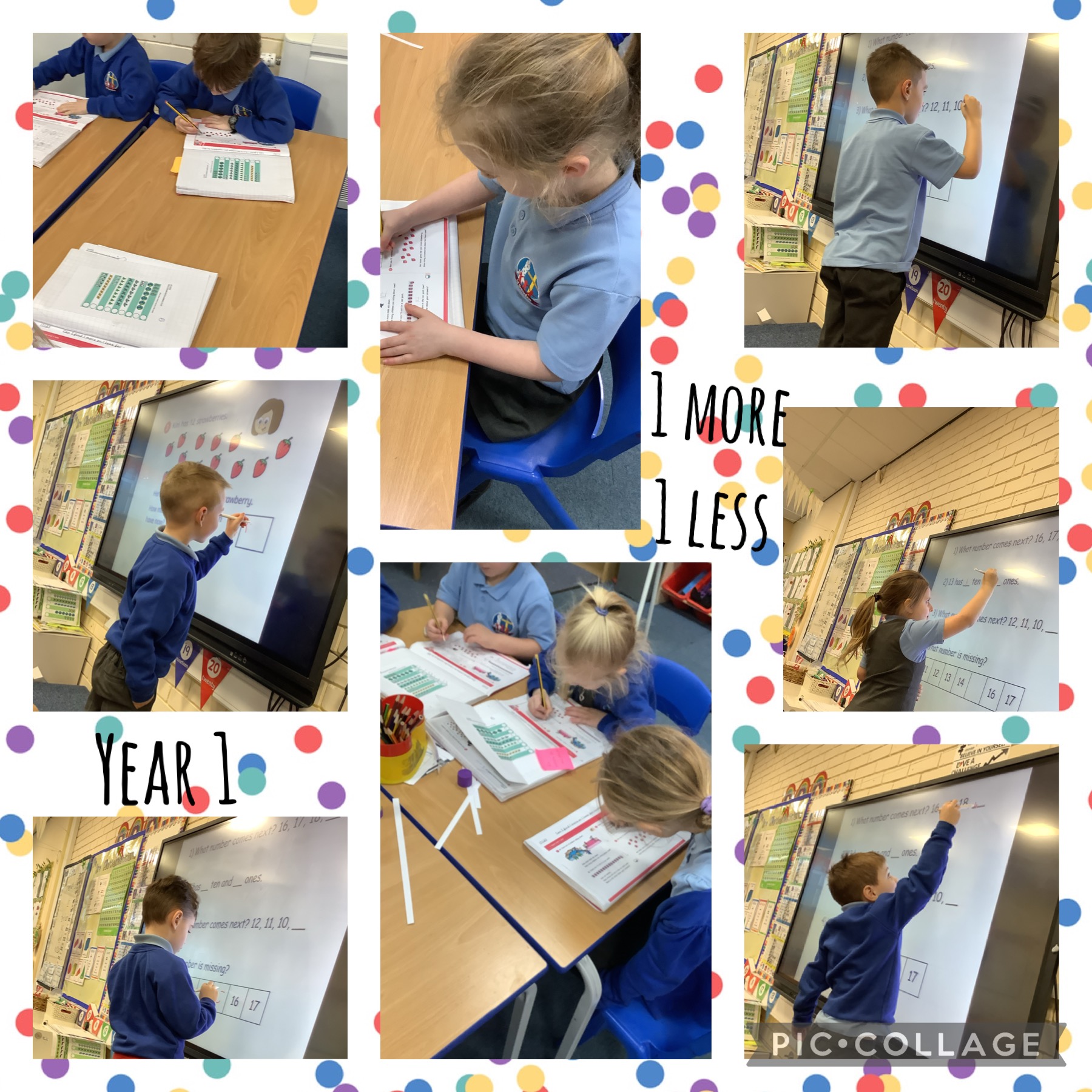
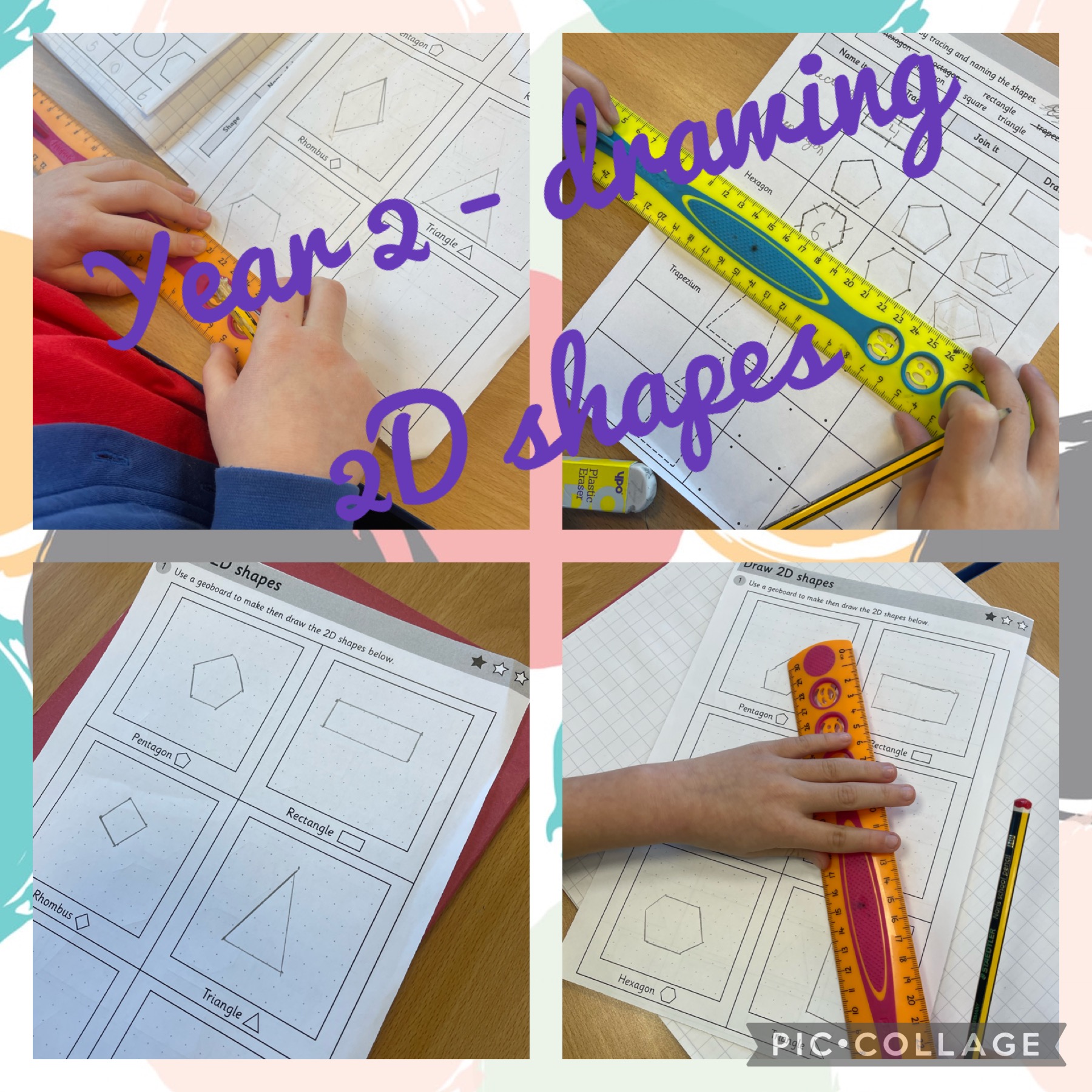
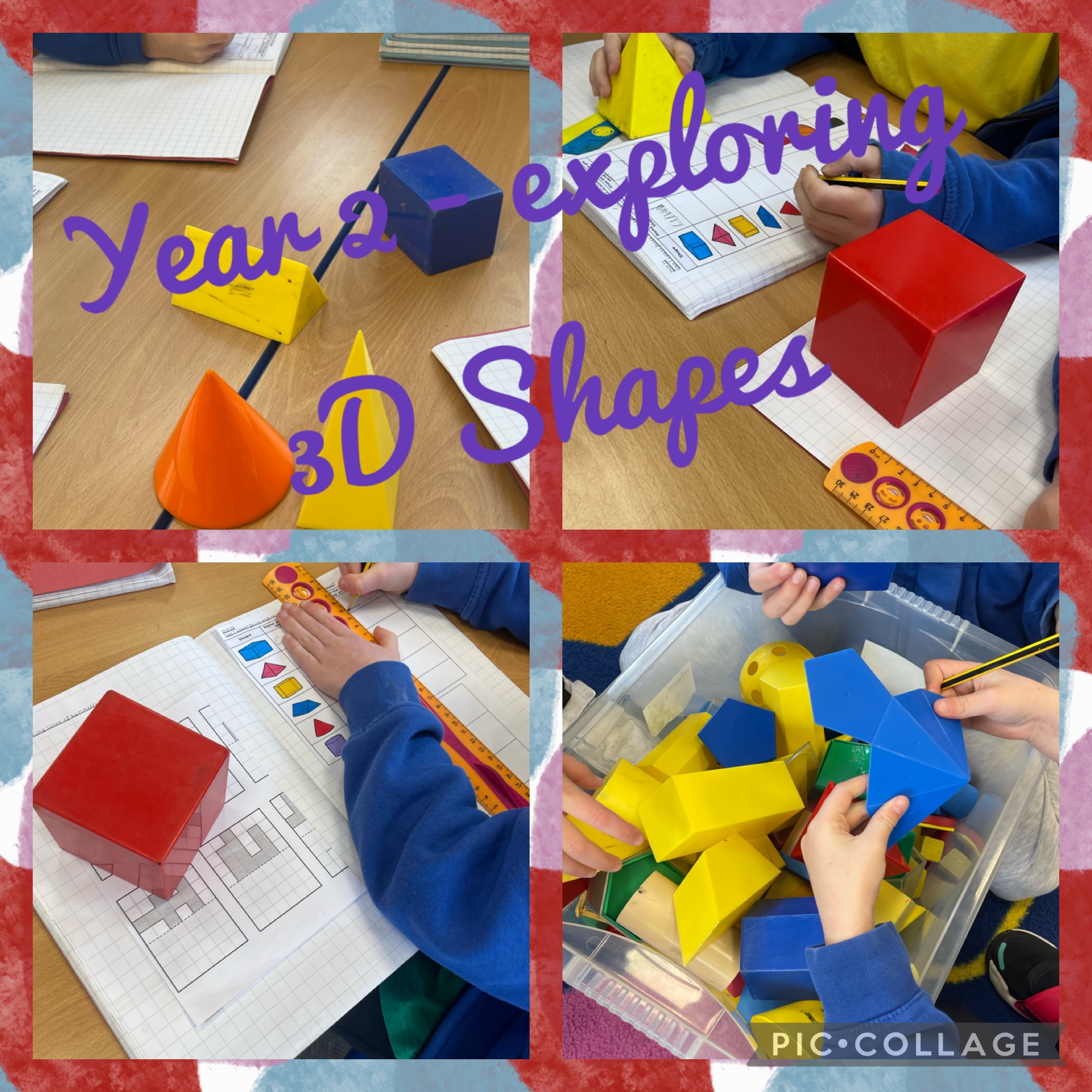
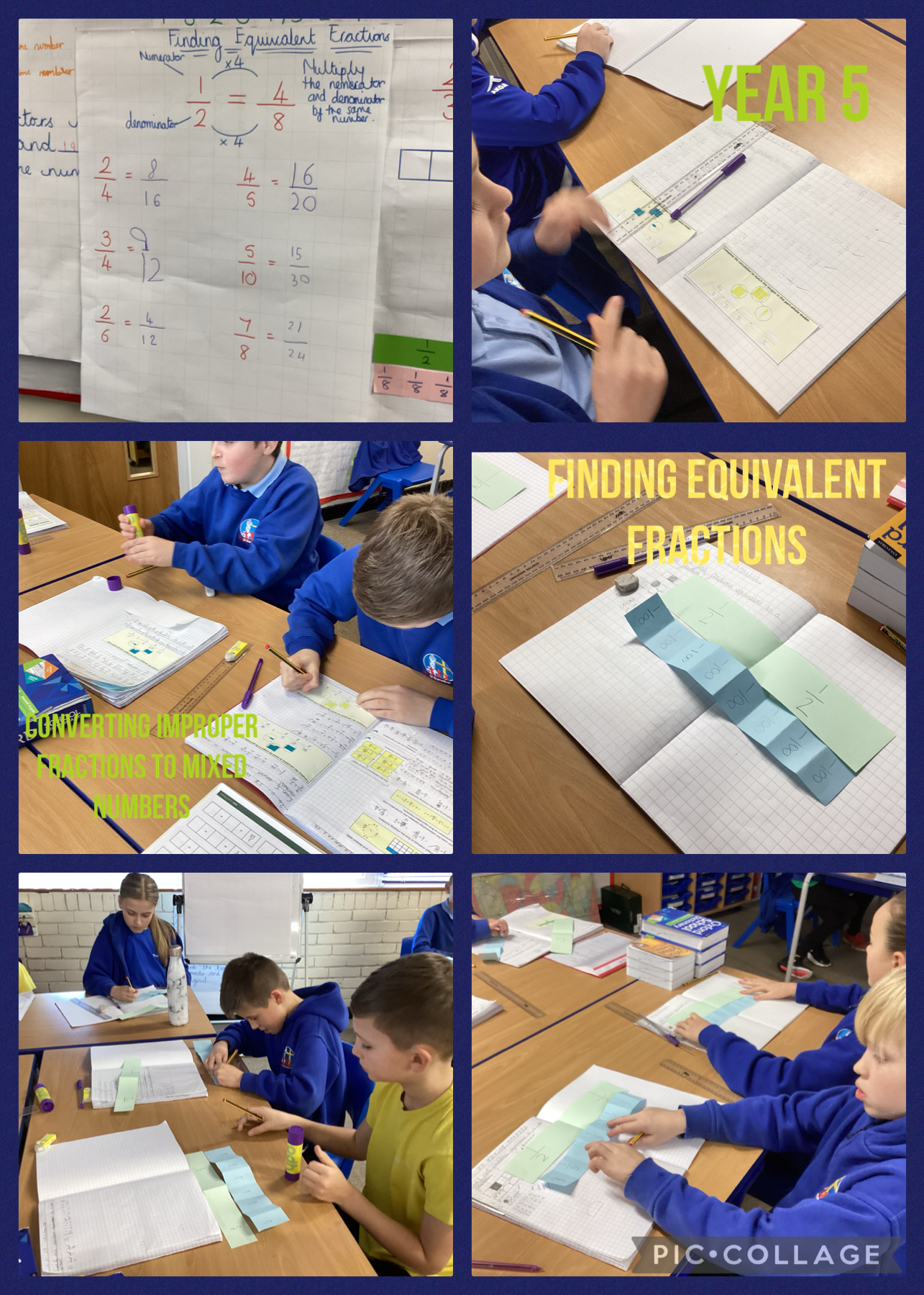
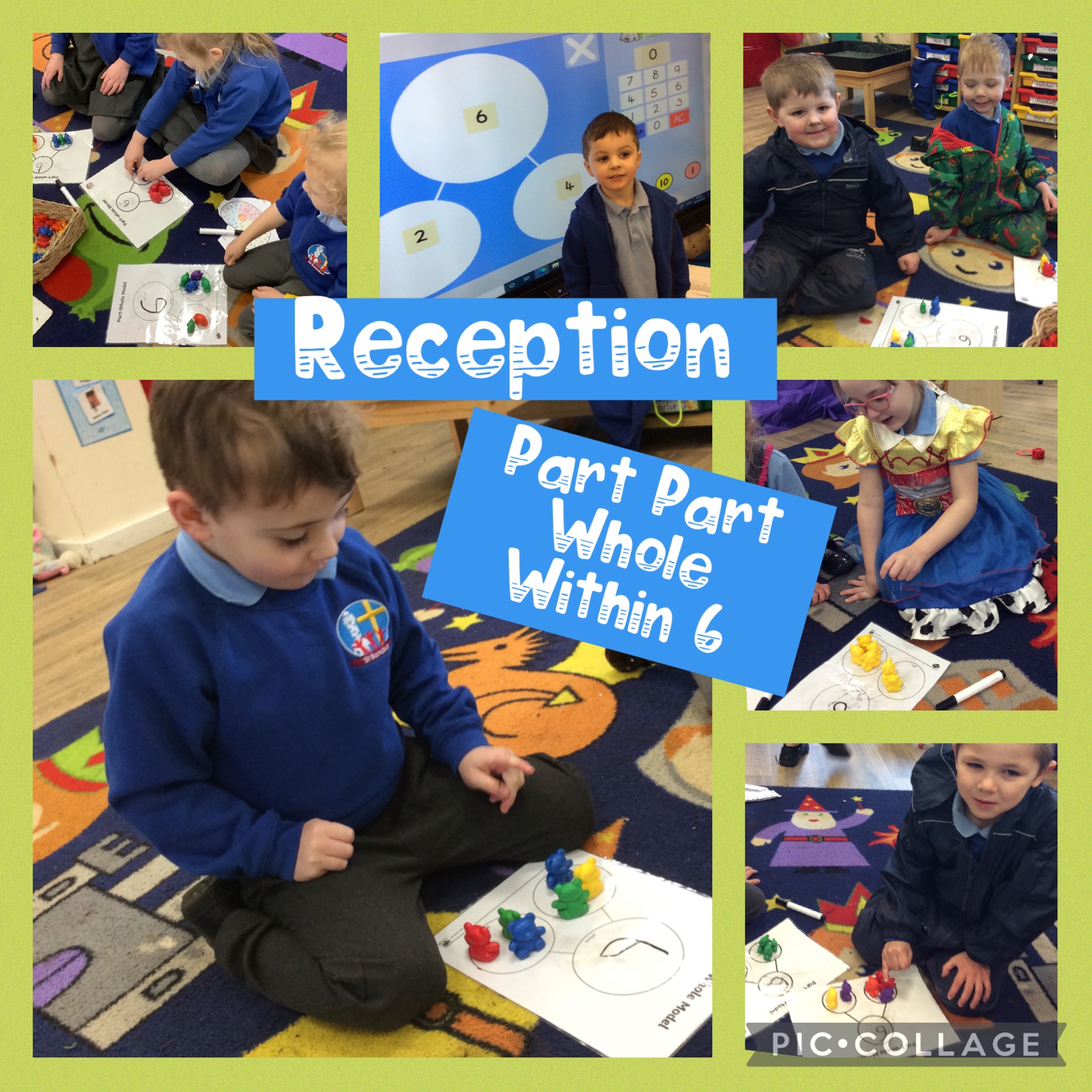
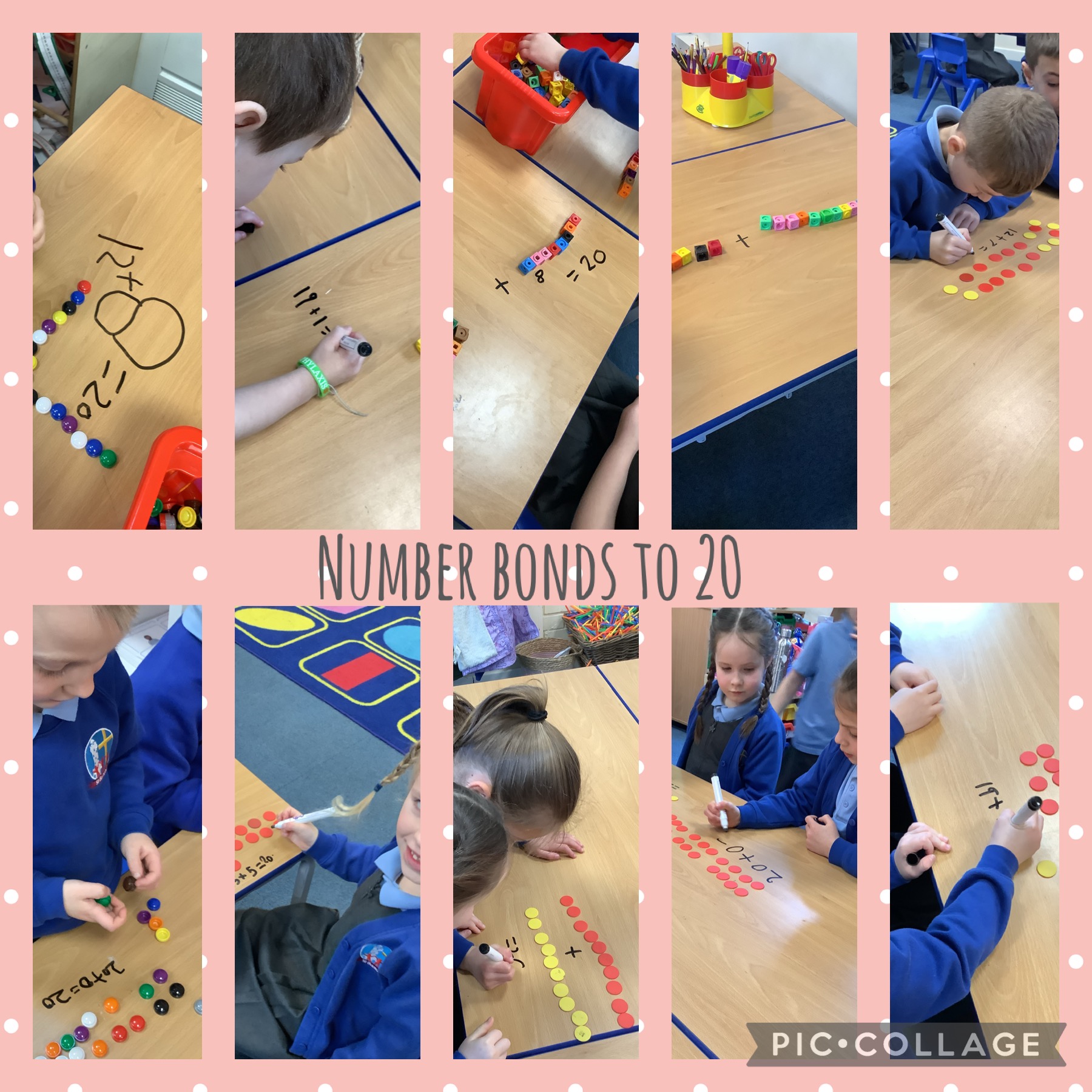
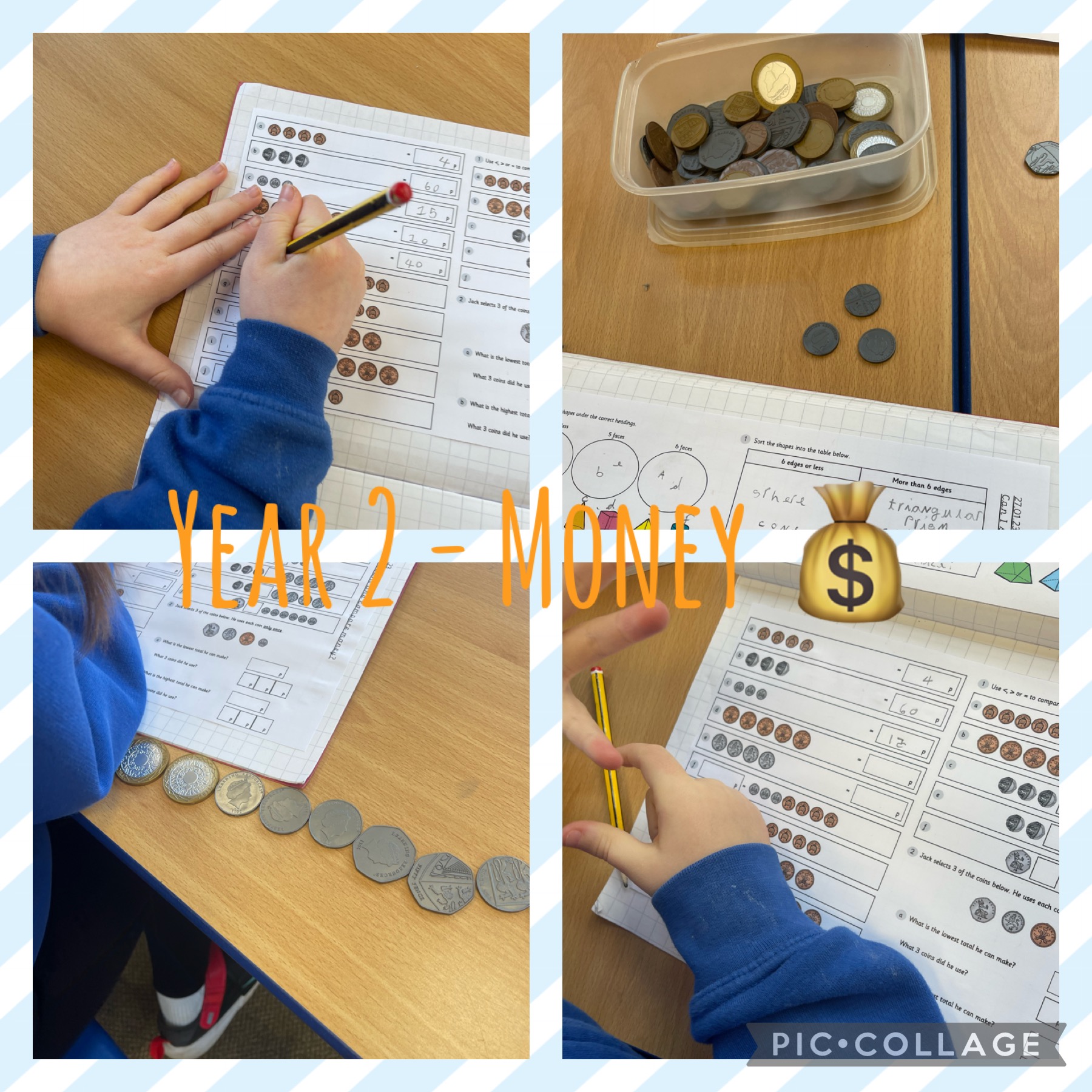
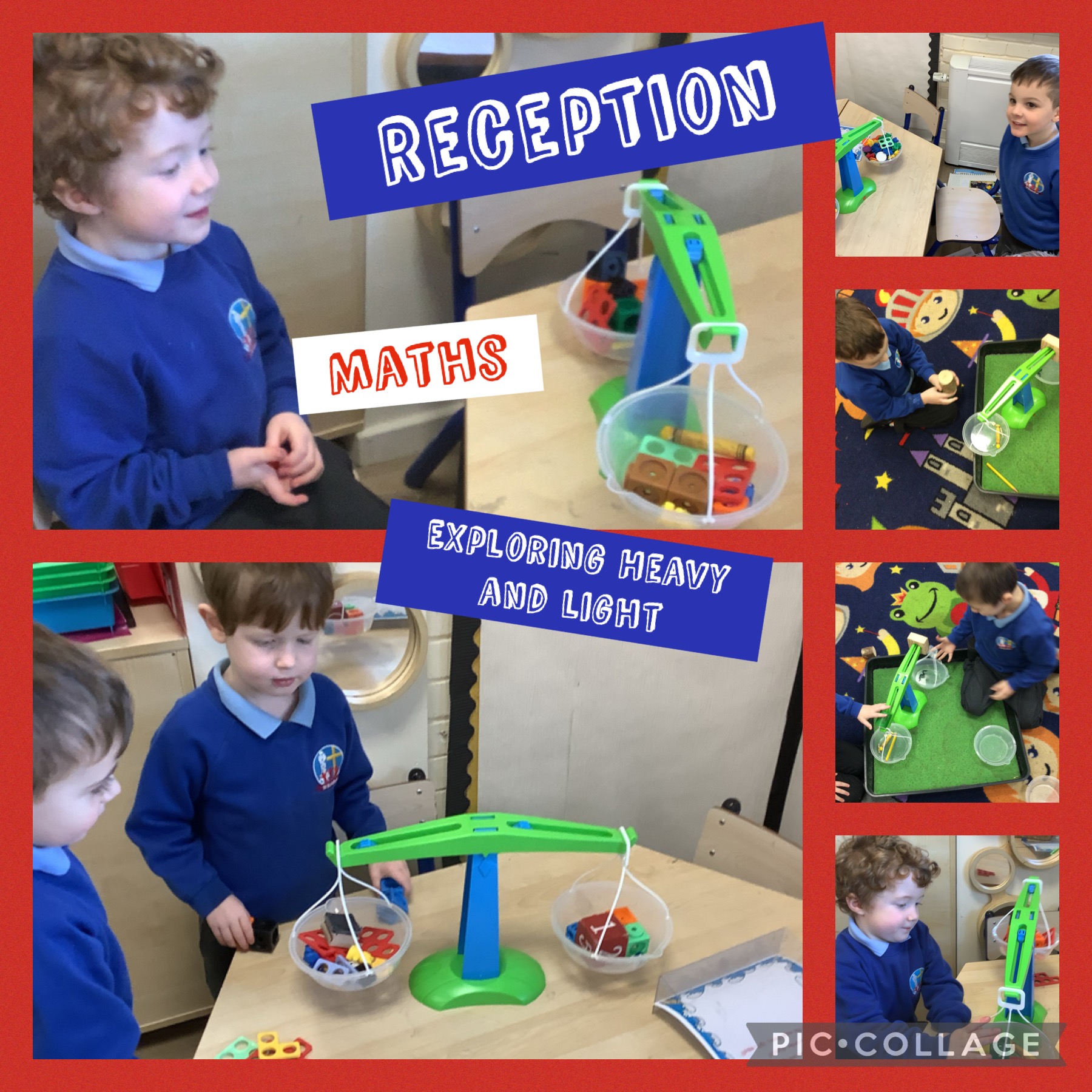
.png)
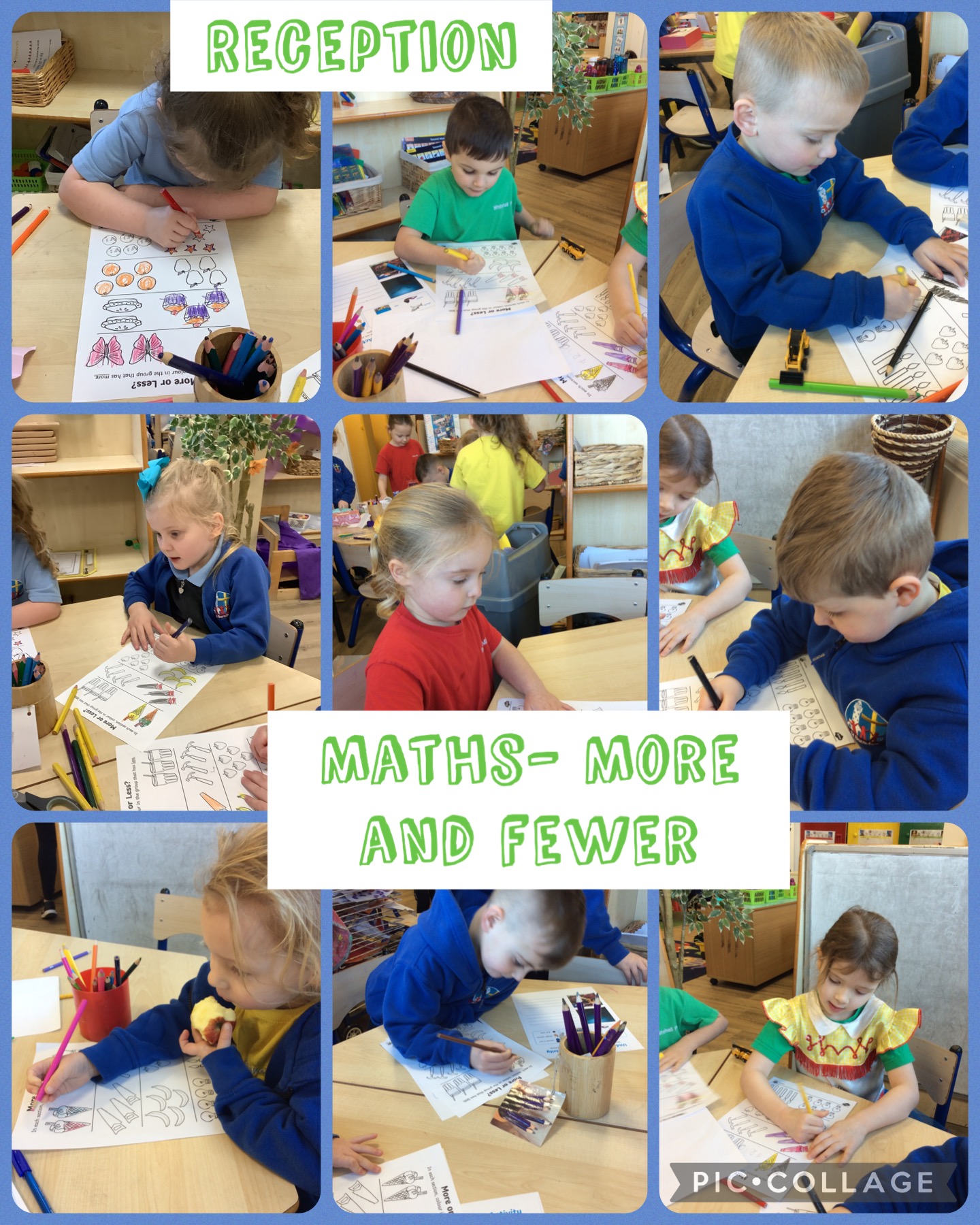
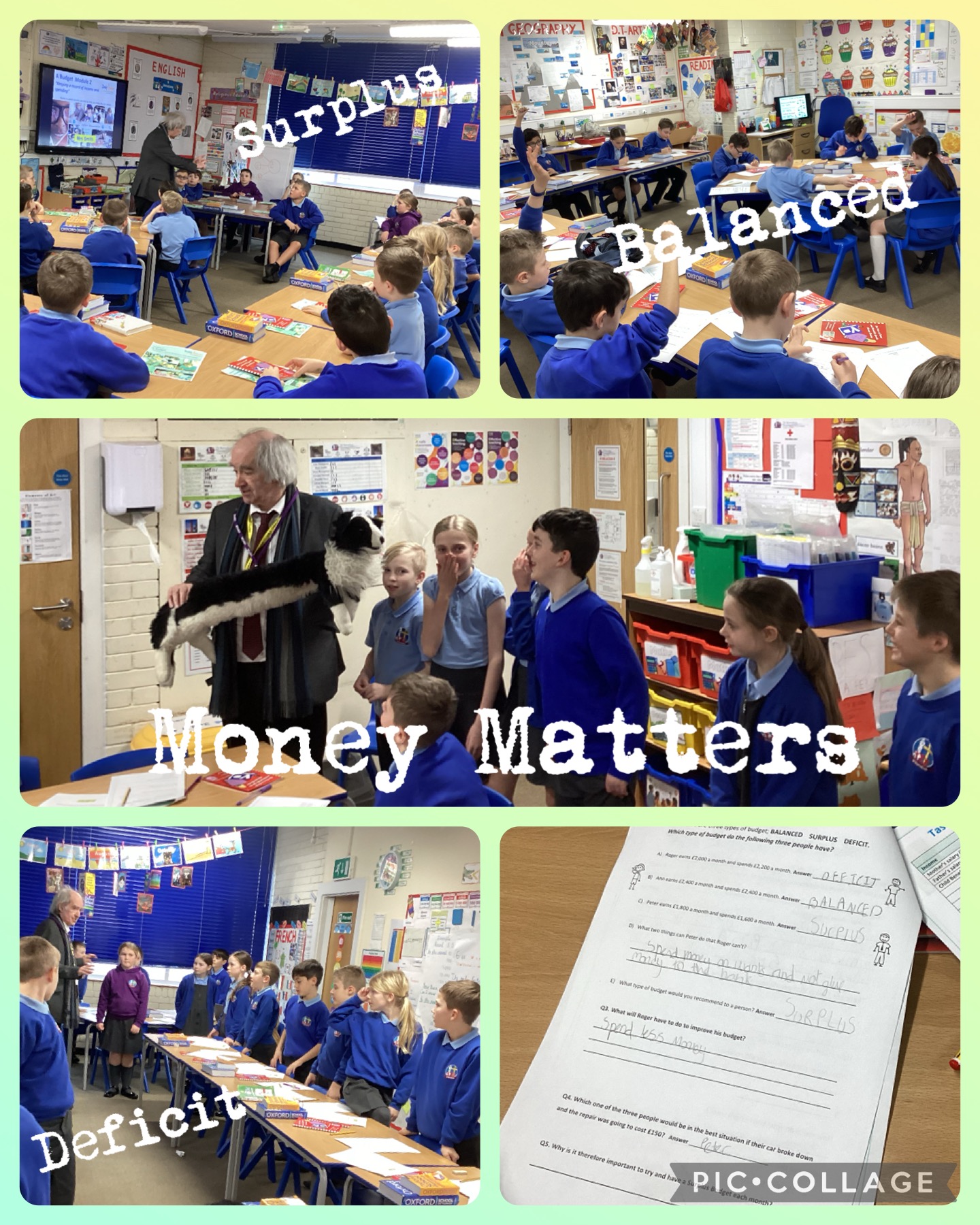
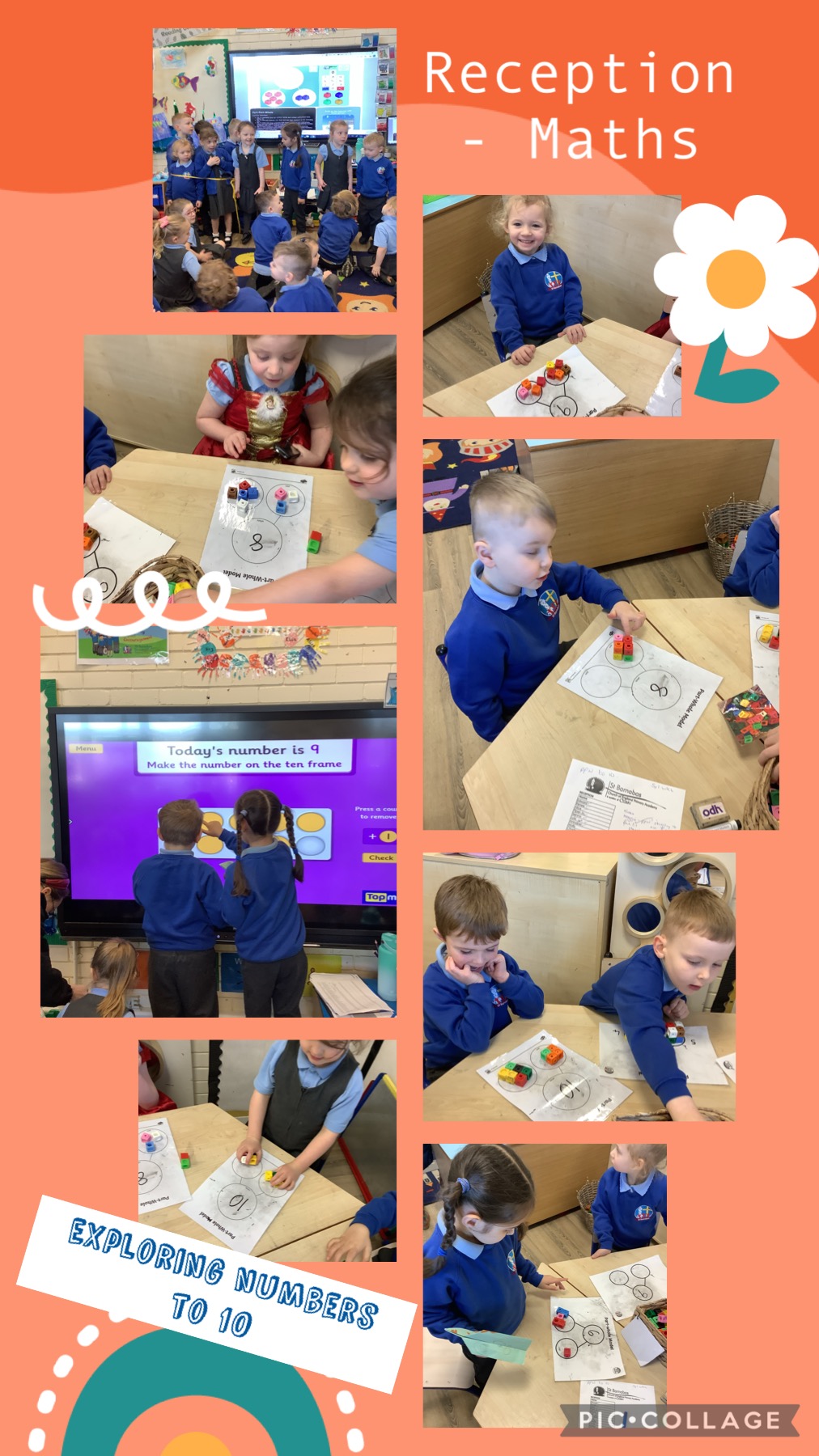
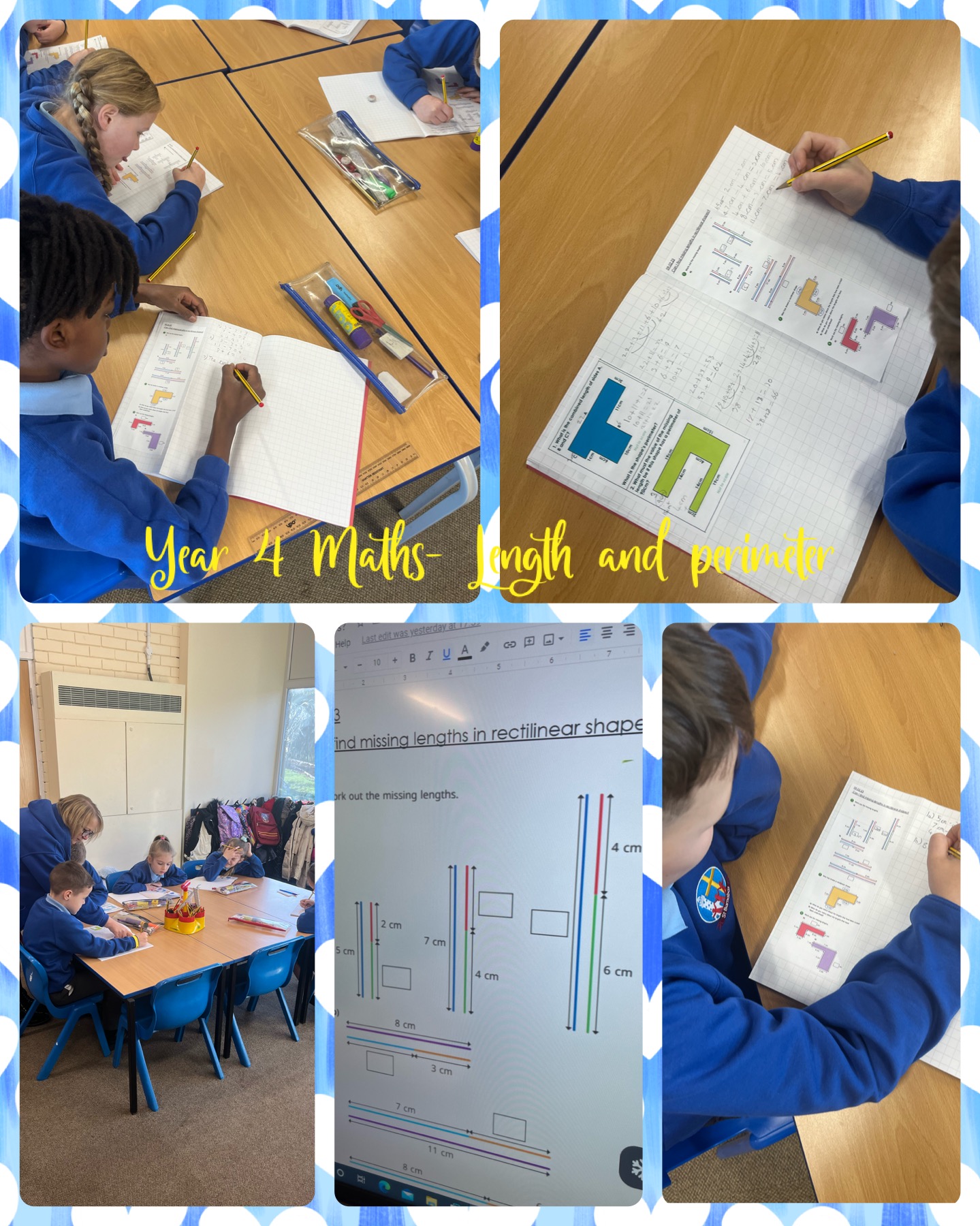
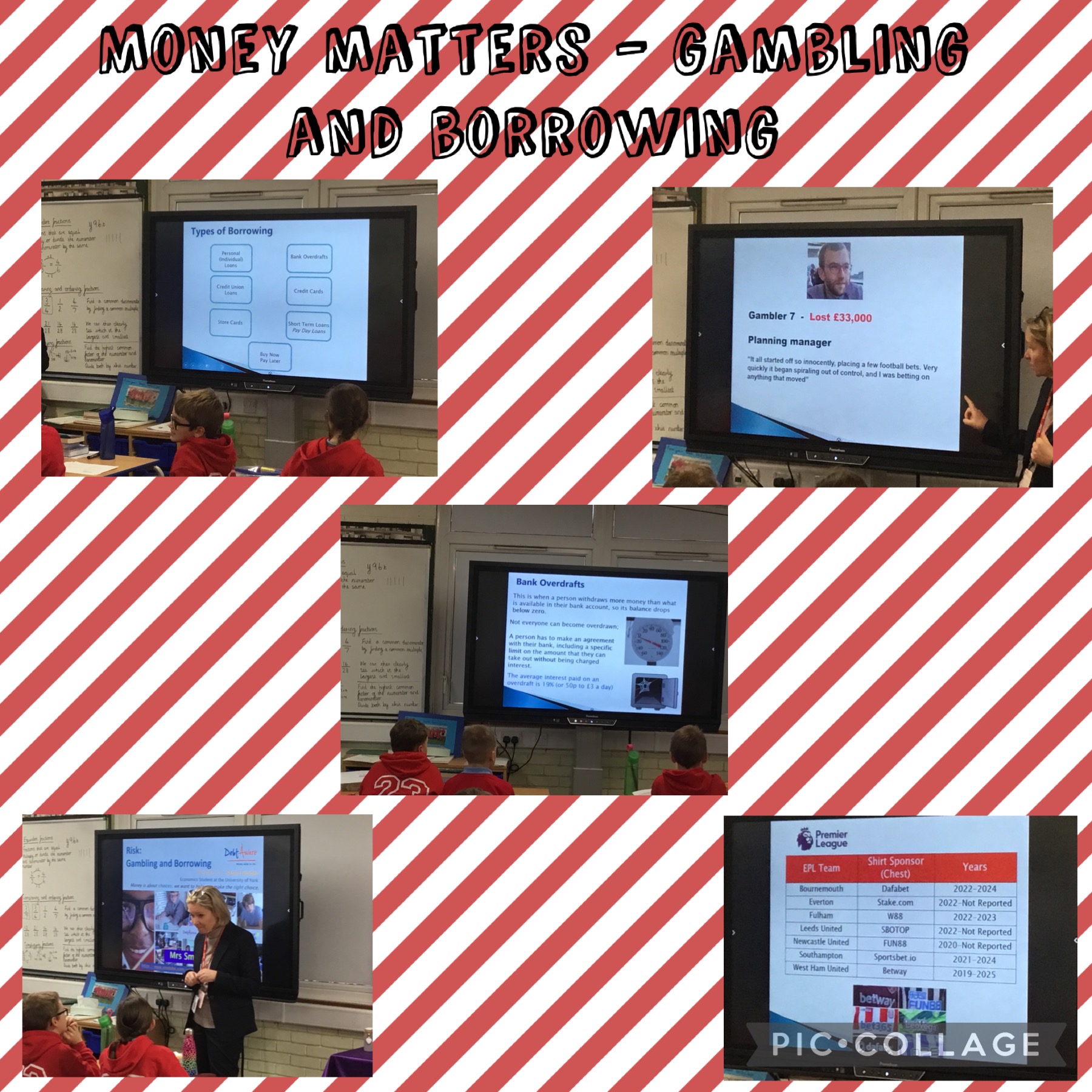
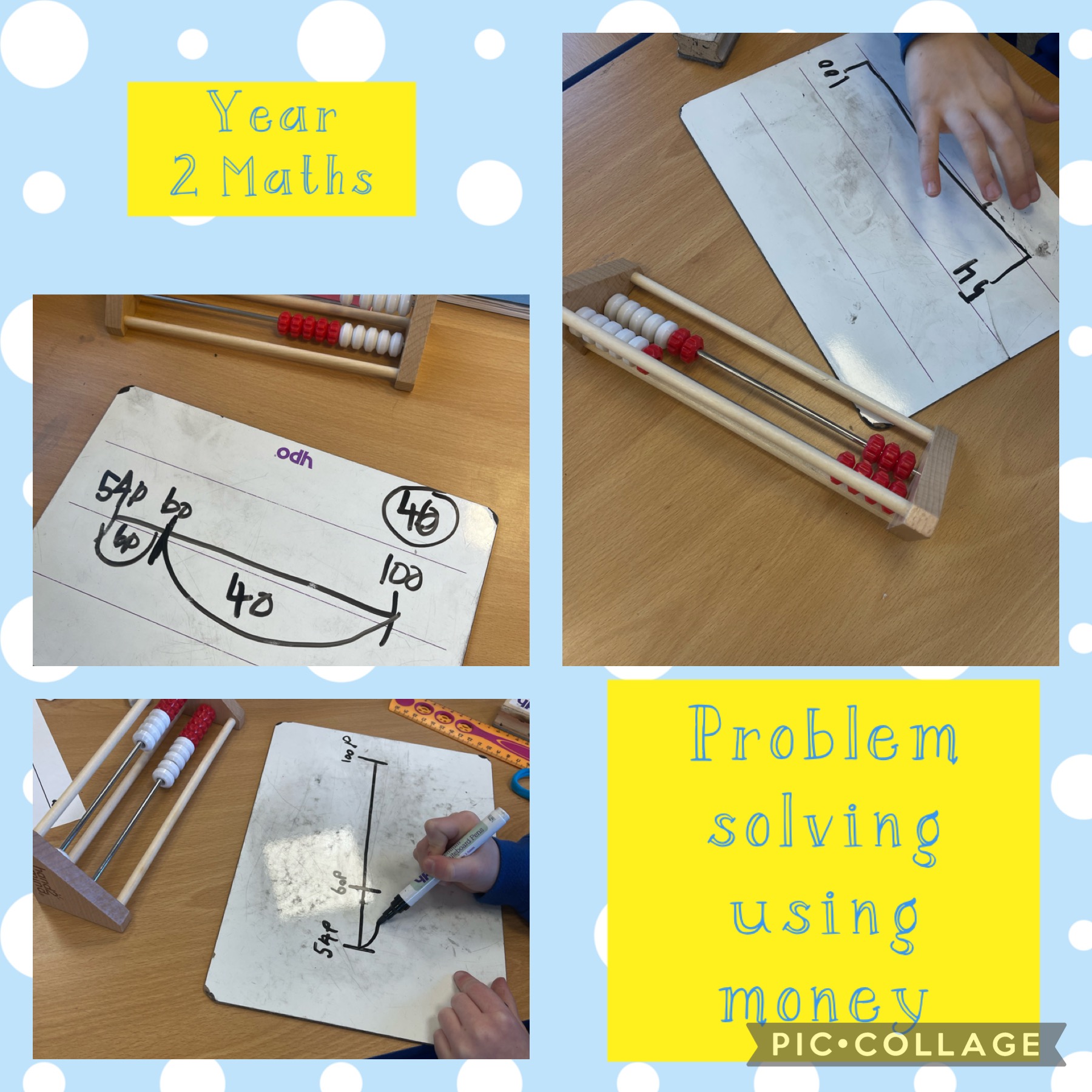
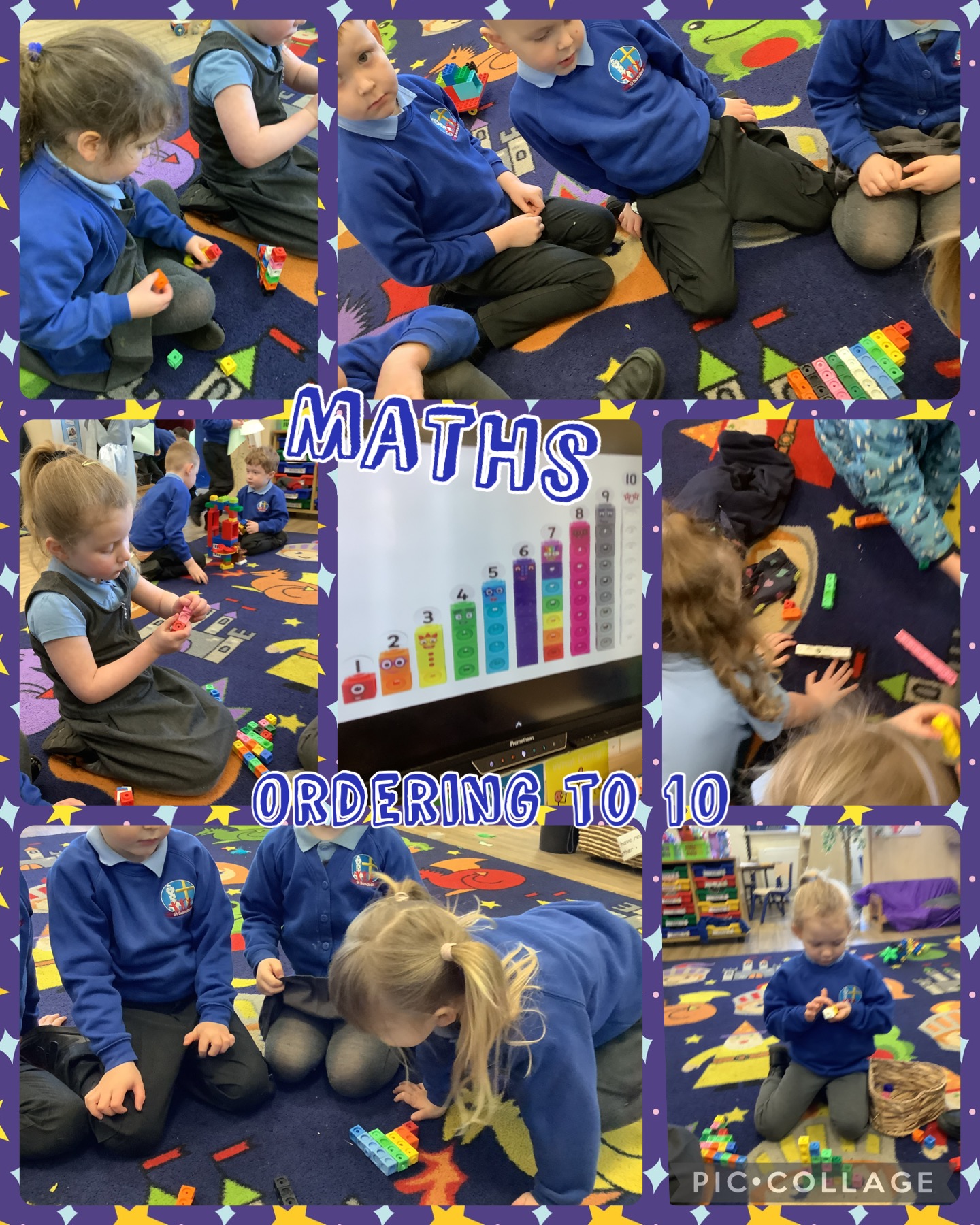

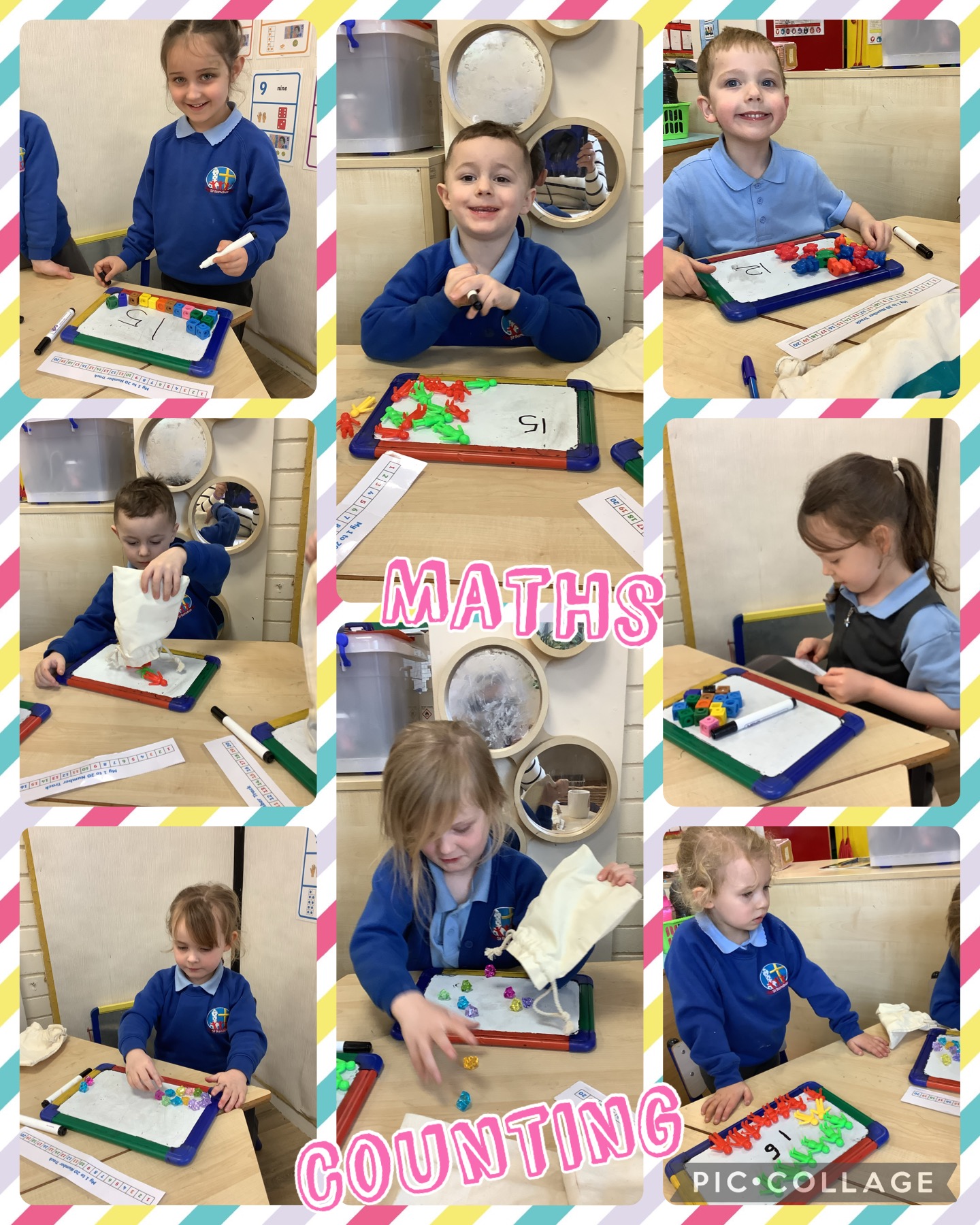
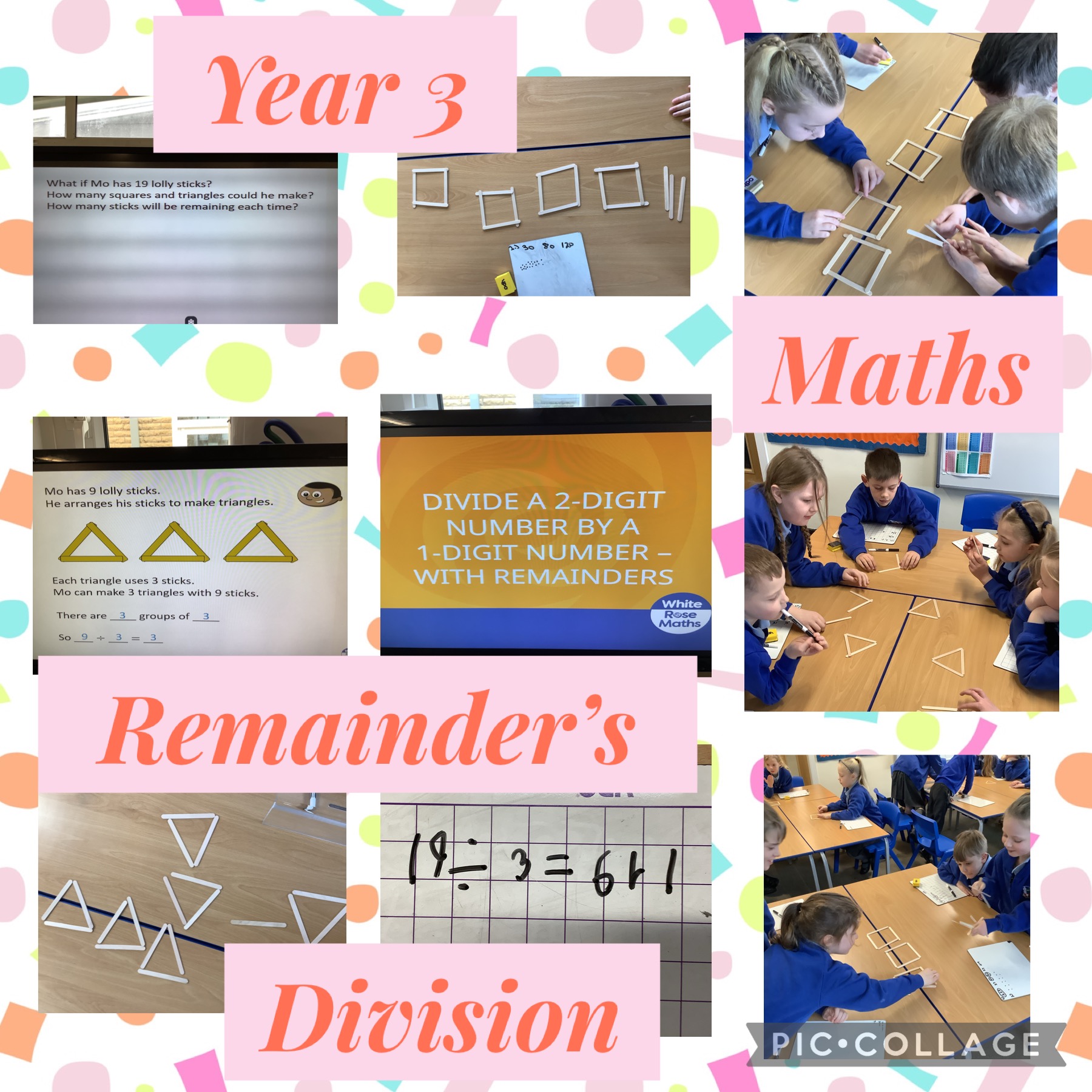
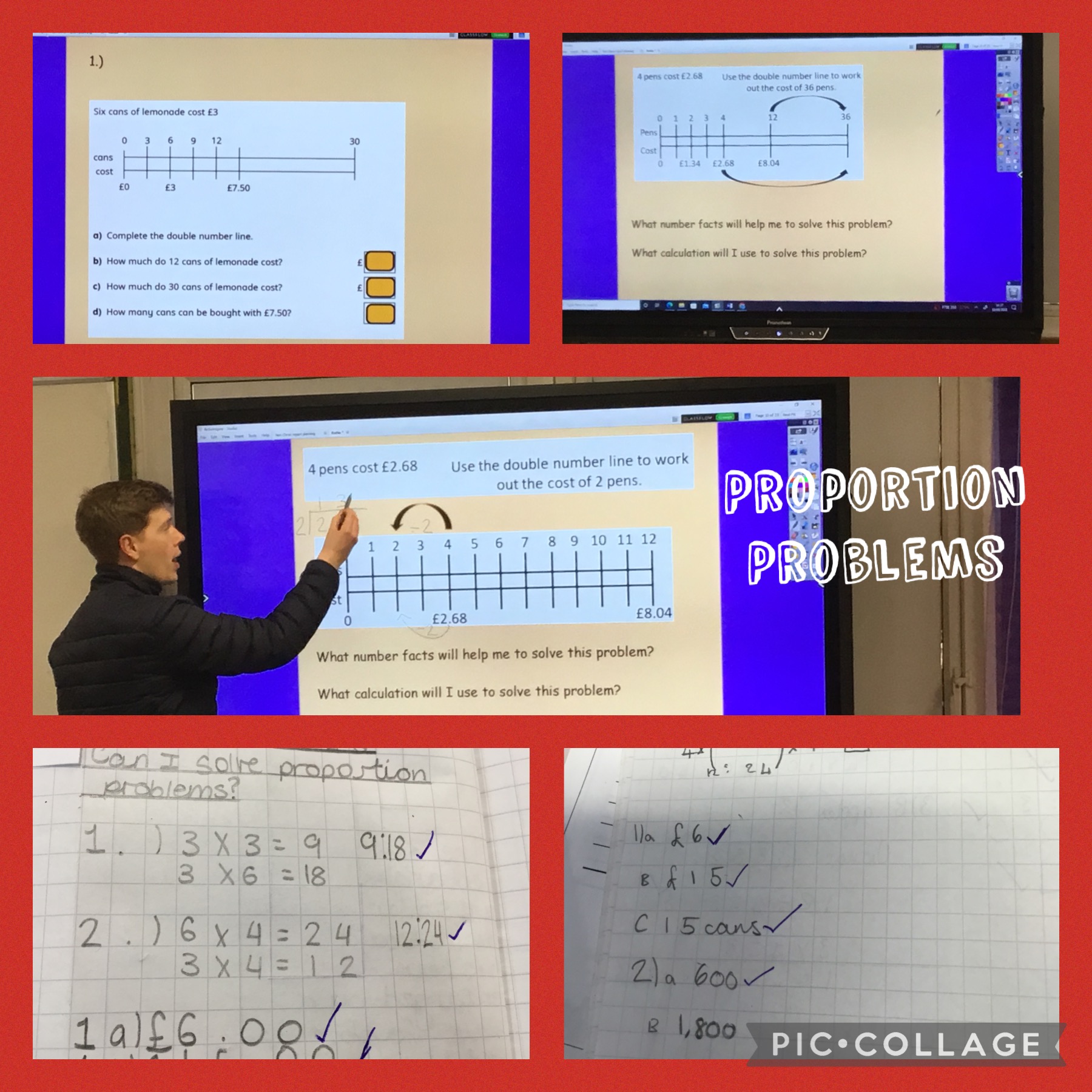
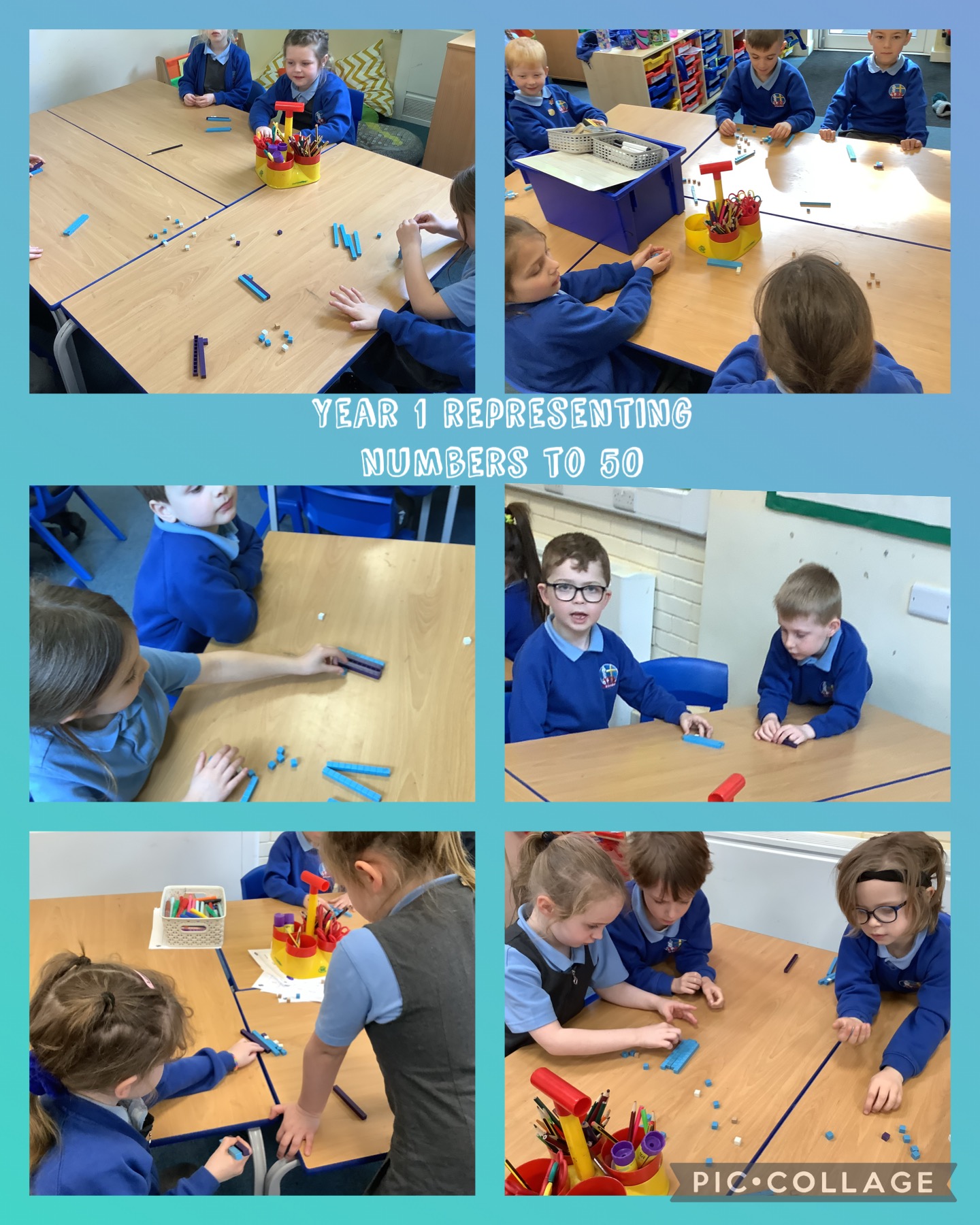
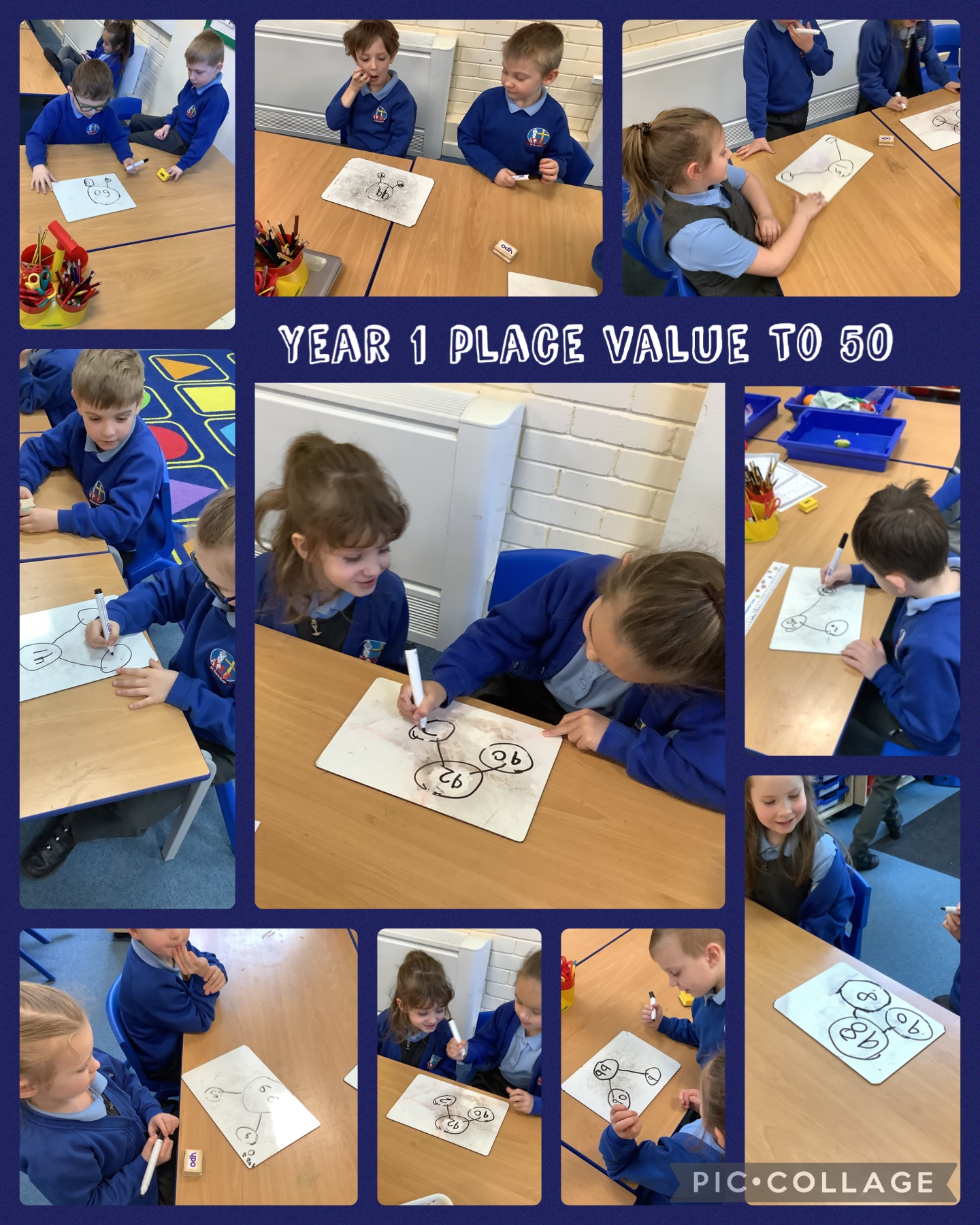
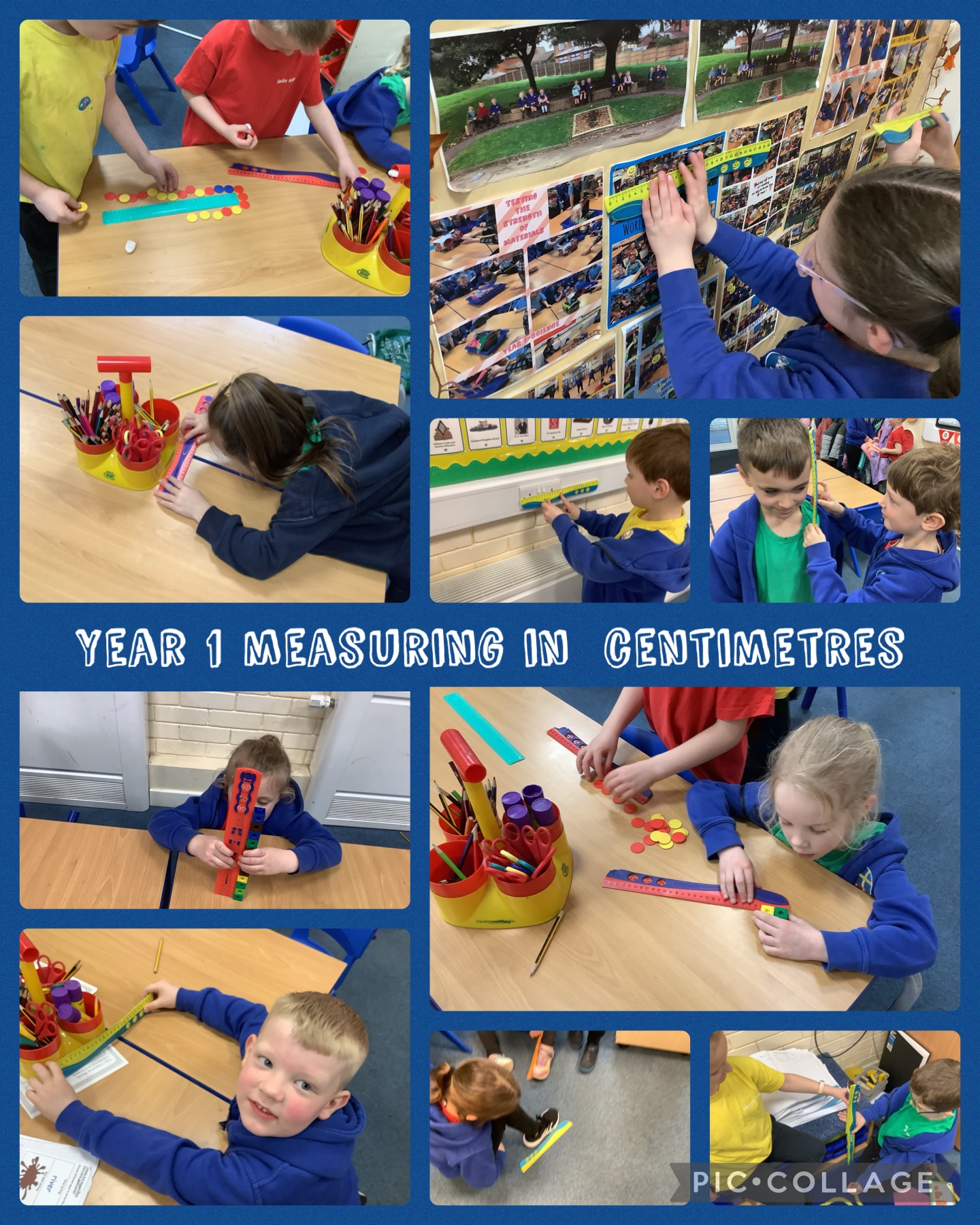
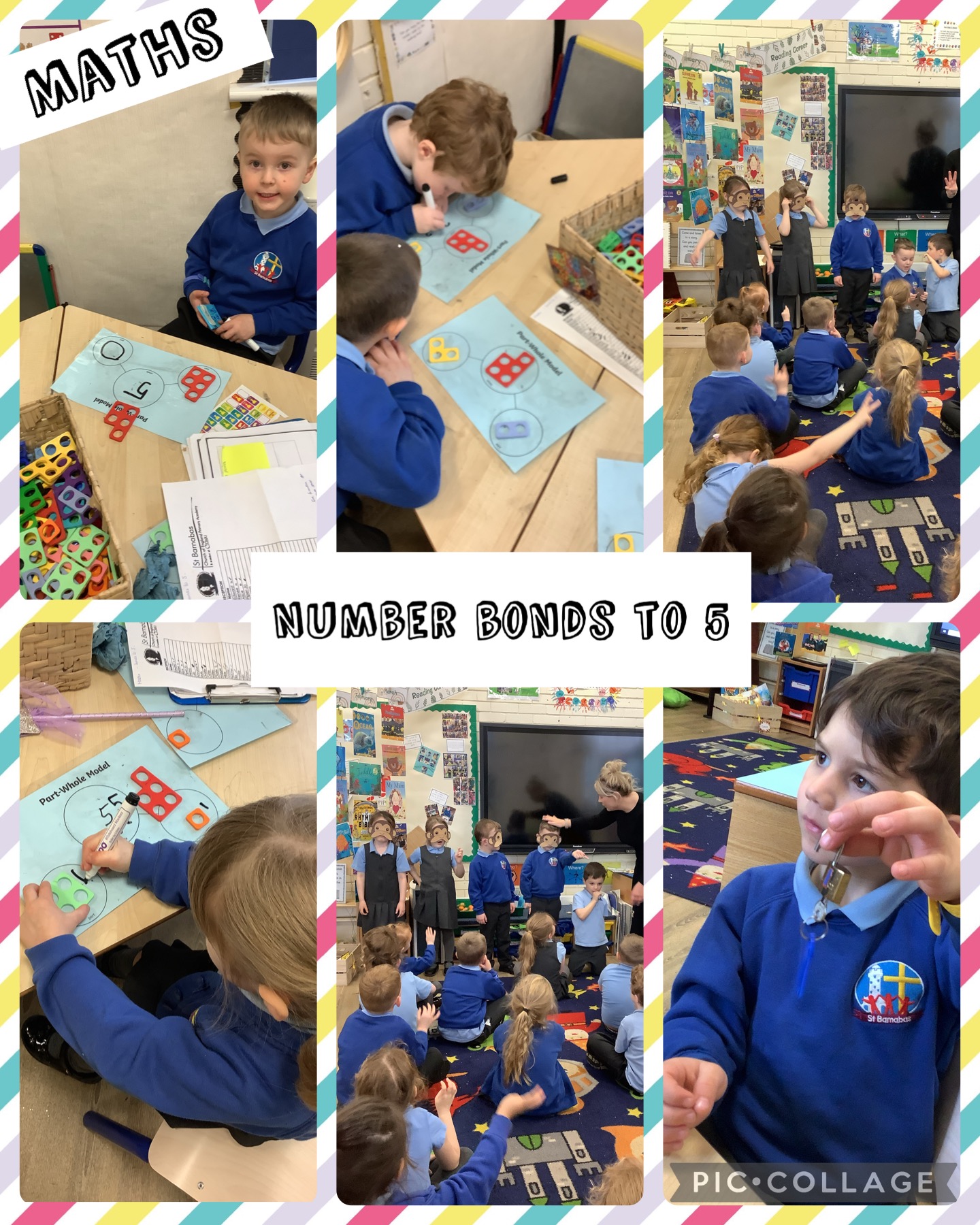
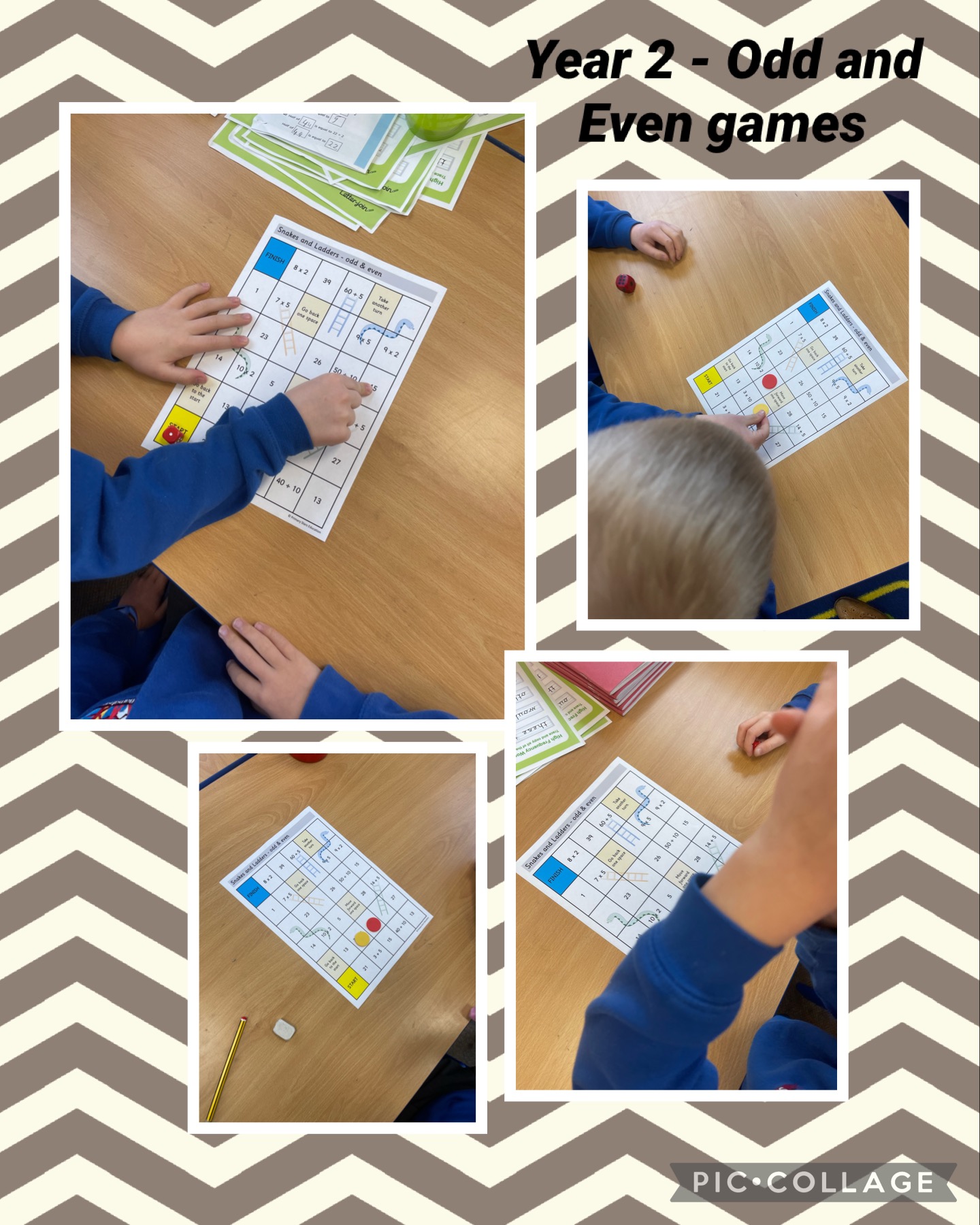
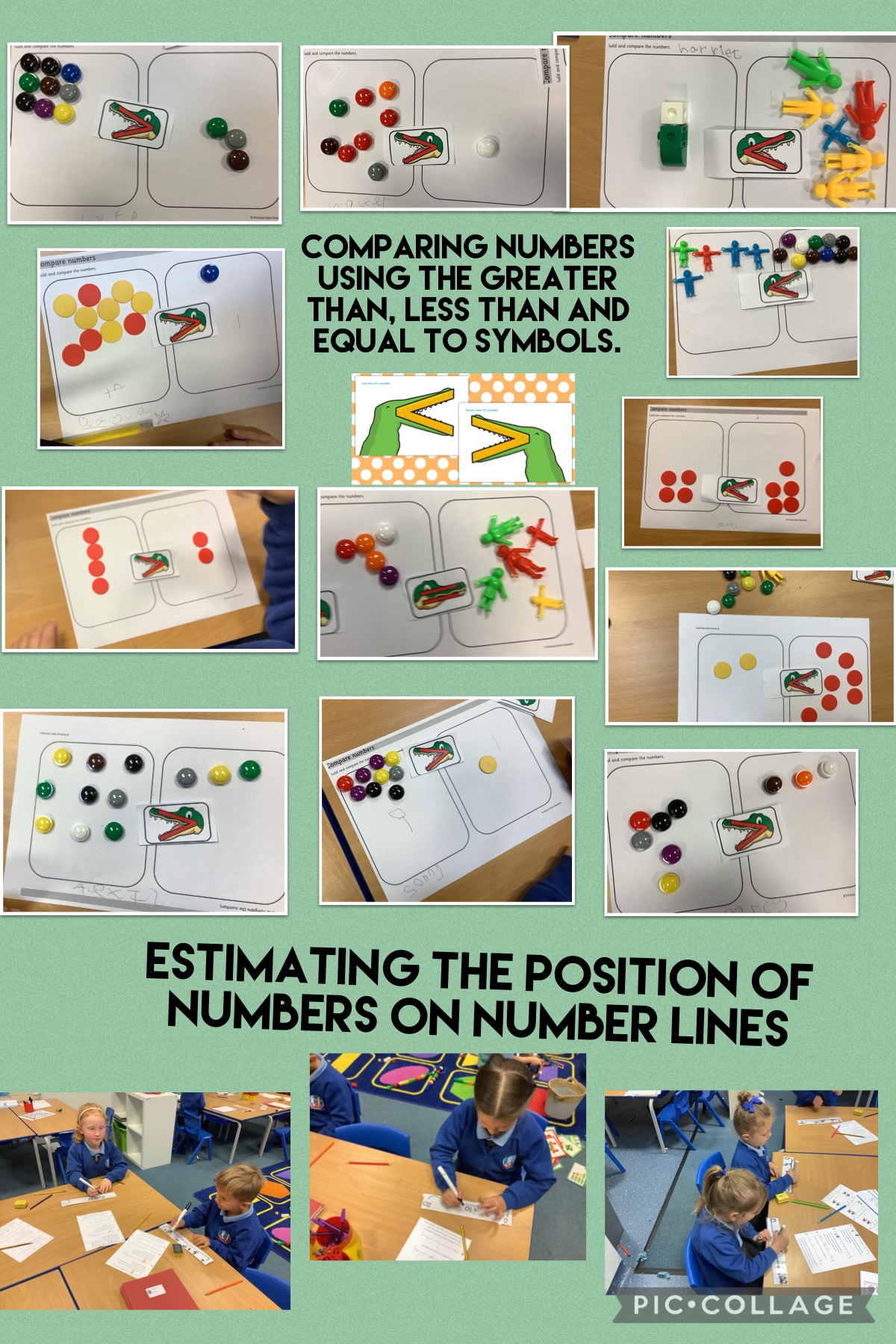
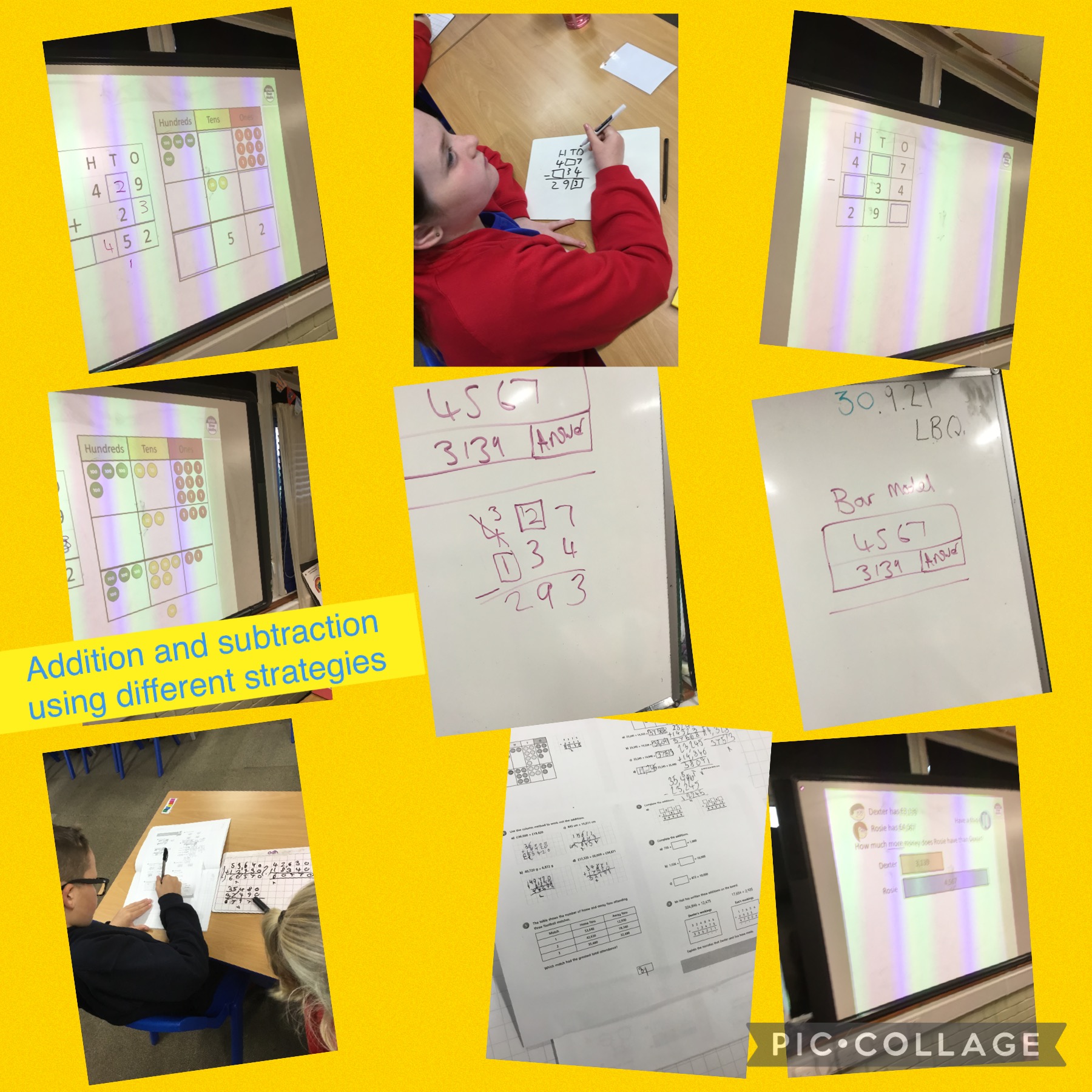
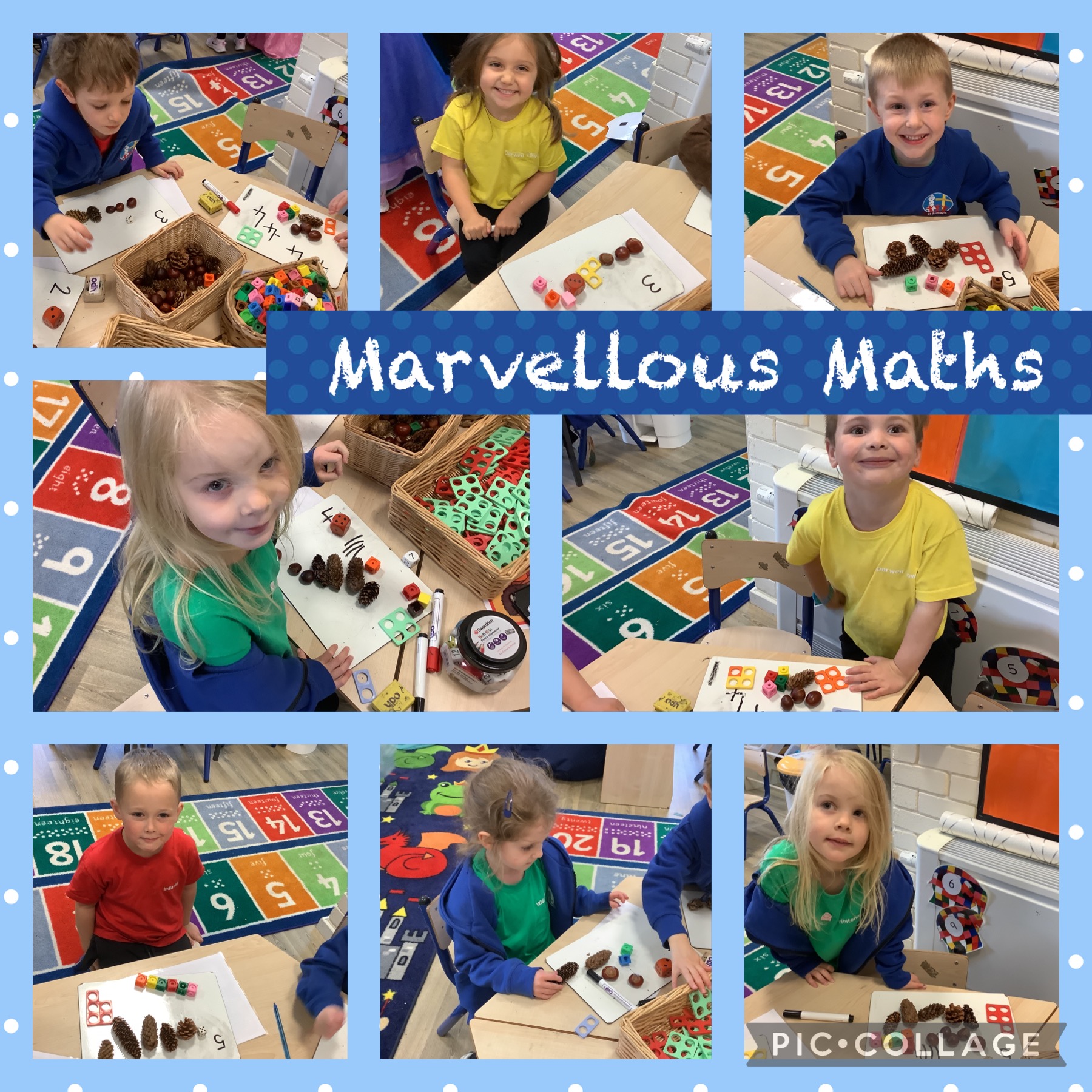
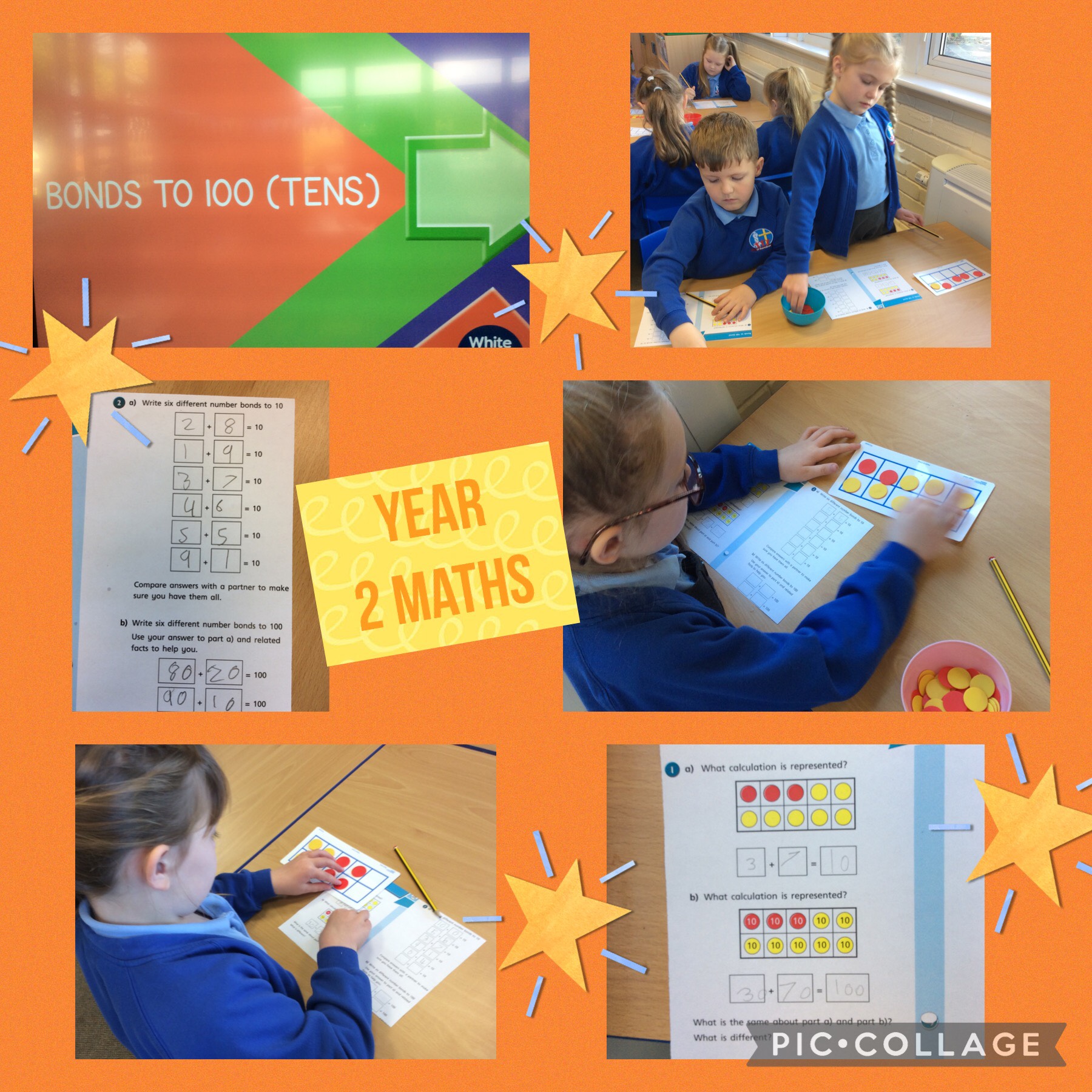
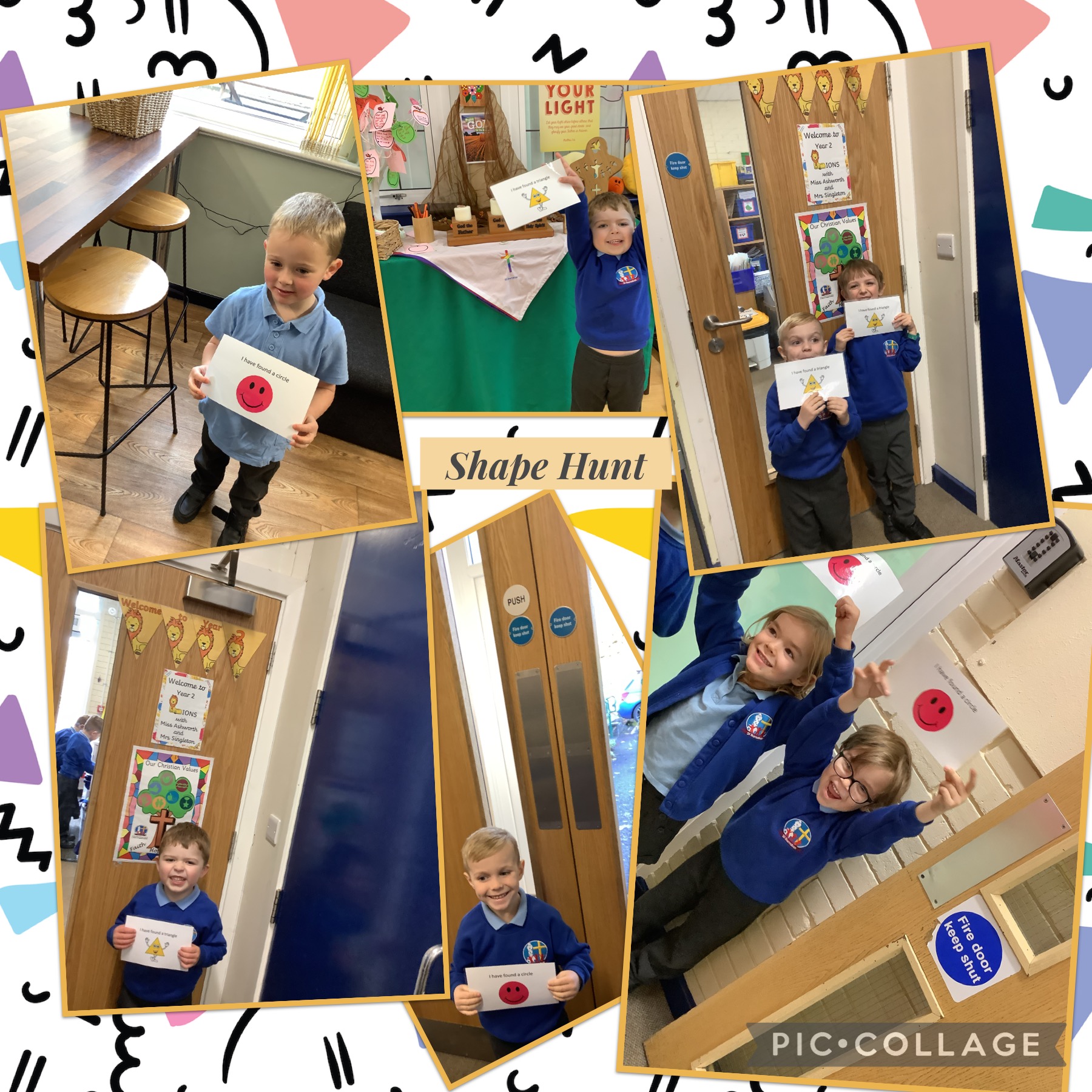
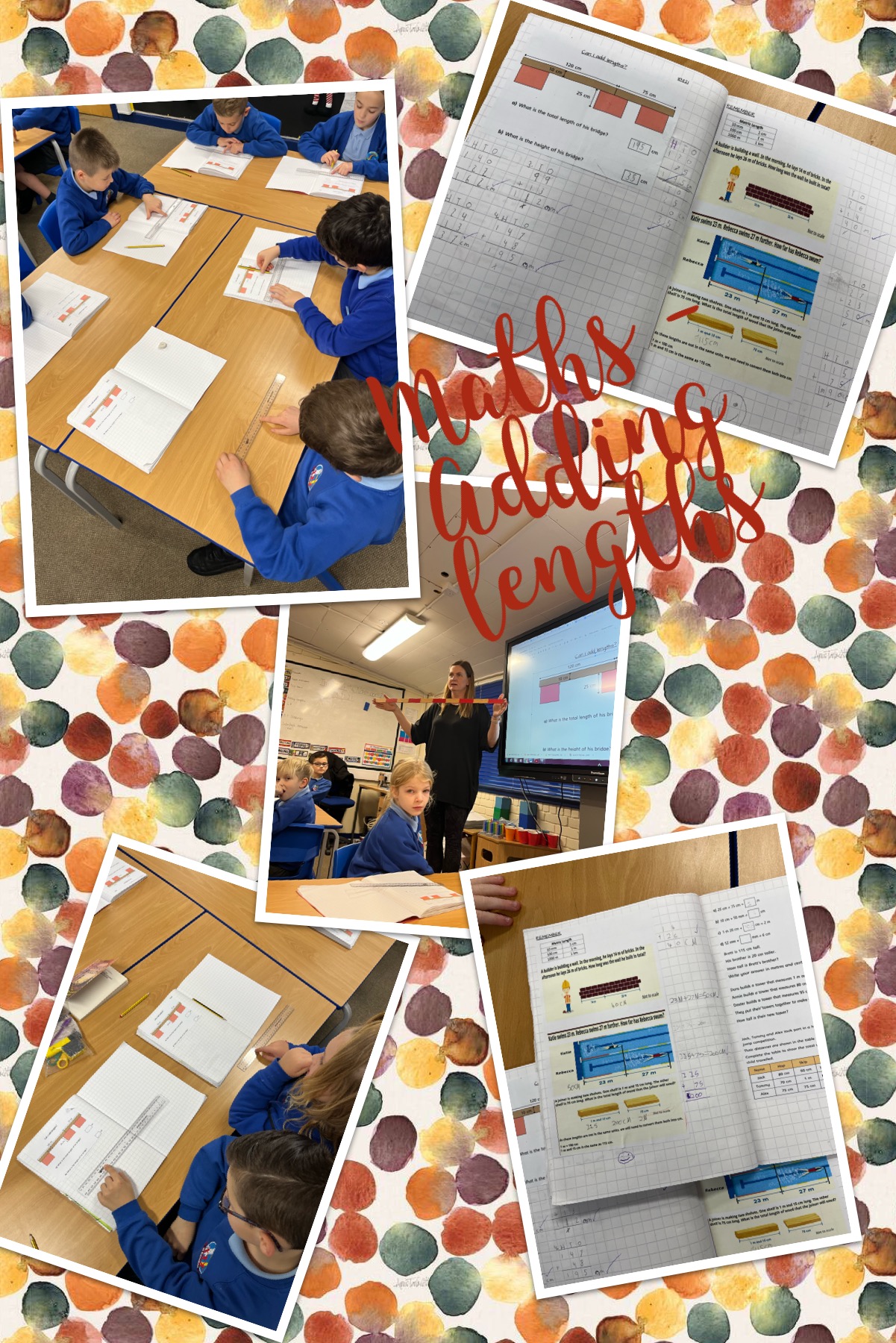
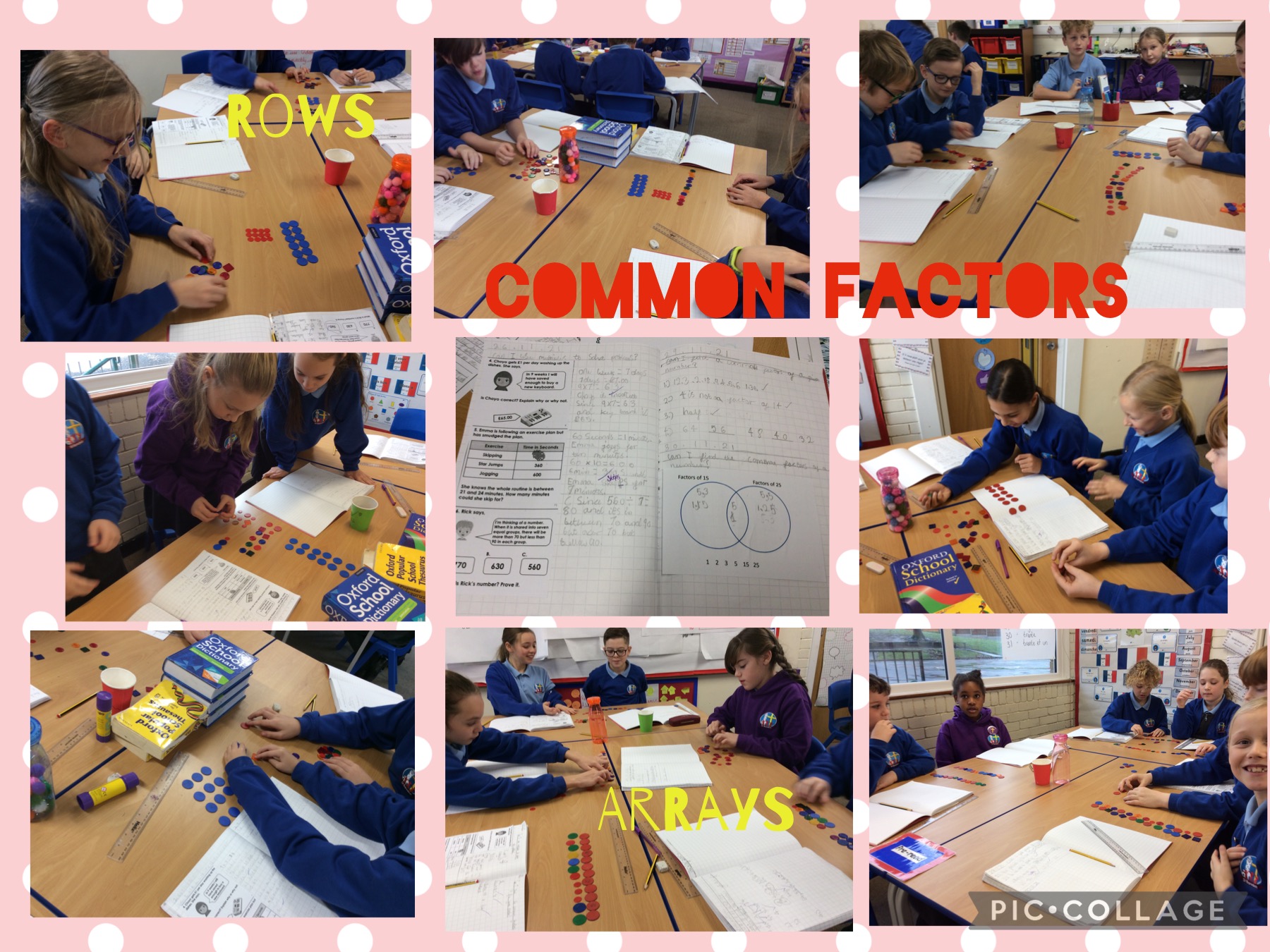
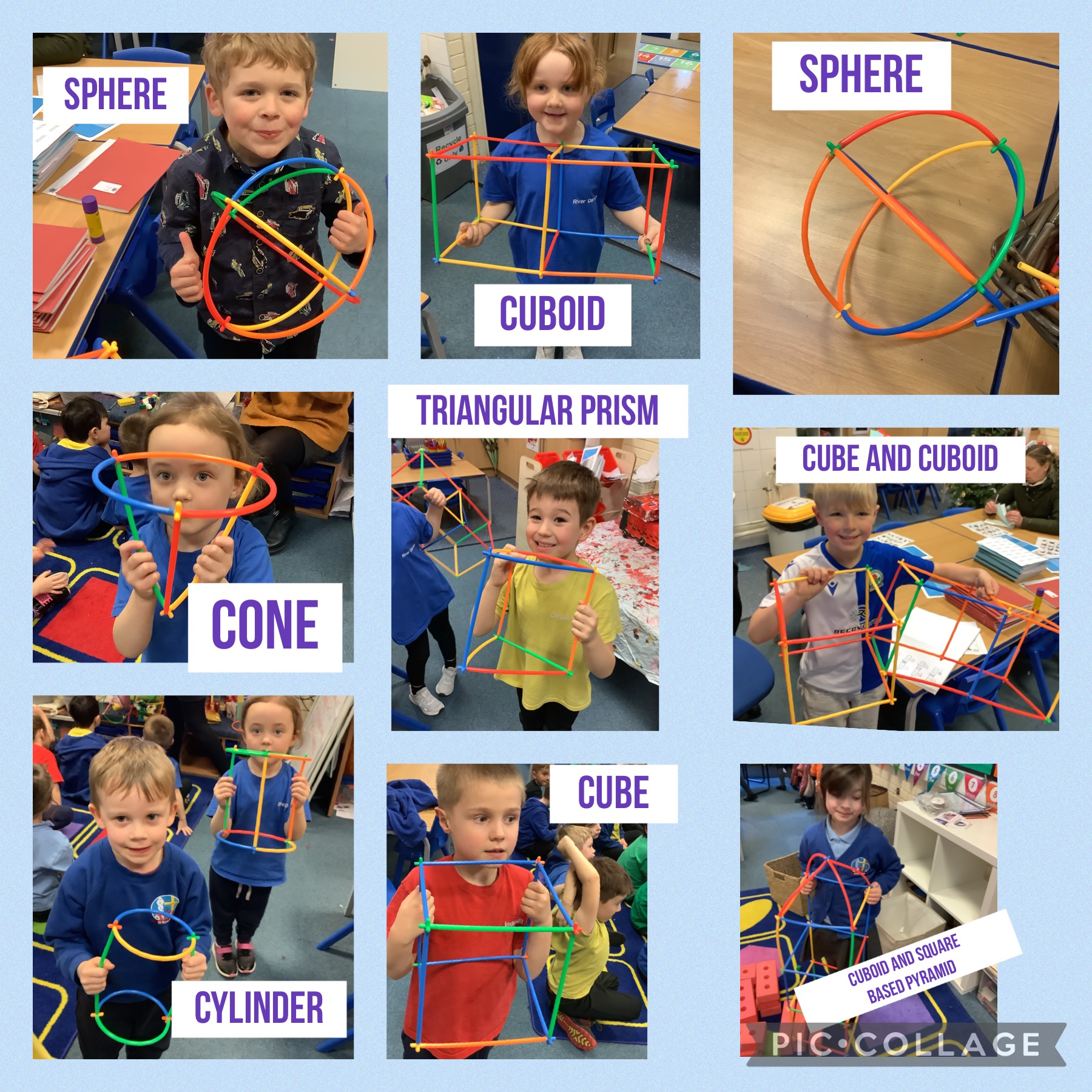
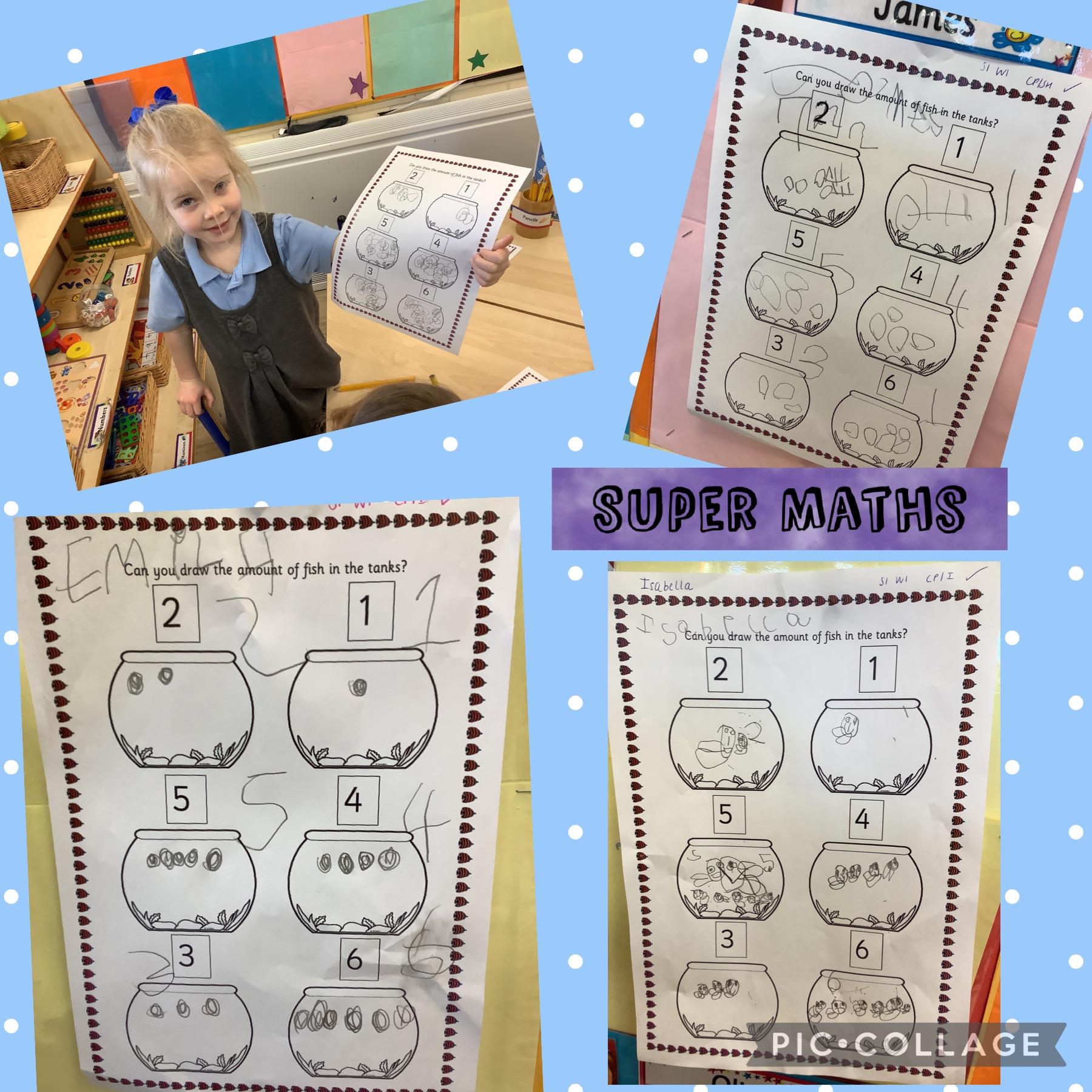
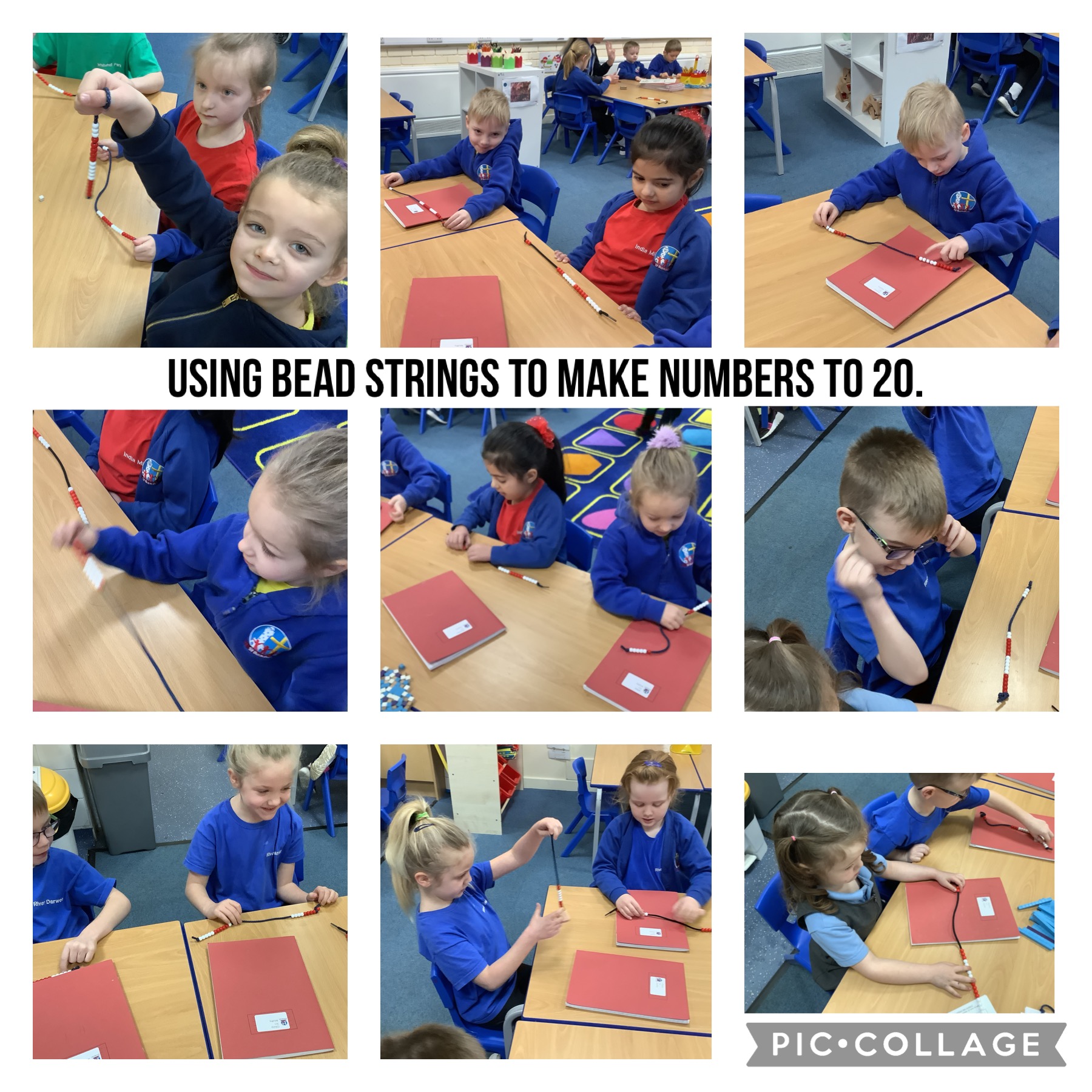
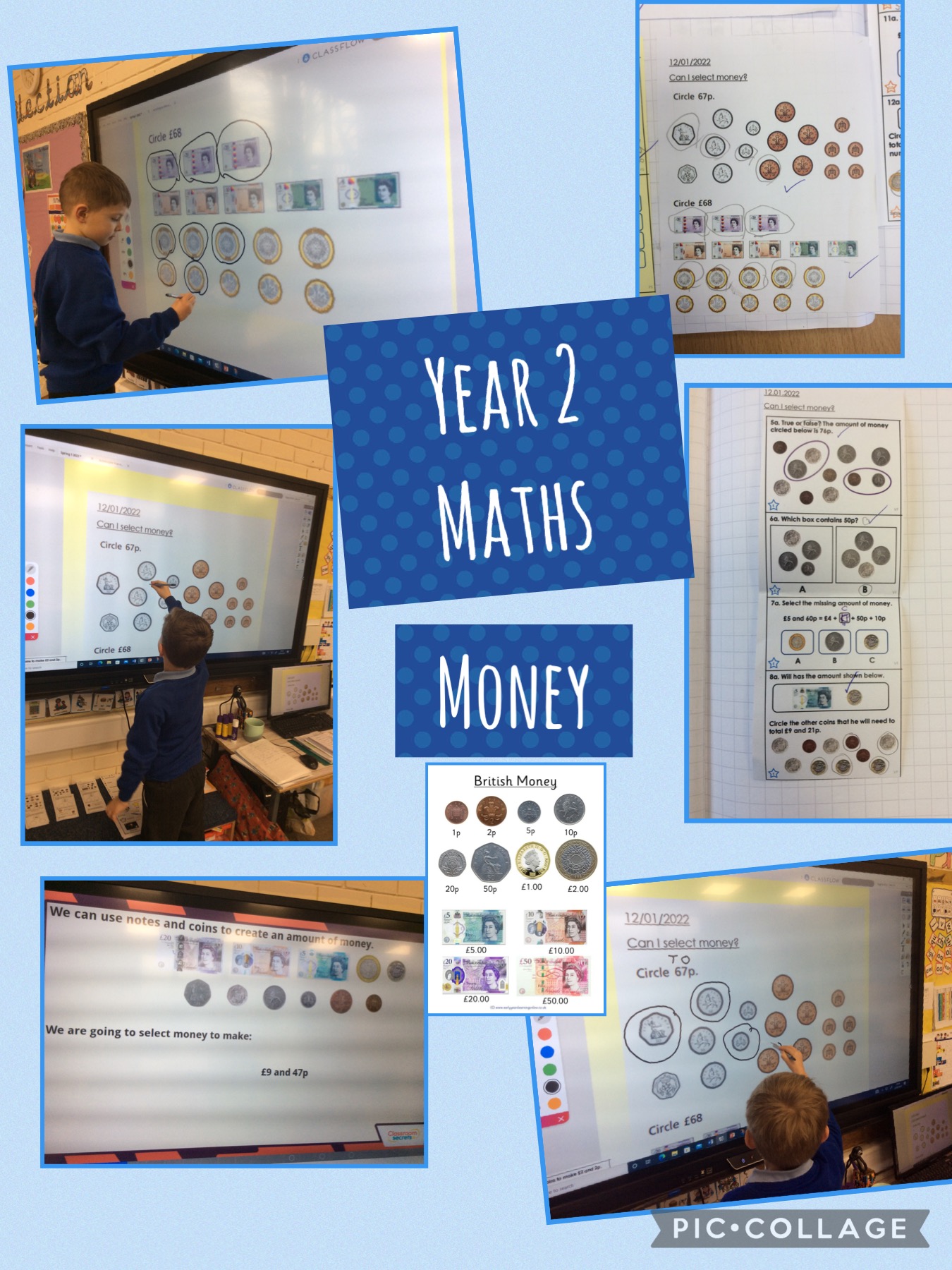
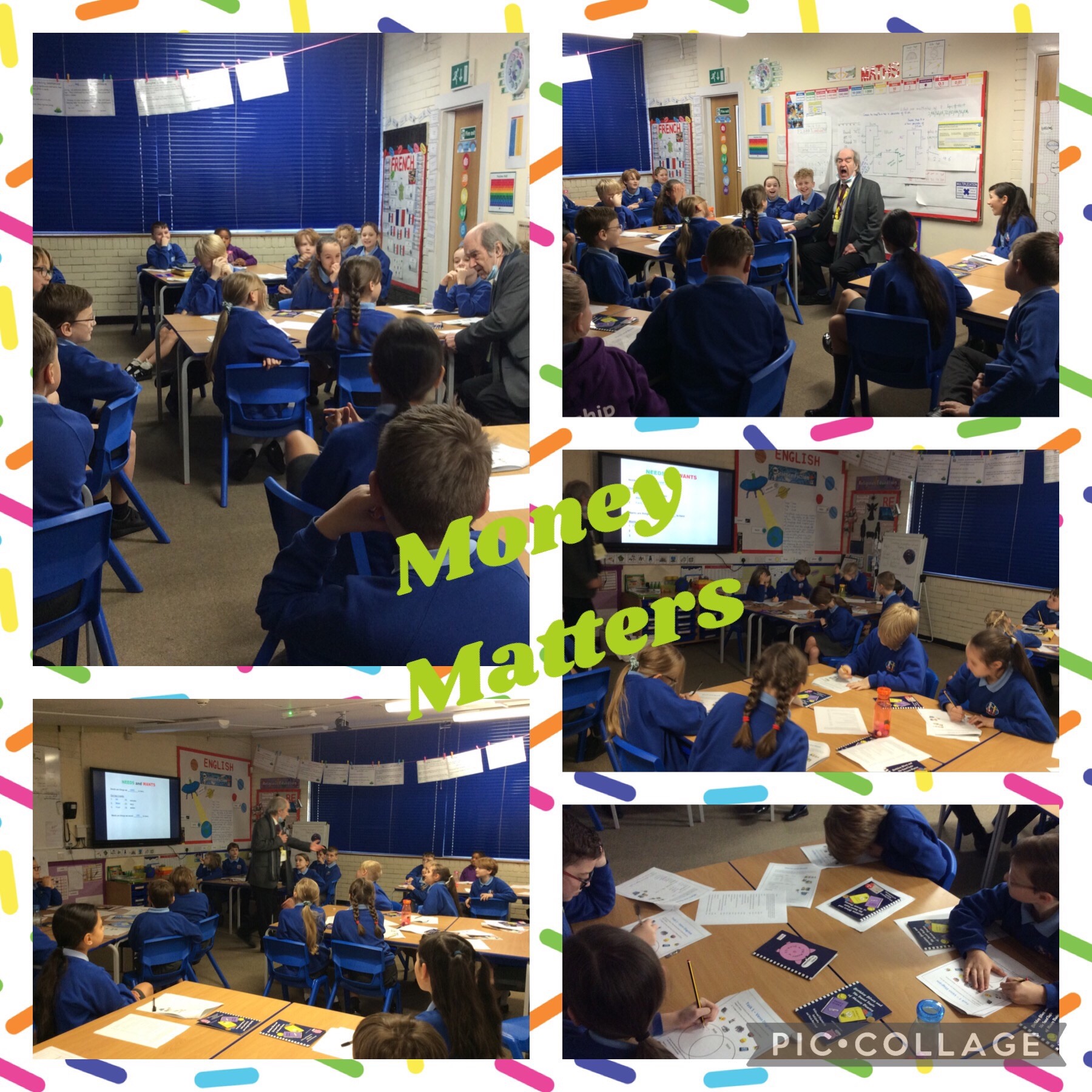
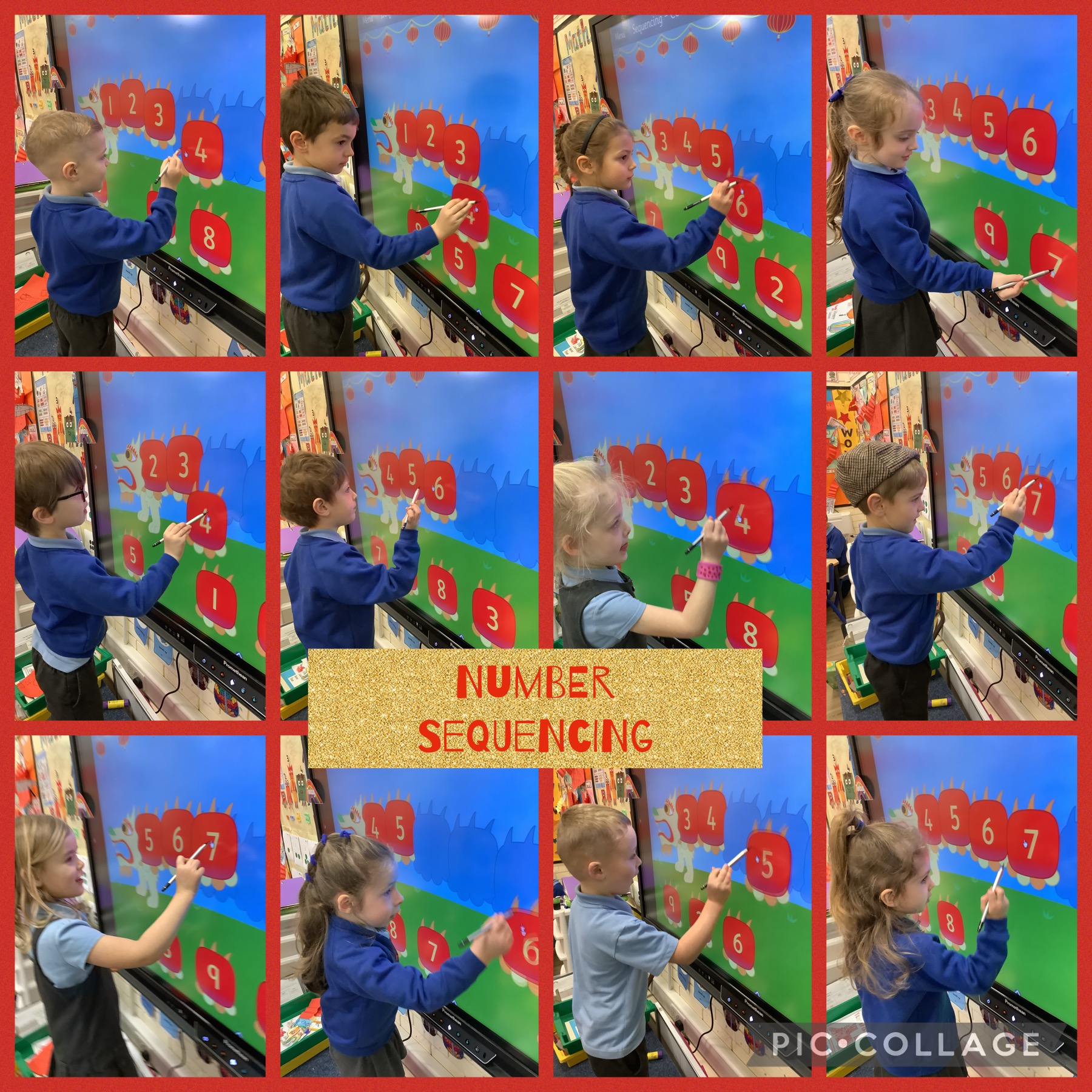
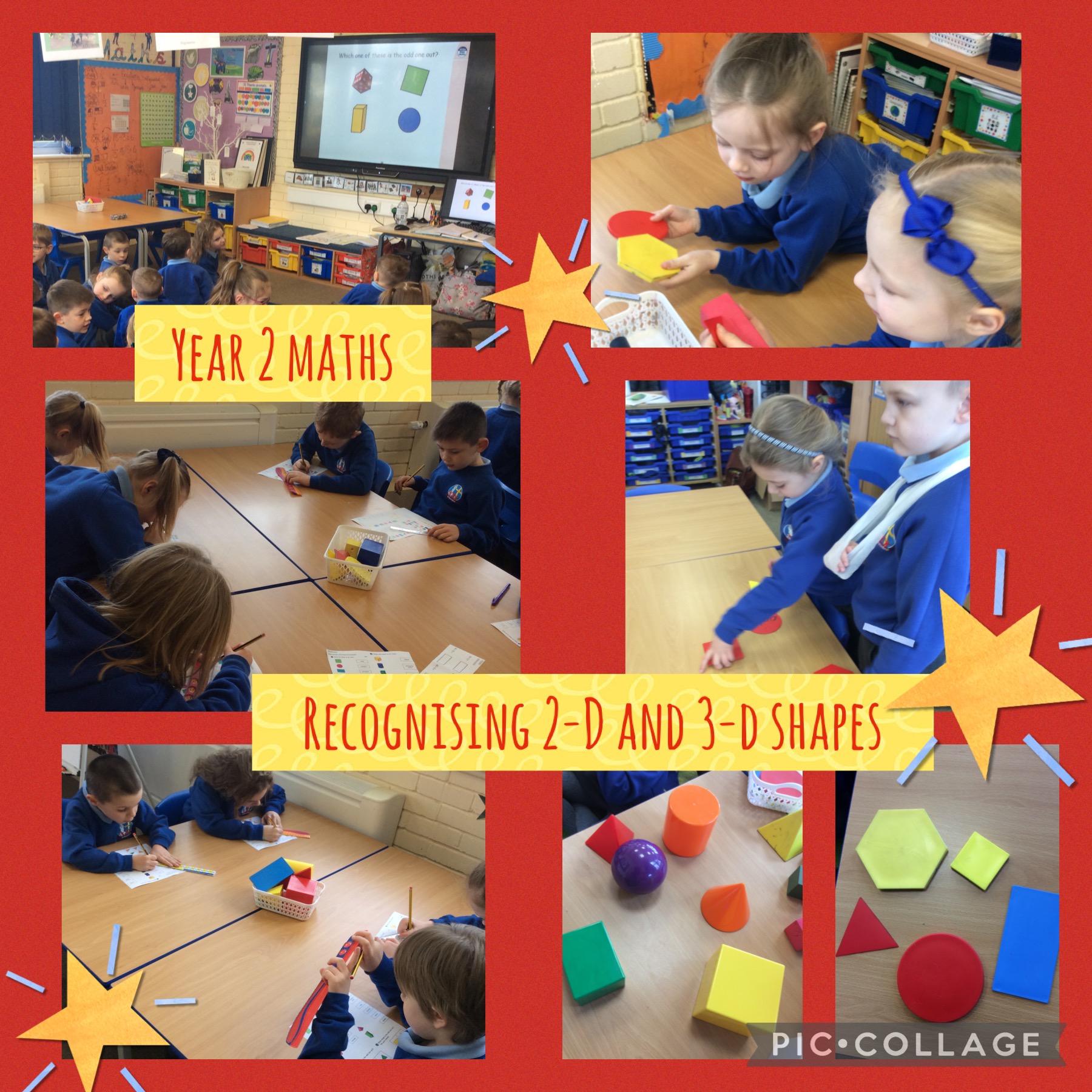
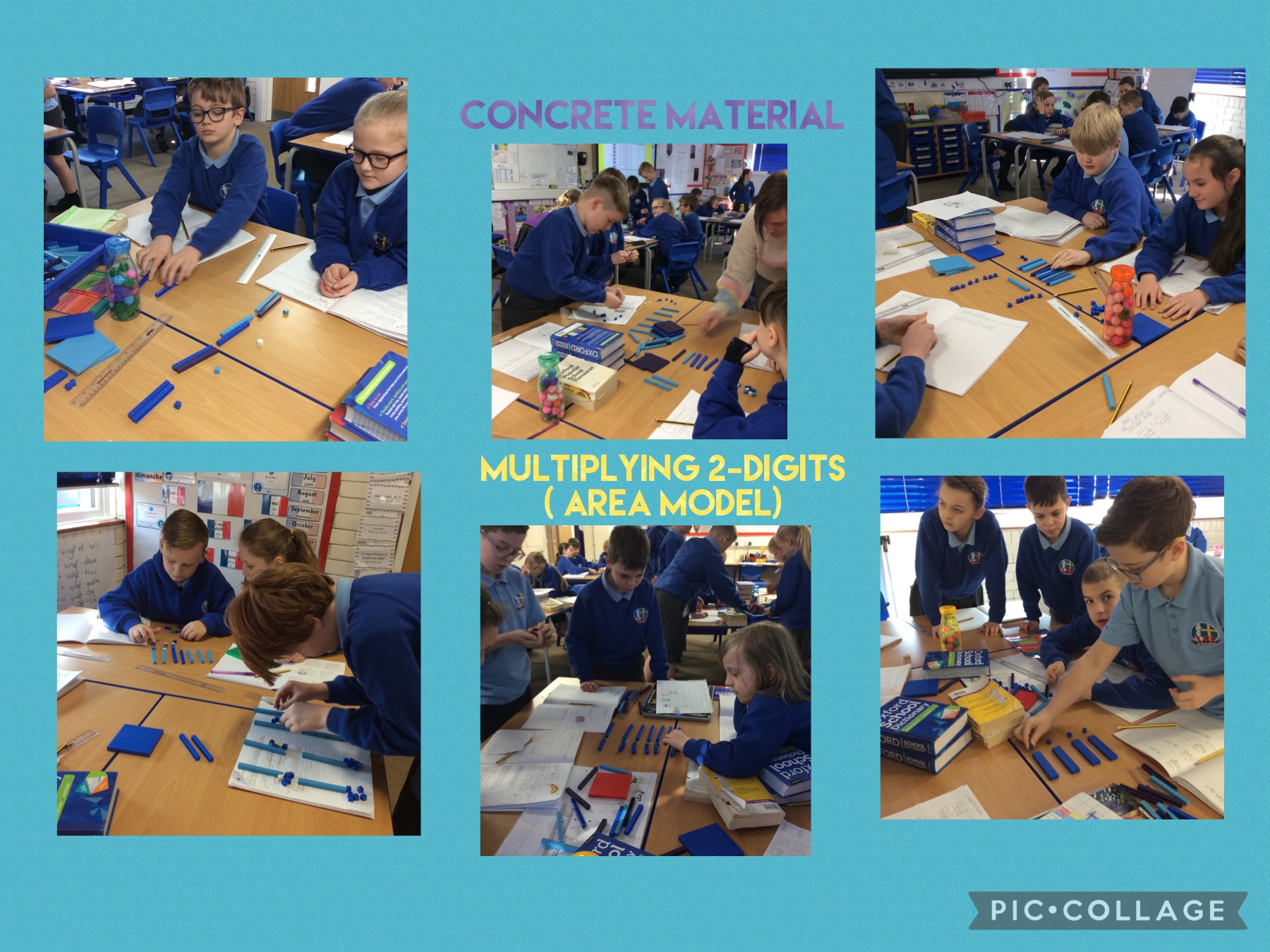
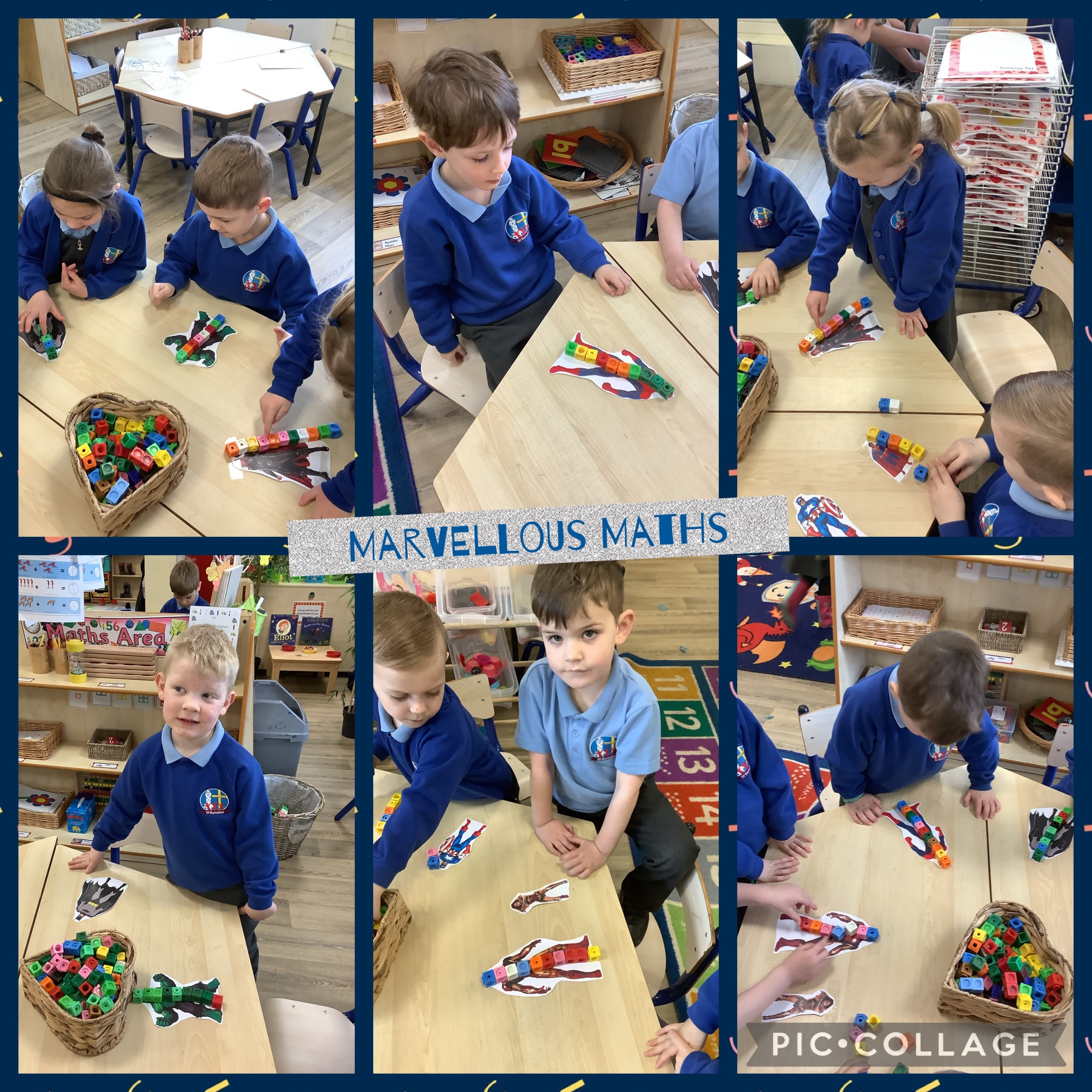
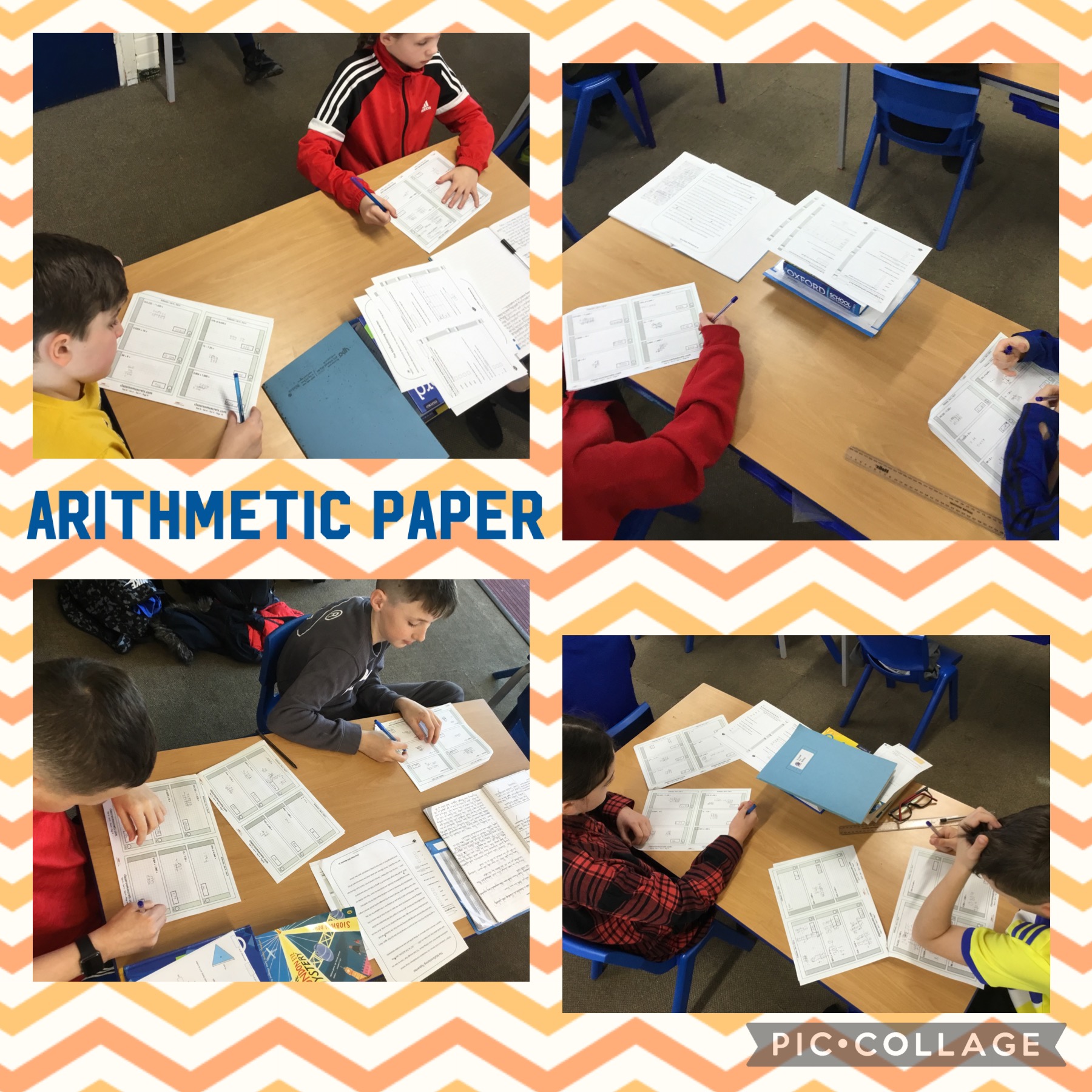
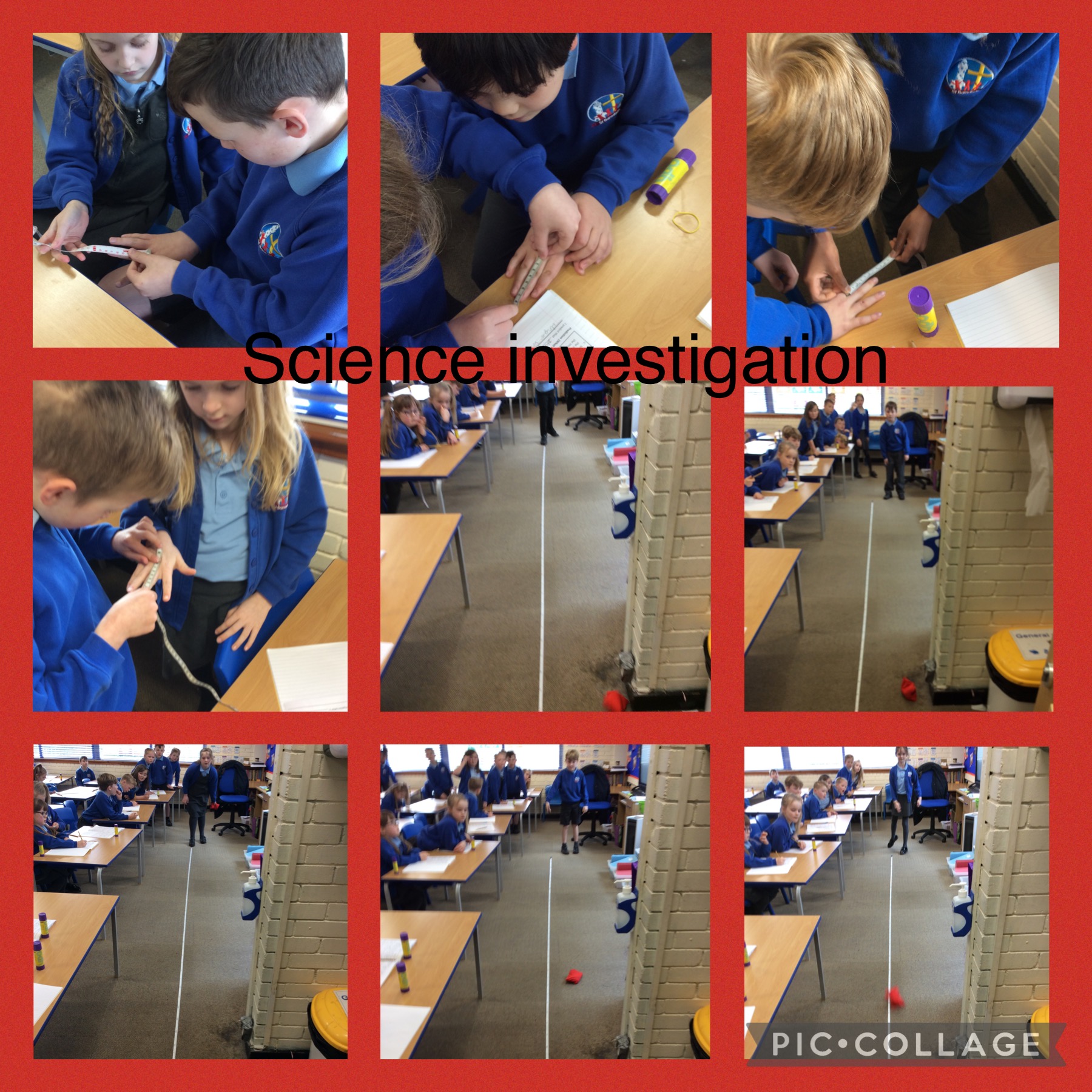
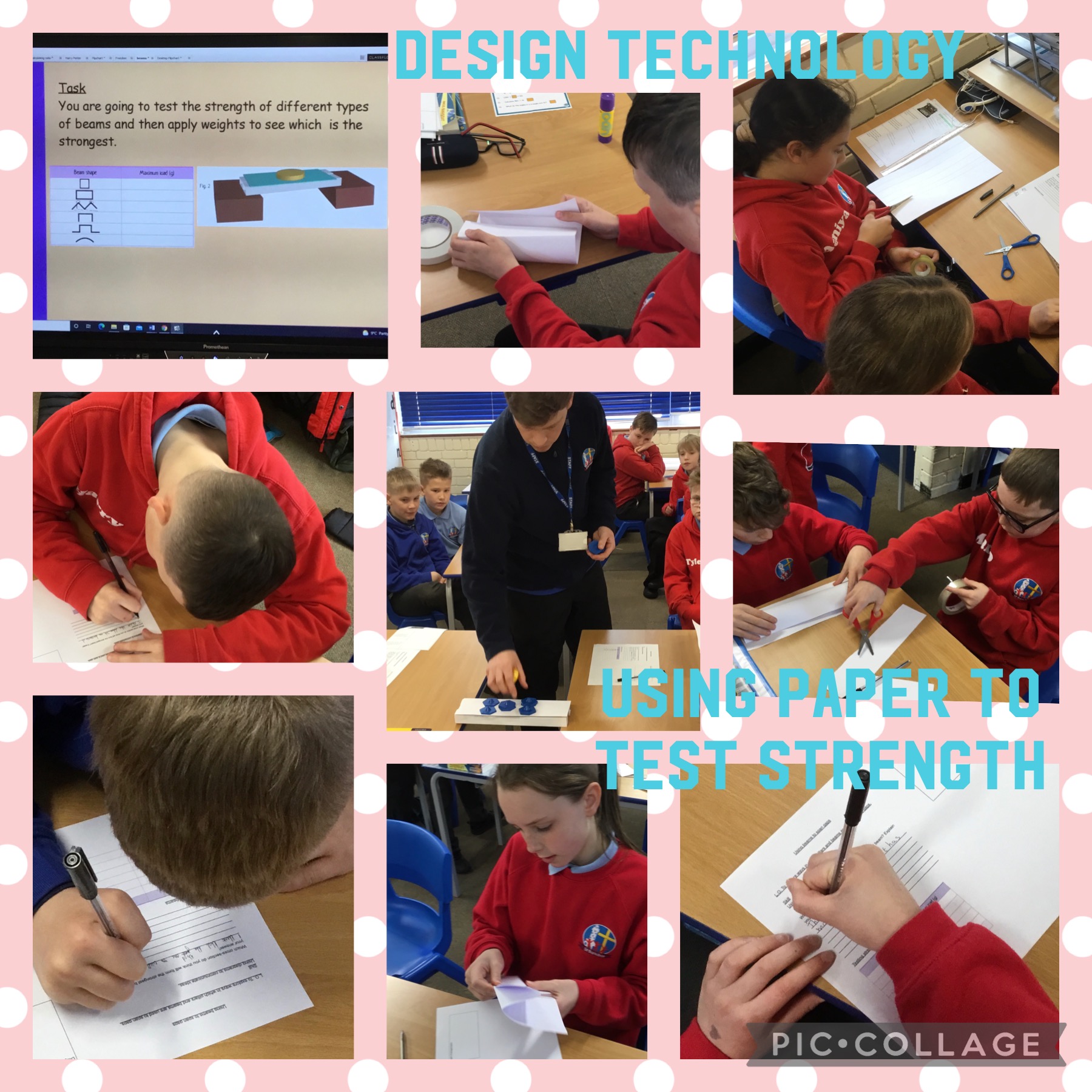
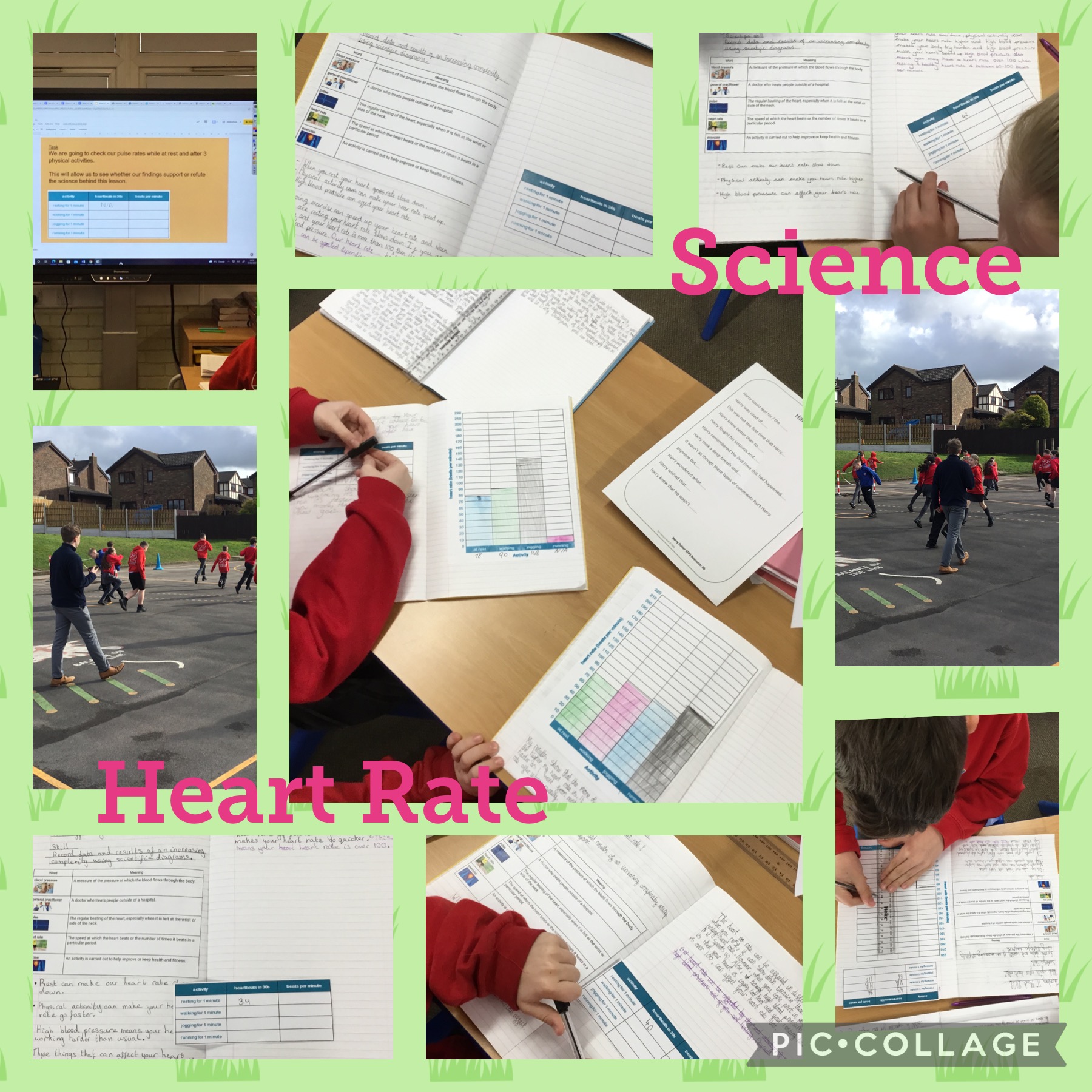
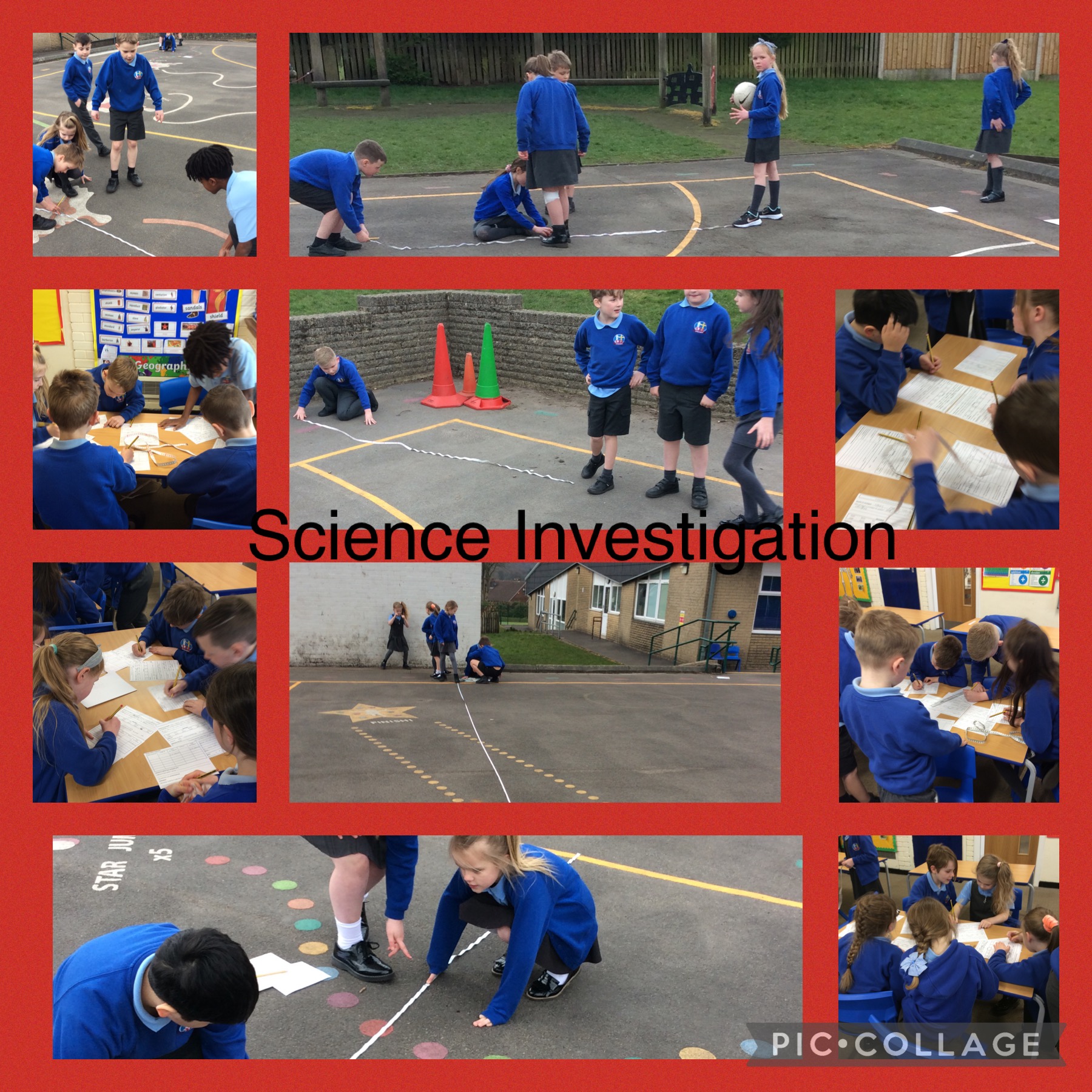
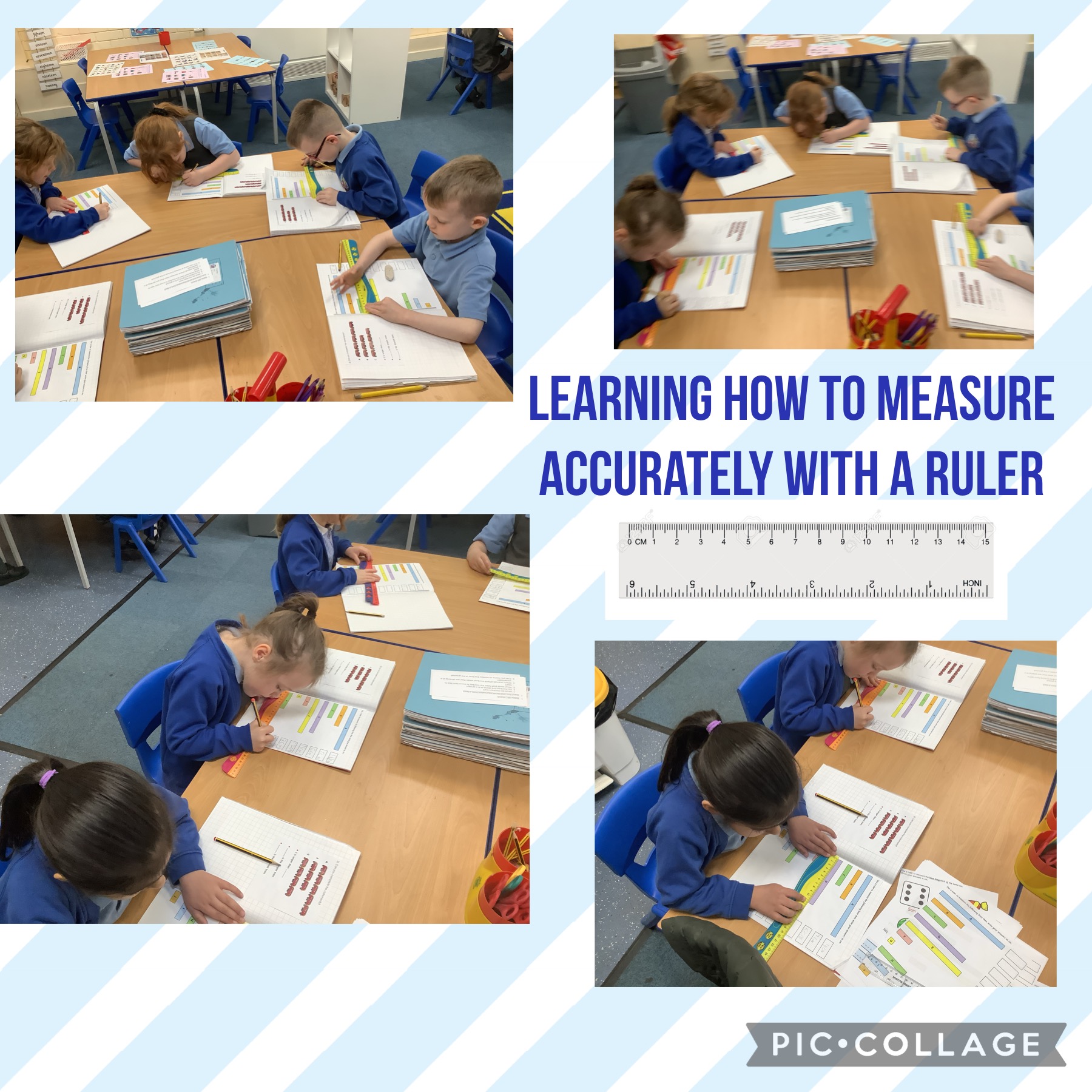
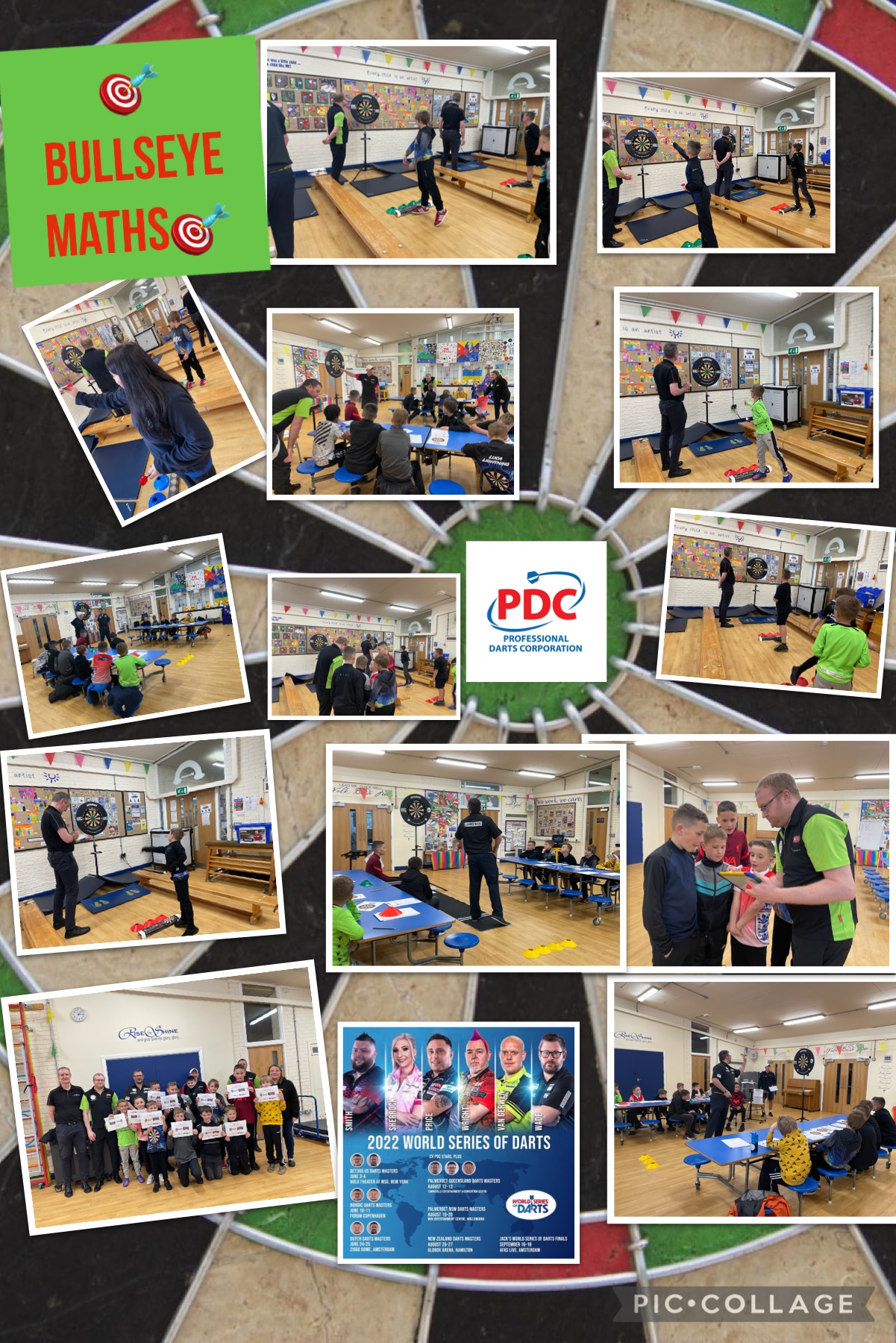
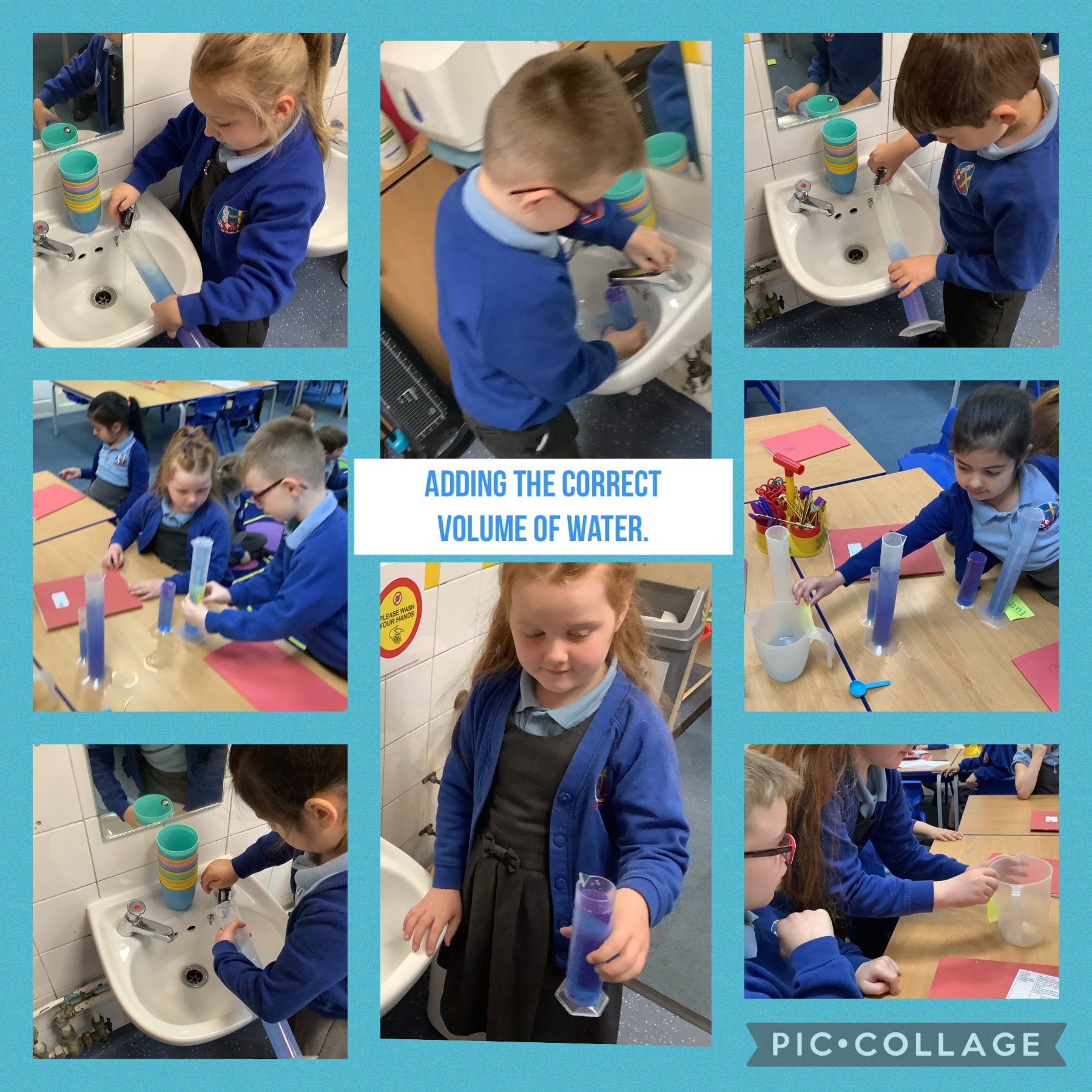
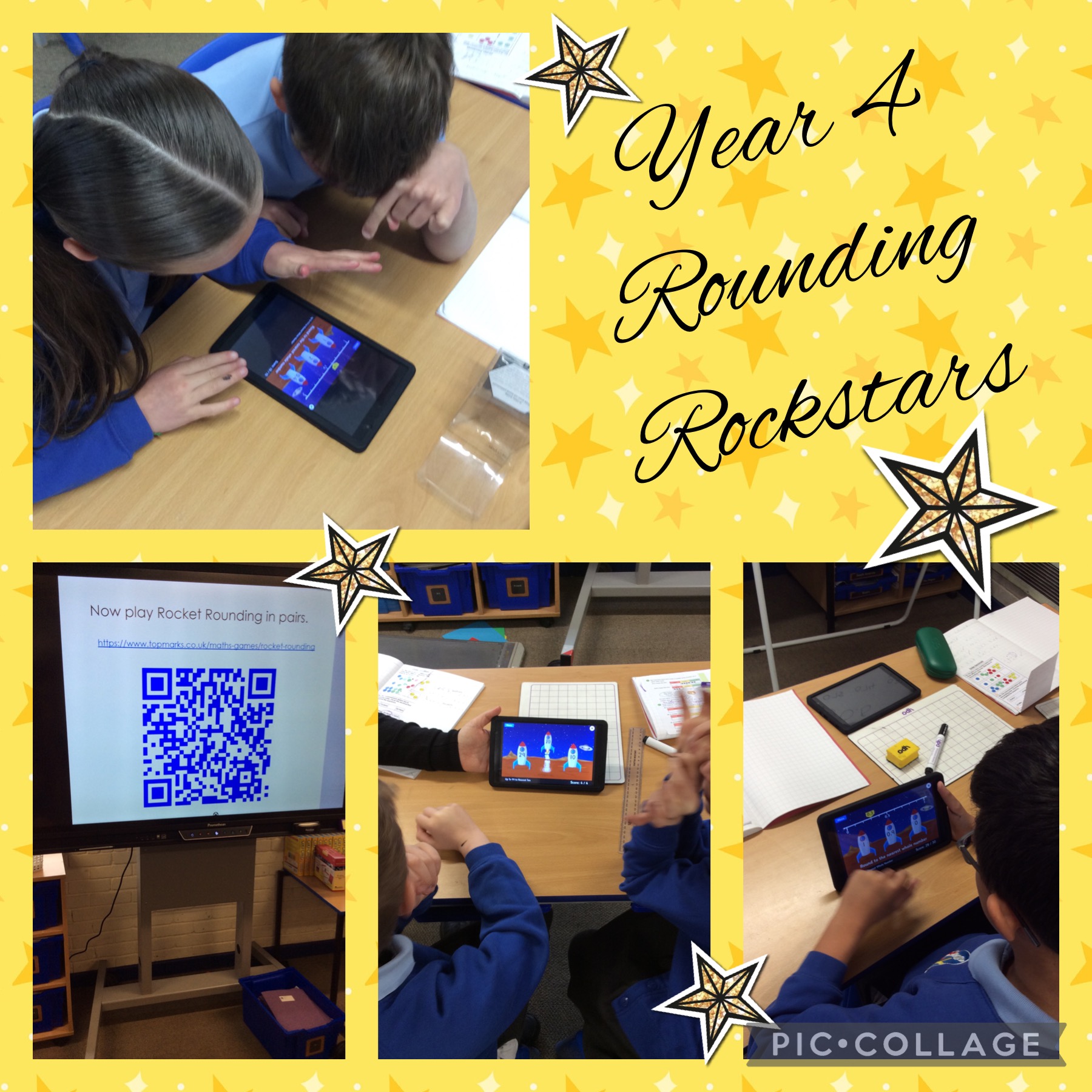
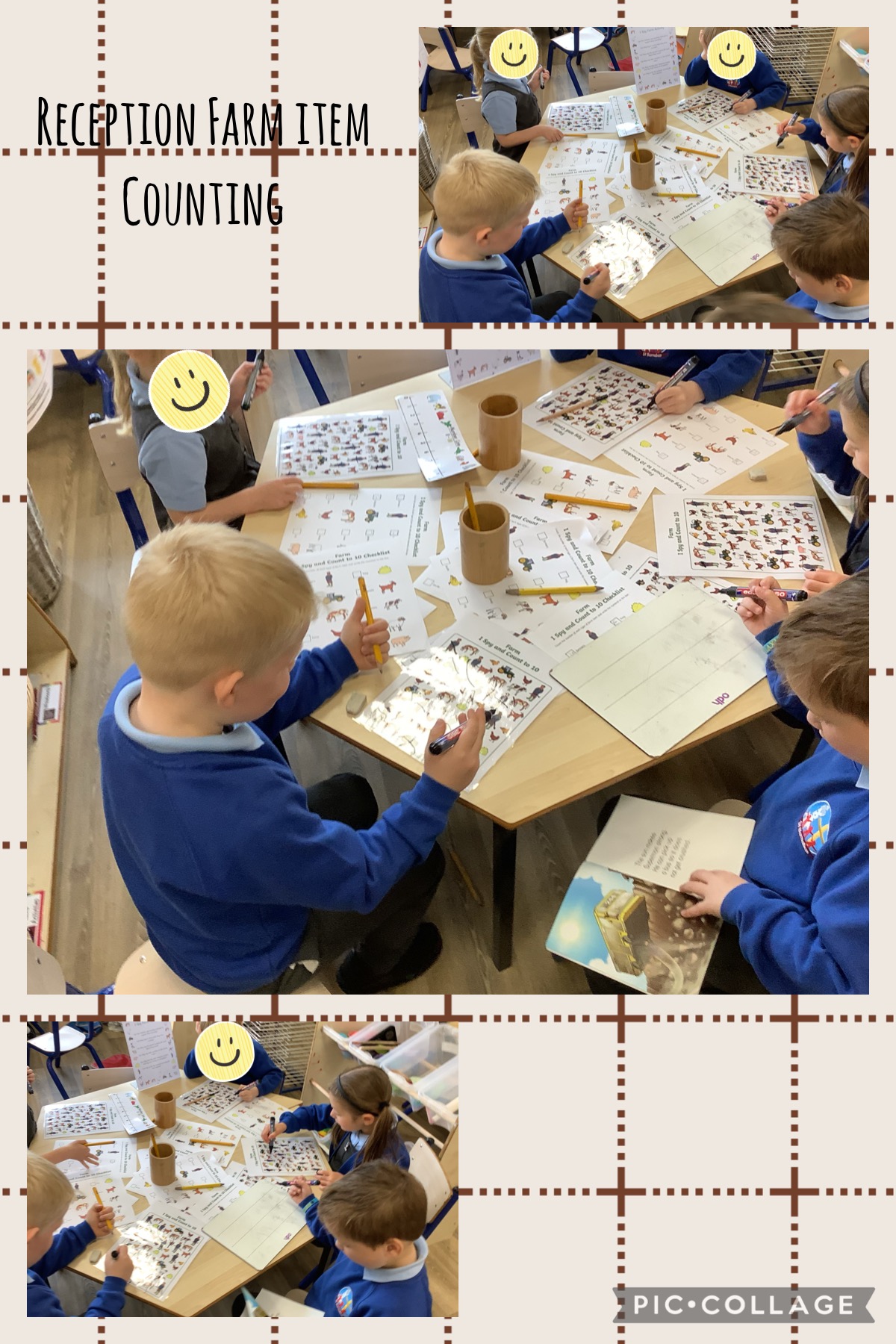
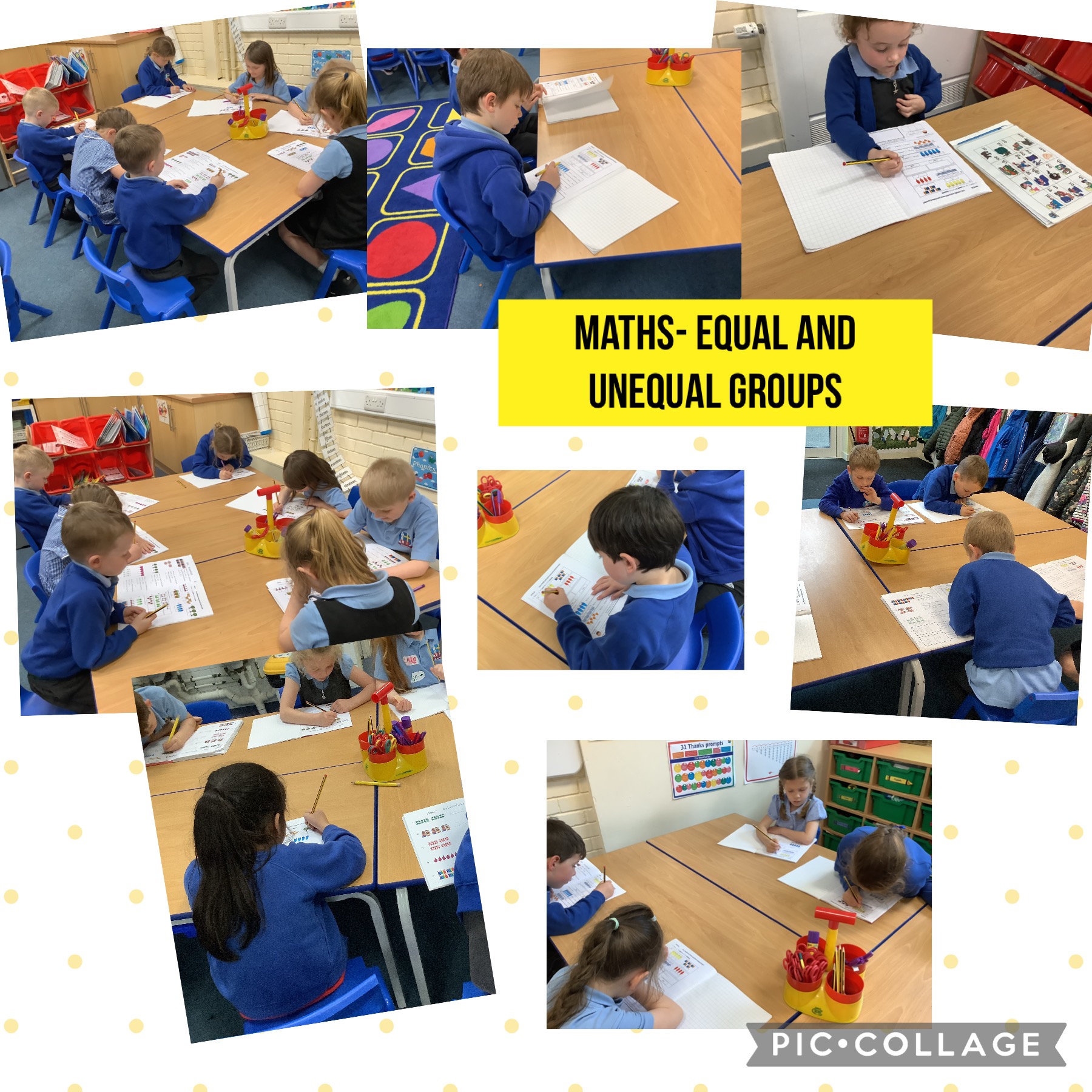
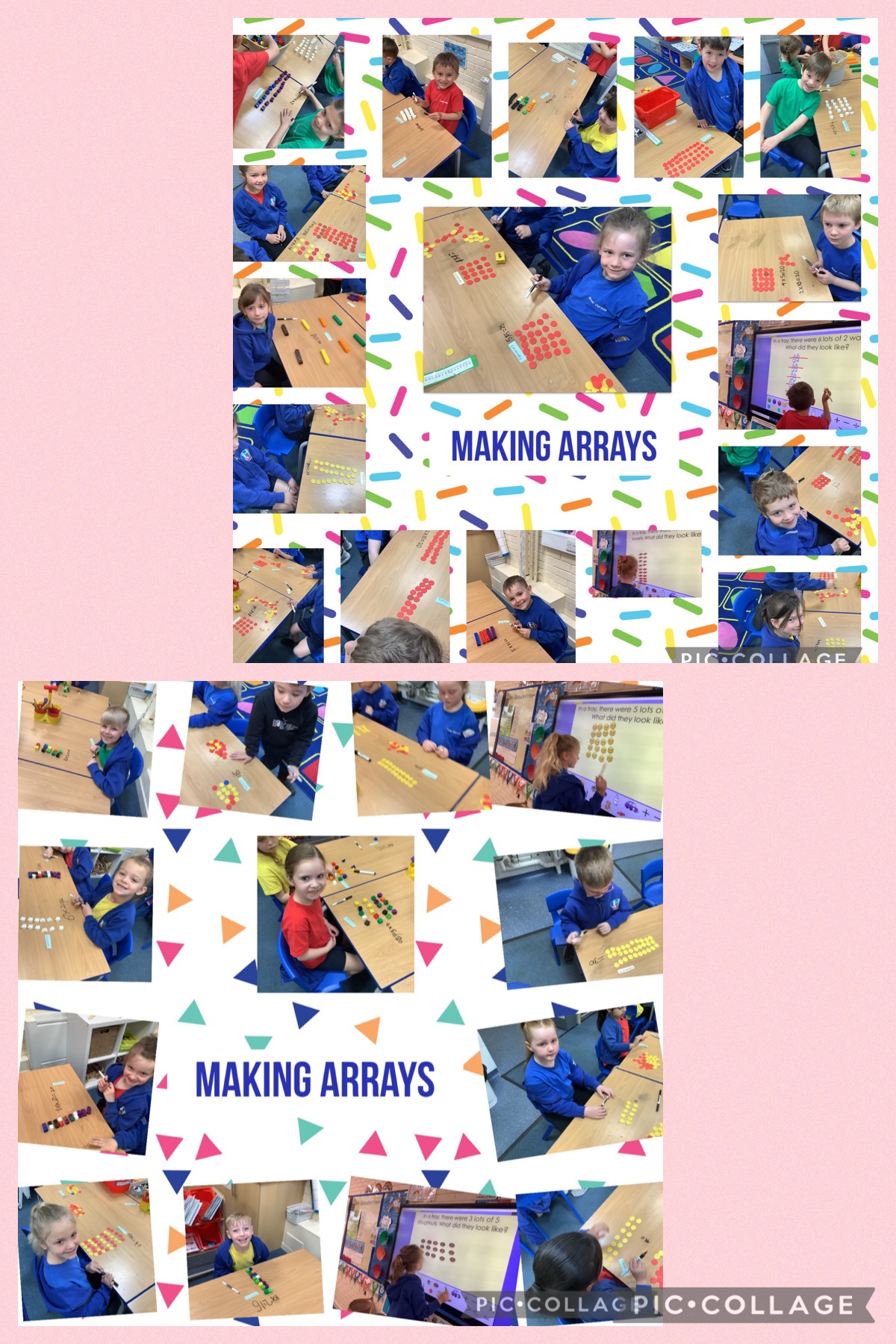
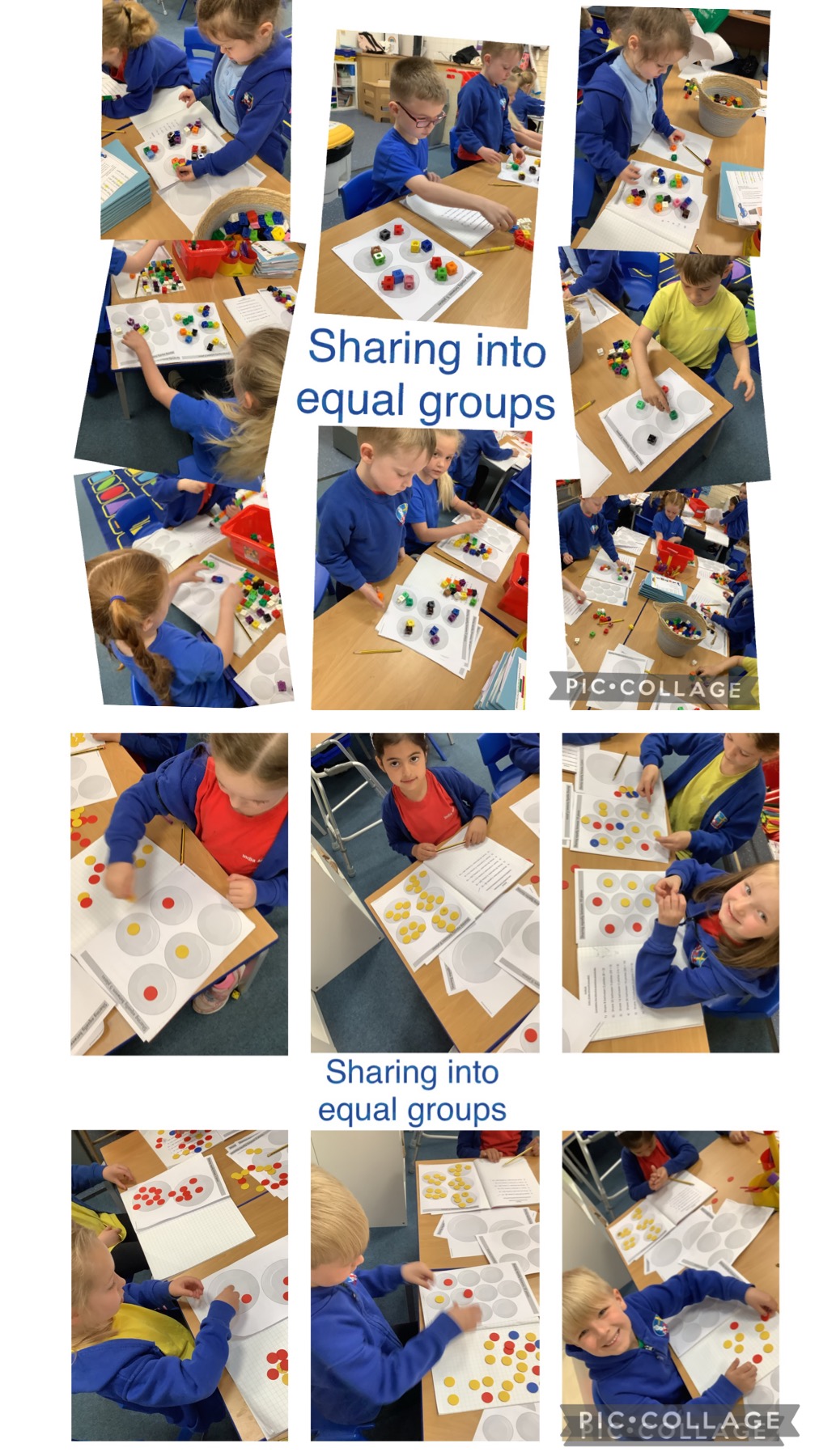
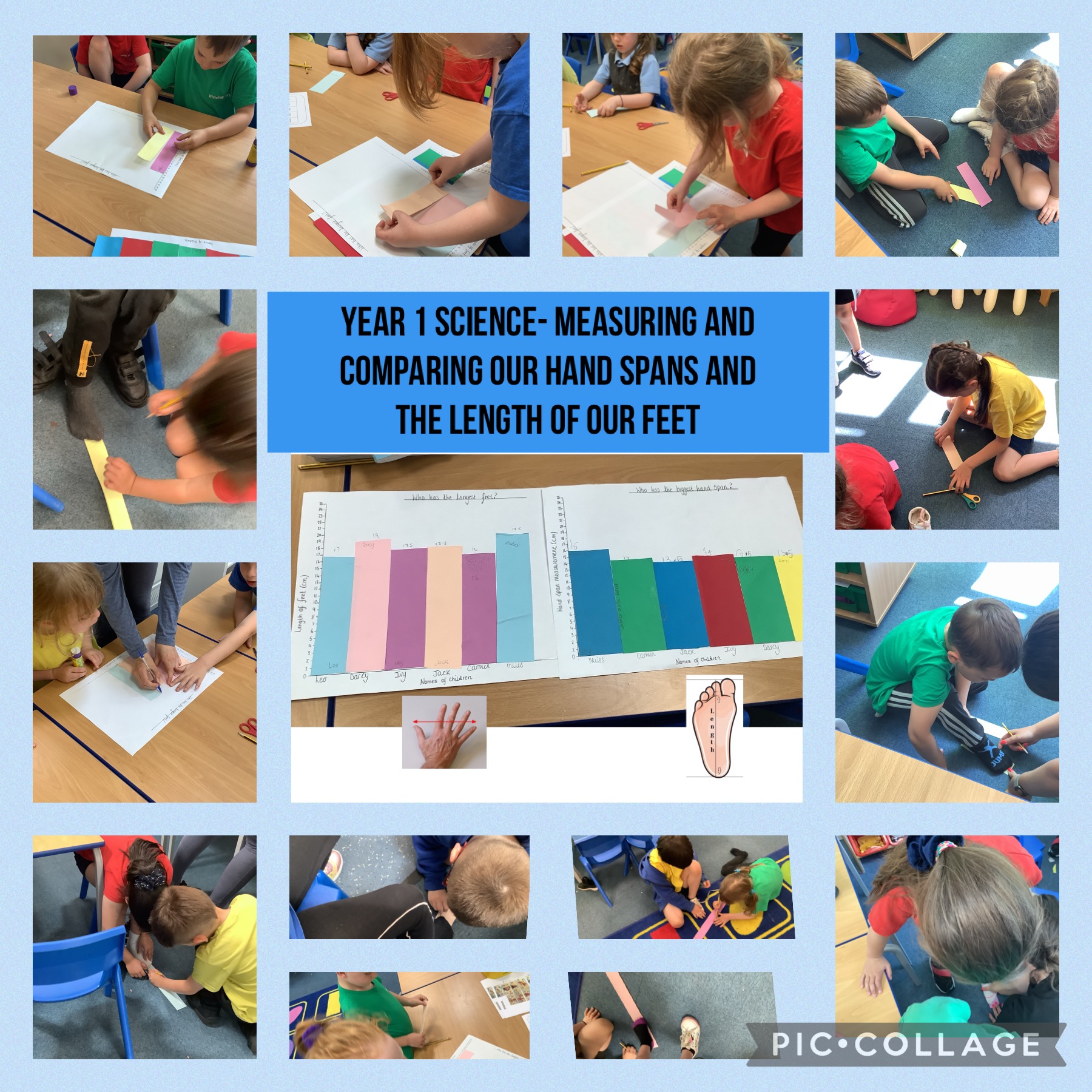
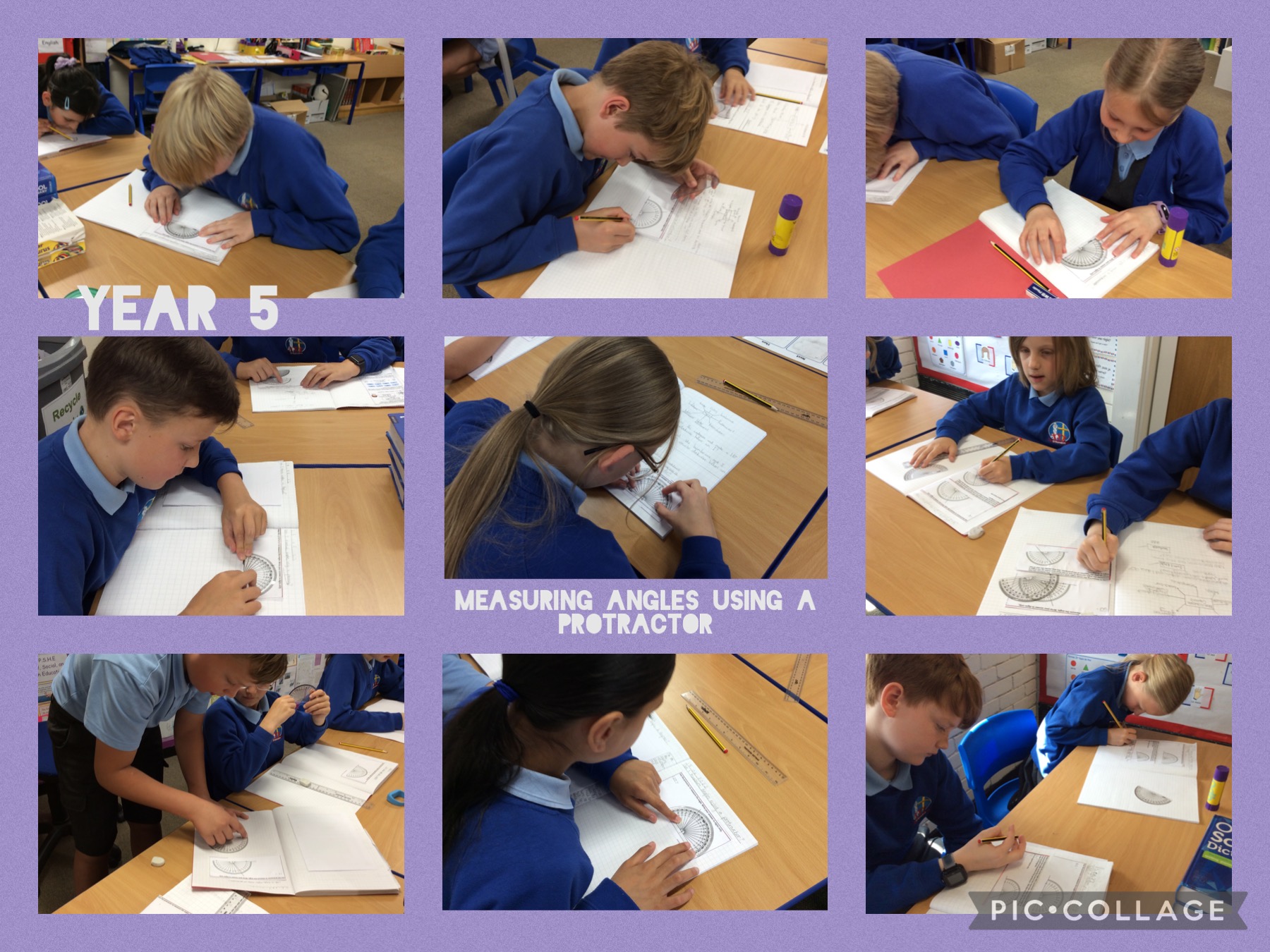
.jpeg)

